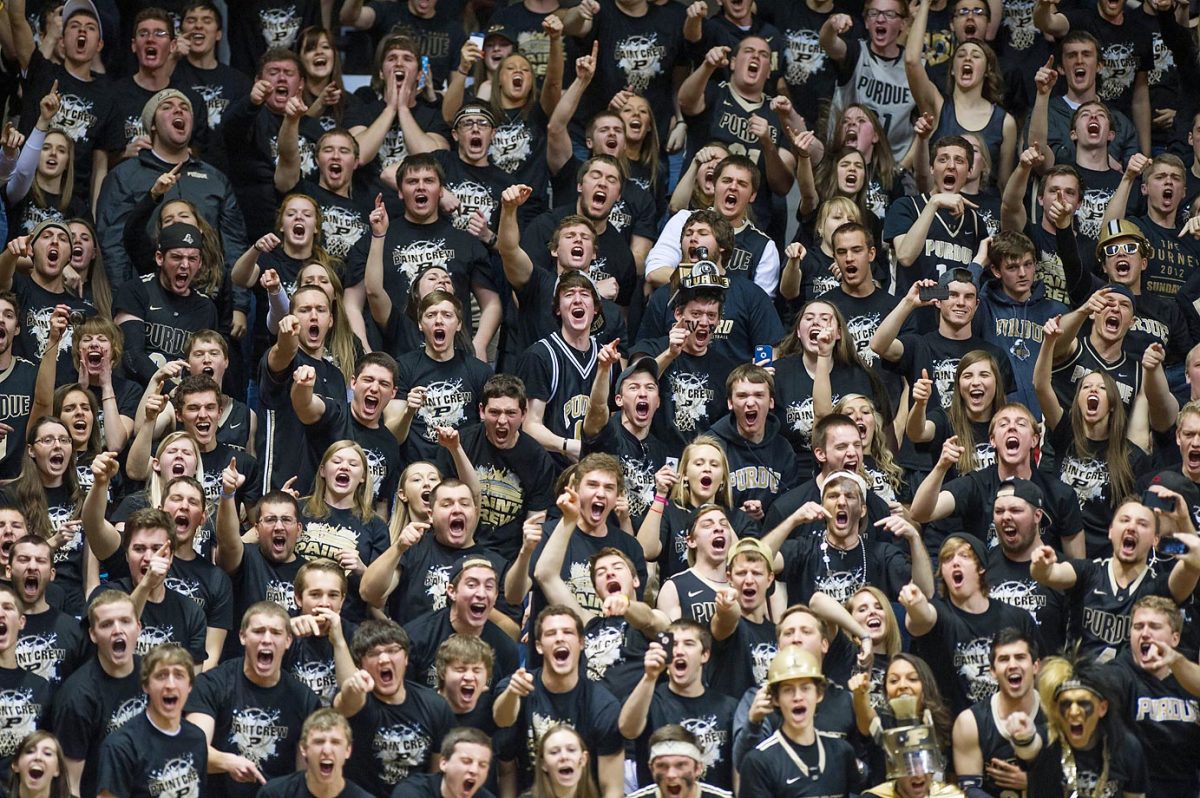Jim Boeheim's retirement shows Syracuse still hasn't learned

For years, Syracuse has exhibited the soullessness that is inherent with pursuing the spoils of big-time college sports—television exposure, millions of dollars and an indelible university identity. In doing so, it shrugged off NCAA investigations and persistent negative headlines as collateral damage. Who cares about probation, low graduation rates and the head coach cursing his way into YouTube lore? Certainly not Syracuse, as the school has shown consistently that it would gladly trade small bits of its soul for the glory and enrollment bump that comes with a Final Four run.
So Wednesday’s news that Hall of Fame coach Jim Boeheim, 70, intends to retire in three years is surprising only because his tenure seemed destined to end like those of college coaching legends, such as Bobby Bowden, who are forced into awkward exits after the glory fades. The question of whether the three-year window was Boeheim’s choice or the university’s will be the biggest one answered at a Thursday morning press conference where Boeheim is expected to speak. But no matter the spin, this feels like the type of resolution where a bunch of academics sat around after an avalanche of bad publicity and said, “We have to do something.”
Syracuse head coach Jim Boeheim to retire in three years
The first thing the school did was seemingly force athletic director Daryl Gross to resign. Then it put a clock on the end of Boeheim’s four-decade tenure. It allows the university suits to look themselves in the mirror without wincing and say that they stood up to big-time sports. That they really do take academic integrity seriously. That maybe the academic issues were caused by systemic indifference more than a rogue operations guy. What’s most notable here is that things have gotten so foul at Syracuse that even an institution with such high tolerance for athletic department shenanigans felt it needed to do something—anything—to show that the person in charge of the university resided in the chancellor's office and not the athletic department.
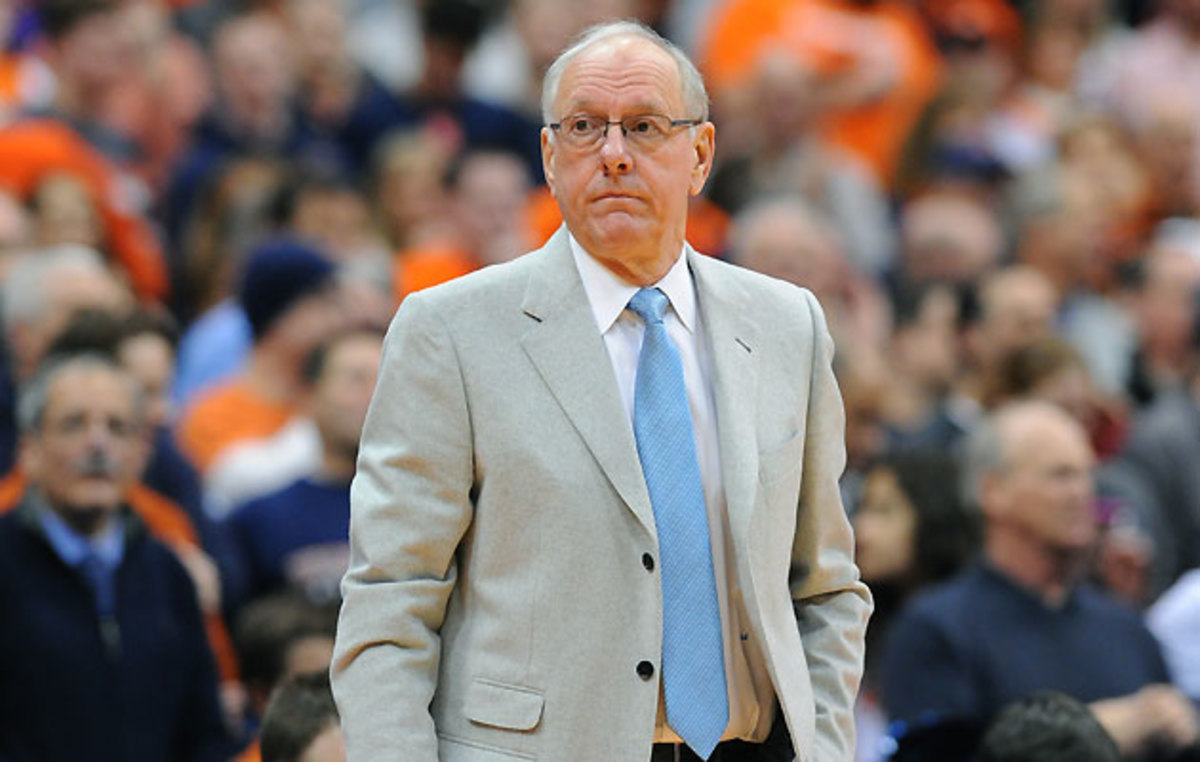
On March 6, the NCAA hit Syracuse with a bevy of penalties stemming from a nearly eight-year investigation into numerous violations in the basketball program. Those penalties included a nine-game ACC suspension for Boeheim, five years probation and 108 wins vacated from Boeheim’s record. The report took on a scathing tone that cut to the heart of the university’s ideals. That included a “violation of the most fundamental core values of the NCAA and higher education.” And also: “The desire to achieve success on the basketball court over academic integrity, demonstrated clearly misplaced institutional priority.”
Said Tom Yeager, the Colonial Athletic Association commissioner and a former chair of the NCAA Committee on Infractions: “The words in a report are chosen very, very specifically. It’s written by a bunch of lawyers. If strong language was selected, there was an unequivocal basis for it.”
The university had already chosen to self-impose a one-year postseason ban, giving Boeheim two postseason bans on his record for his career. (The other came in 1993, for a series of NCAA violations.) This set of NCAA findings—which the university will appeal—put another permanent stain on Boeheim’s record, and assures him a place on the Mt. Rushmore of NCAA basketball cheaters.
But as the announcement unfolded, no entity looked worse than the university itself. The NCAA cited four instances of academic fraud and essentially called out the school for sacrificing its academic reputation for athletic glory. So what did the university do to respond? It released a letter from chancellor Kent Syverud that read like a point-by-point message board manifesto against the NCAA’s findings. It ignored the tone and severity of what the NCAA reported and instead fought back. (It even included a priceless passage referencing the Black Sox scandal, the epitome of the entire botched public relations move.)
• MORE CBB: SI experts share their NCAA tournament brackets
Expect Boeheim to fire back at the NCAA on Thursday. But the overlooked reality of Syracuse’s NCAA case is that it was caught red-handed. This is an era where the NCAA investigative staff has been neutered, turned over and is somehow even more impotent since the botched Miami investigation two years ago. Not only did the NCAA Inspector Gadgets catch Syracuse, but they did so fully and thoroughly—computer tracings of academic fraud, bank records for funneling money and ignored drug test results—that there shouldn’t really be much to argue about. Syracuse not only got caught breaking the fundamental rules of the NCAA, but it also did so glaringly and obviously that the punishment required serious repercussions.
I attended Syracuse and covered the program for the local paper, The Post-Standard, for three years after graduating in 1999. From dealing with Boeheim on multiple arrests and suspensions of his players over the years, his only way of handling them is fighting and arguing over every detail like it’s a block/charge call. Boeheim’s competitiveness—the same trait that’s driven him to the Hall of Fame and made him a seminal figure in the university’s history—can also be his weakness. This showed up most famously when he called the molestation allegations of former ball boys against assistant coach Bernie Fine as “a bunch of a thousand lies” and said they were out for money.
And on Thursday, it will be stunning if Boeheim does anything but argue his case right down to the last detail. It’s all he’s ever done. It’s the only way he knows. But at this point, the appetite to listen and believe, beyond the hardcore fan, is limited.
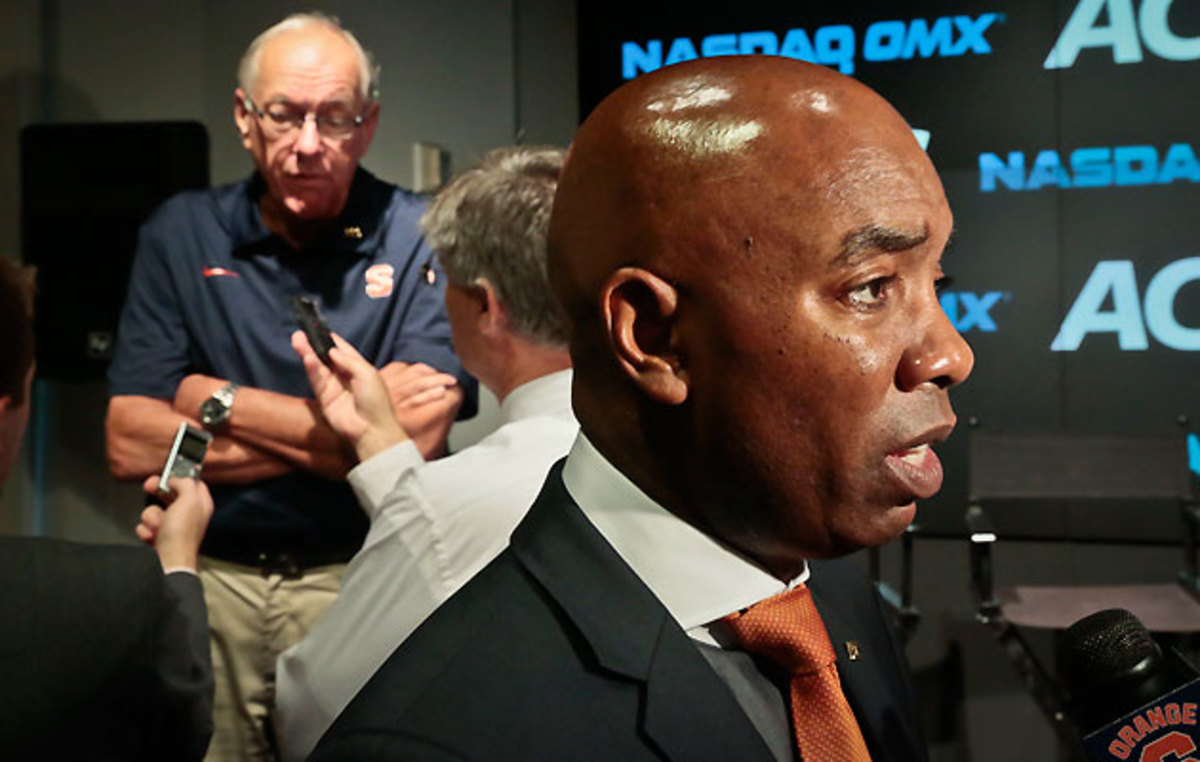
The departure of Gross is the least surprising reverberation of the fallout. (He claimed in an interview with Syracuse.com on Wednesday that it was his choice to step down, which seems hard to believe). Even after 10 years, Gross was never fully embraced in central New York. He began his tenure by firing football coach Paul Pasqualoni and hiring Greg Robinson, which started a spiral into football irrelevancy that’s only been interrupted by brief snippets of mediocrity. He ends his tenure with the basketball program missing a year of postseason play because of self-imposed sanctions, on five years probation and amid as serious an athletic scandal as the university has ever seen.
In between, the school moved to the ACC and made long-overdue facilities upgrades. But in the end, Gross’ inglorious departure should offer a reminder that he oversaw USC football as a senior associate athletic director during its heyday in the early 2000s, and that run ended with a vacated BCS title and significant NCAA sanctions. (Gross has more direct involvement in the Syracuse report, as he led the infamous meeting with school officials to attempt to get former basketball player Fab Melo eligible.)
What we’ve learned from all this is that Syracuse will pause, reshuffle the deck and continue its relentless pursuit of athletic success. There will be some new administrators brought in and they will recite the same clichés. But the school’s actions throughout this investigation show that the university’s top priority is getting back to the top in the big business of college athletics. At Syracuse, that’s all they really know.
GALLERY: WHICH NCAA TOURNAMENT TEAM HAS THE ZANIEST FANS?
March Madness Superfans: Which Team Has the Zaniest Fans?
Georgia State Panthers
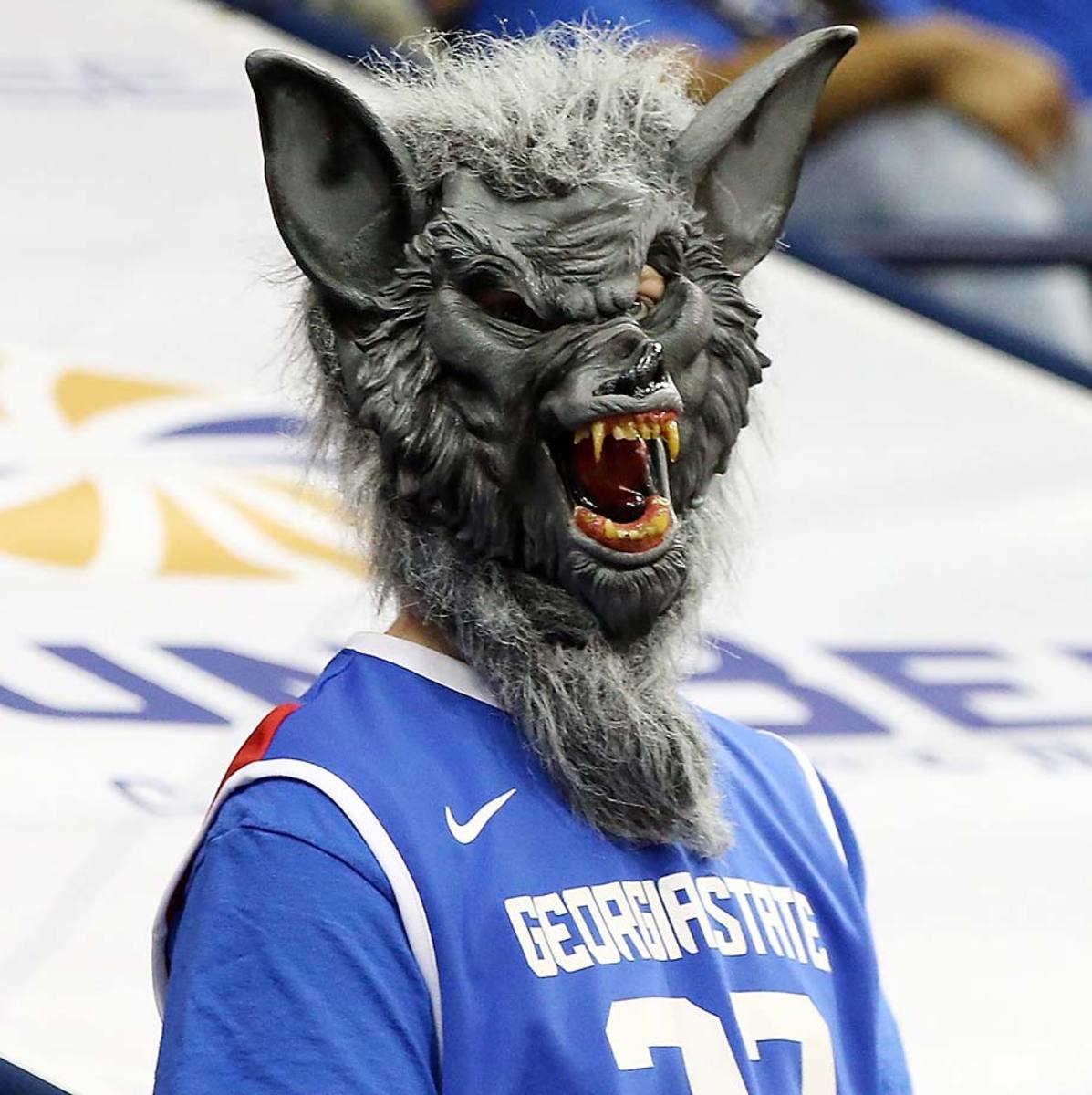
We searched our 2014-15 database to find photos of the fans who cheered their teams on to the Big Dance.
Georgia State Panthers
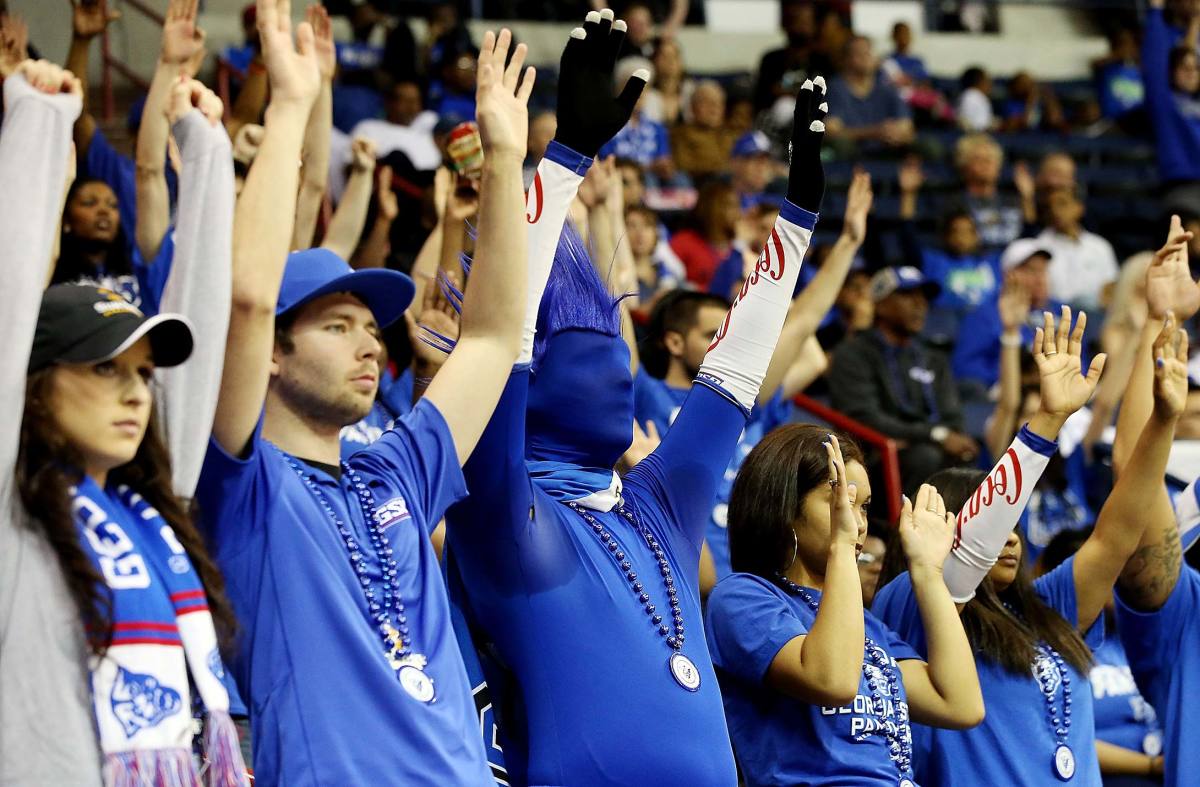
Davidson Wildcats
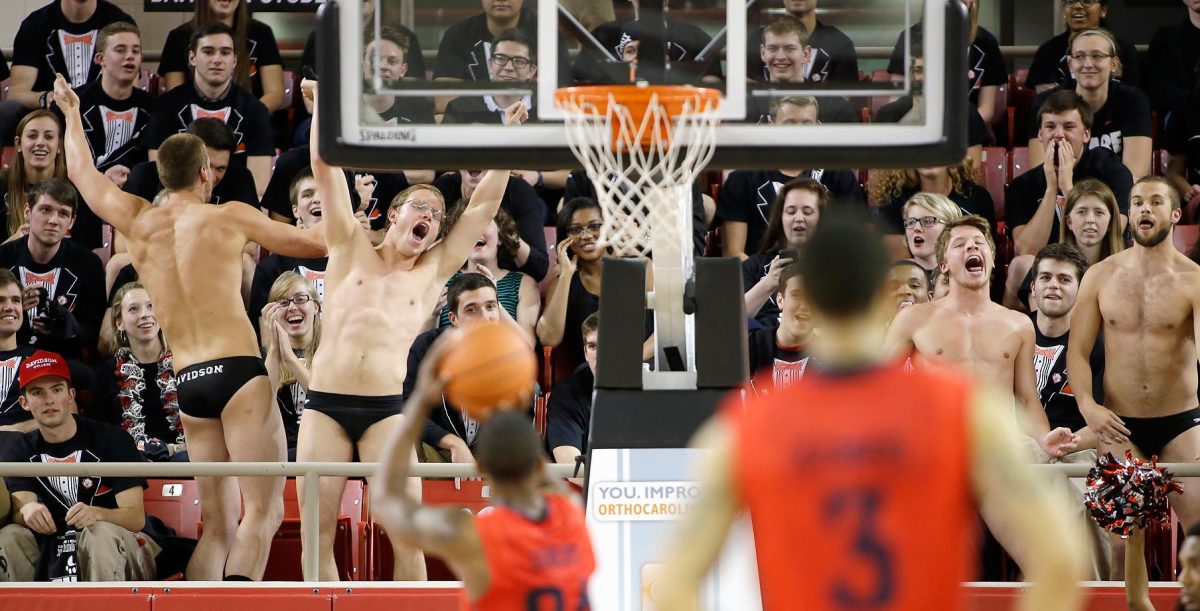
Cincinnati Bearcats
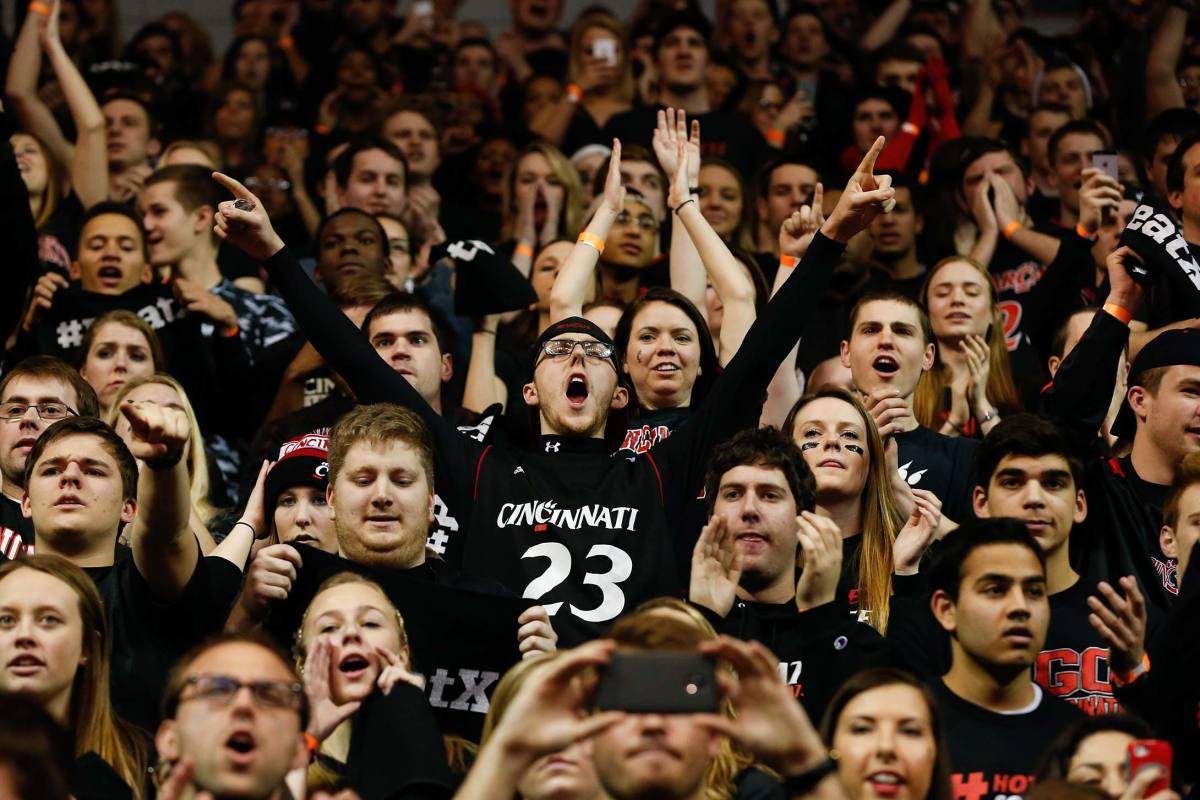
Cincinnati Bearcats
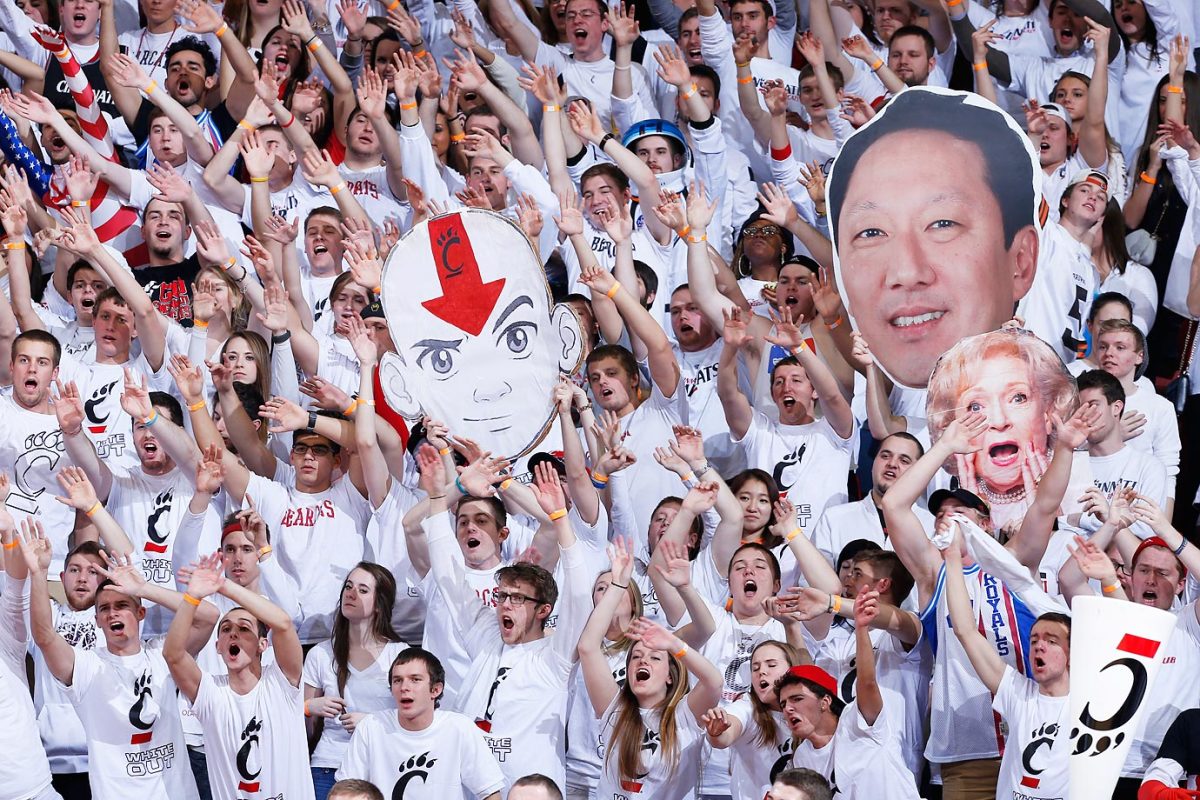
Cincinnati Bearcats
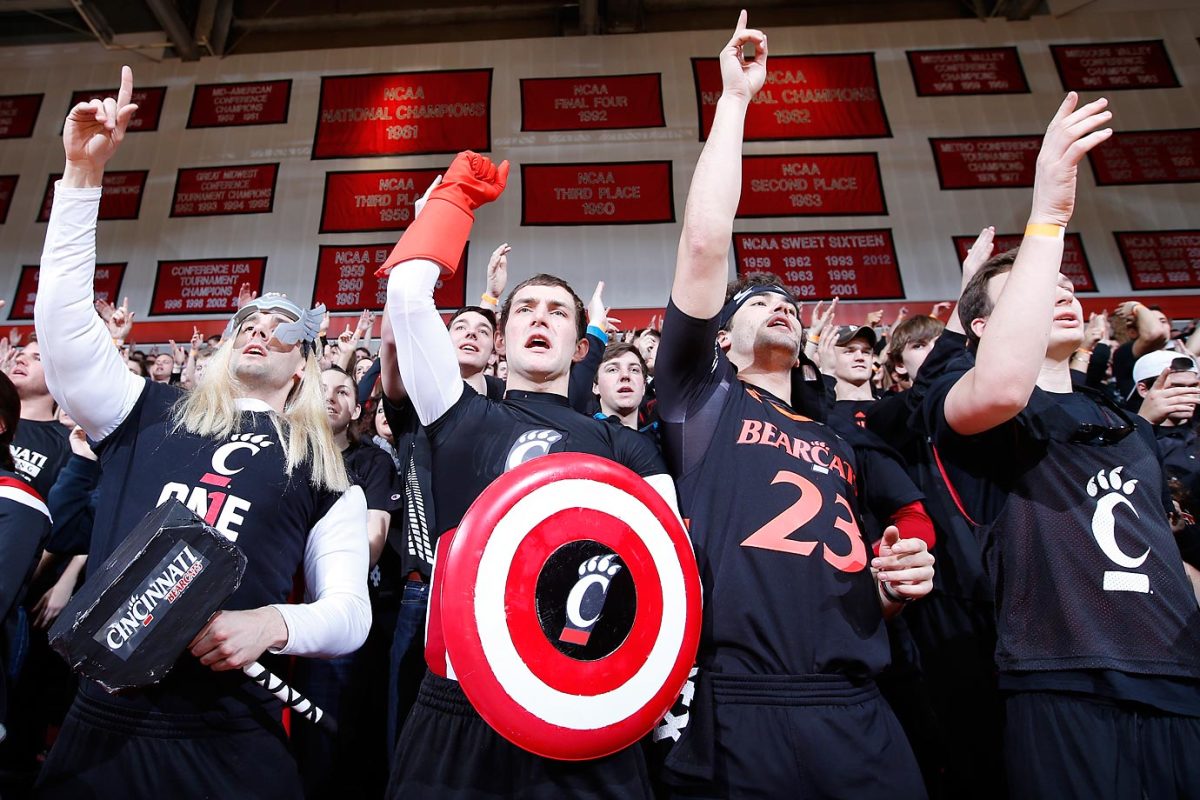
Harvard Crimson
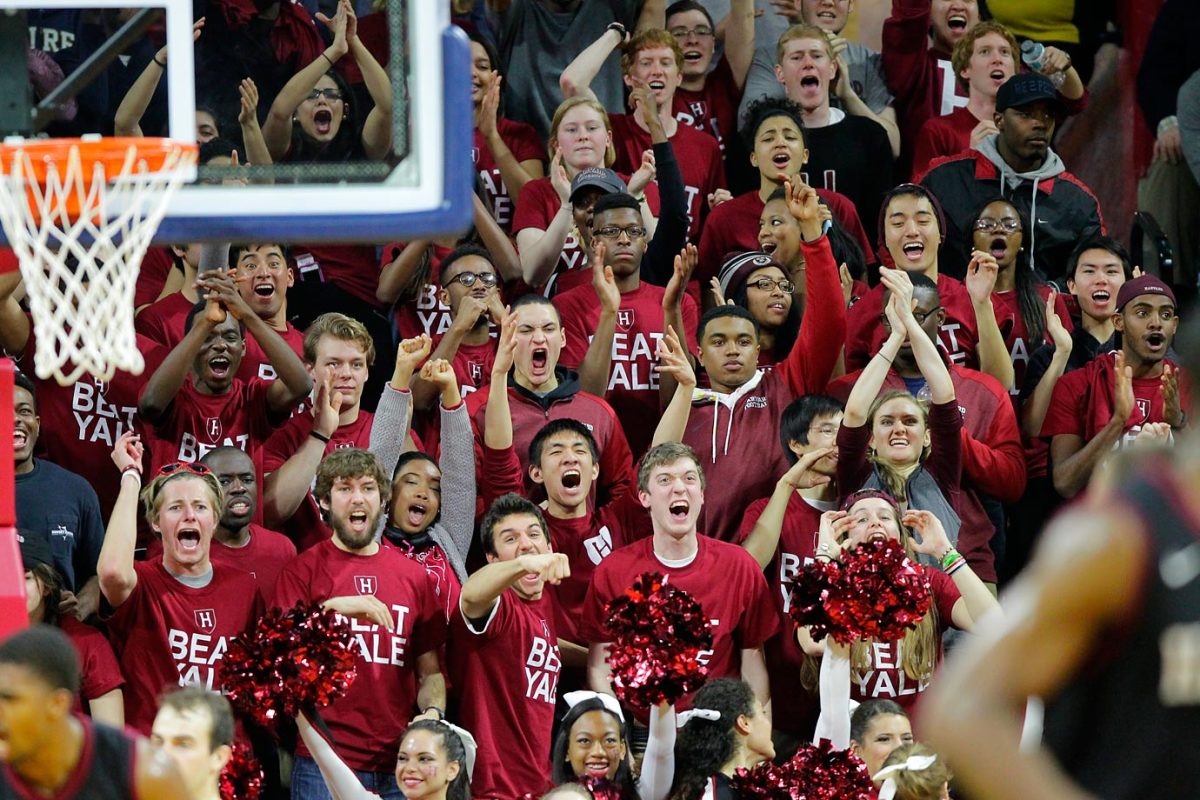
Harvard Crimson
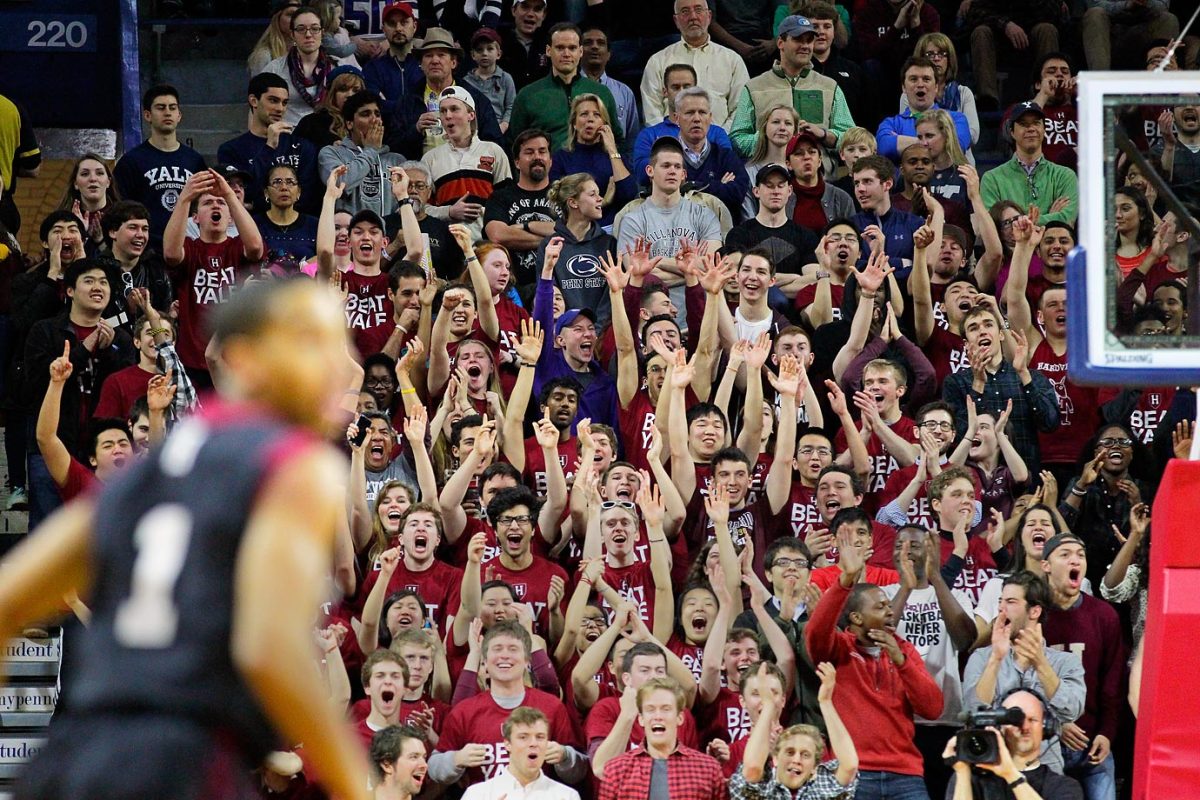
Harvard Crimson
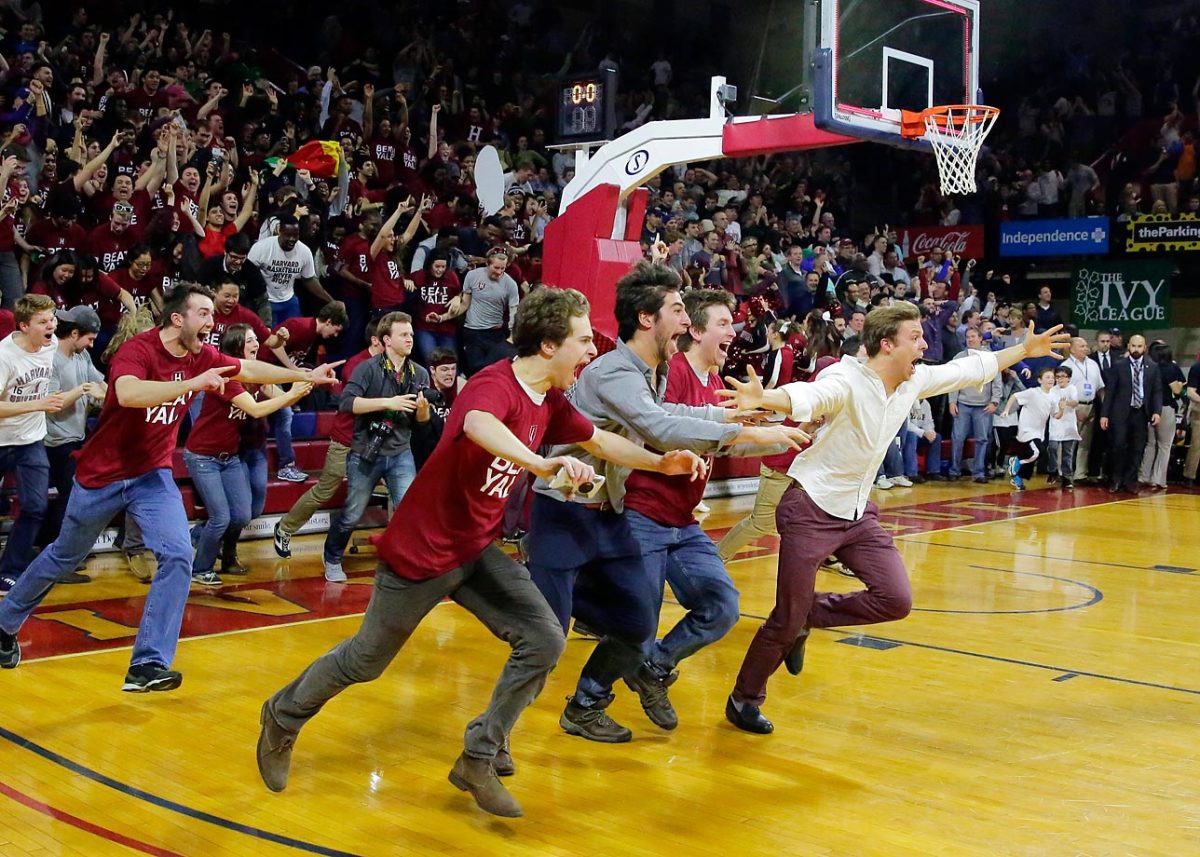
Wyoming Cowboys
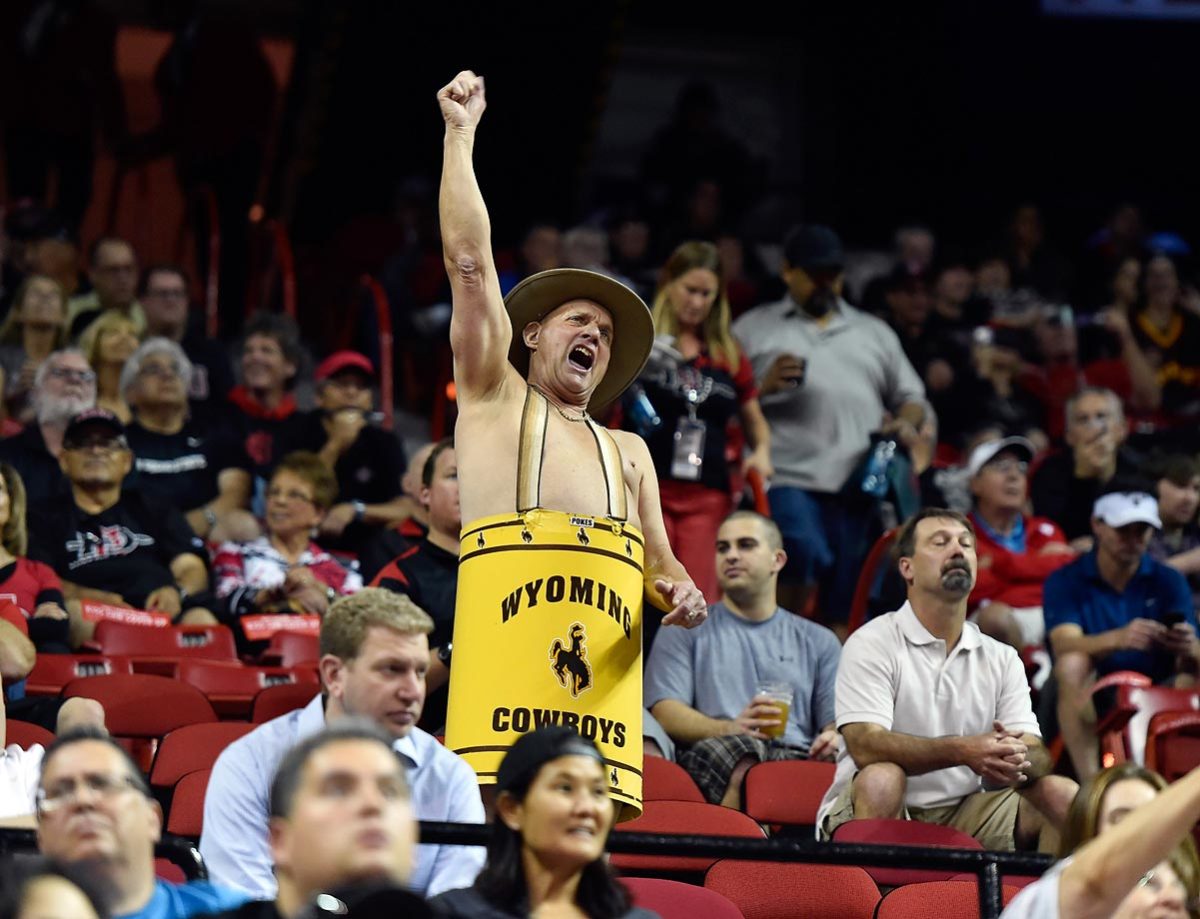
Wyoming Cowboys
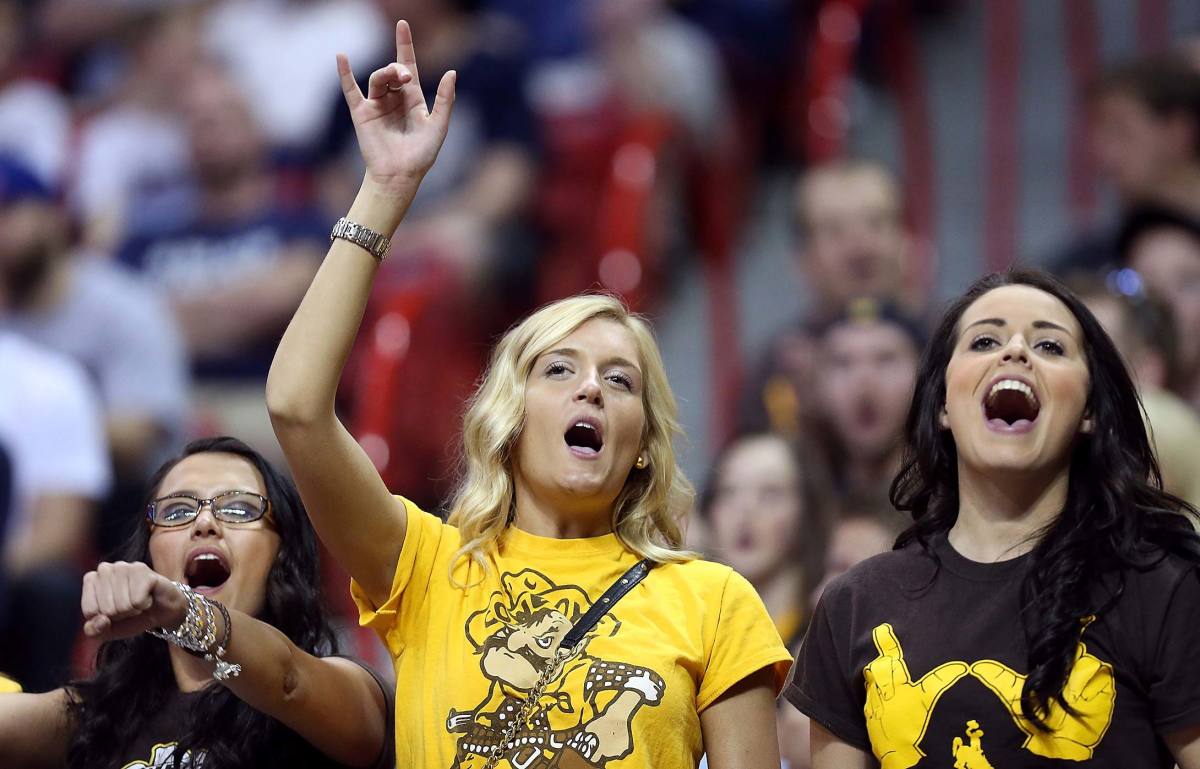
Georgia Bulldogs
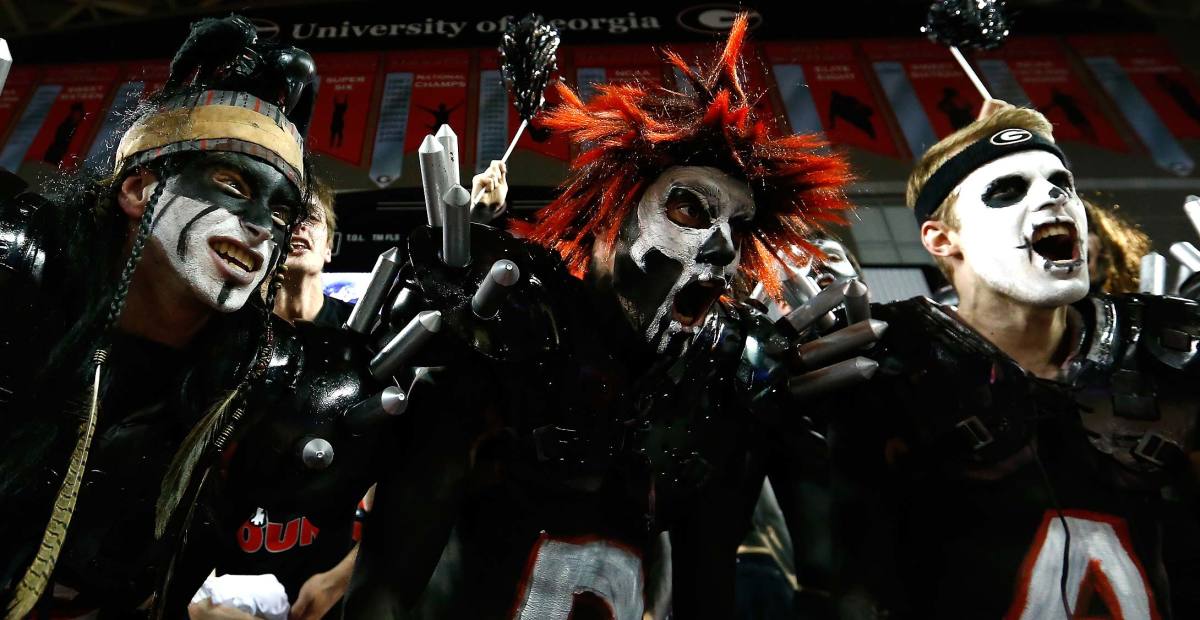
Georgia Bulldogs
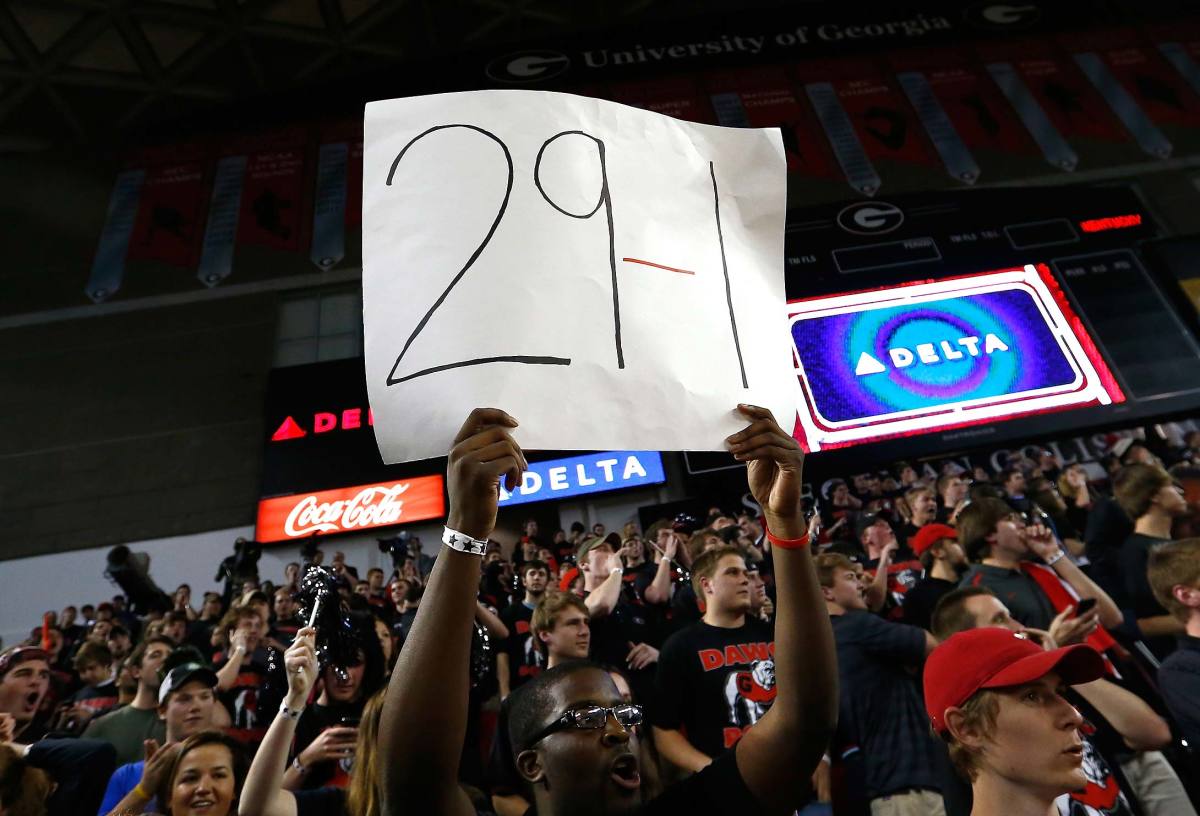
Virginia Commonwealth Rams
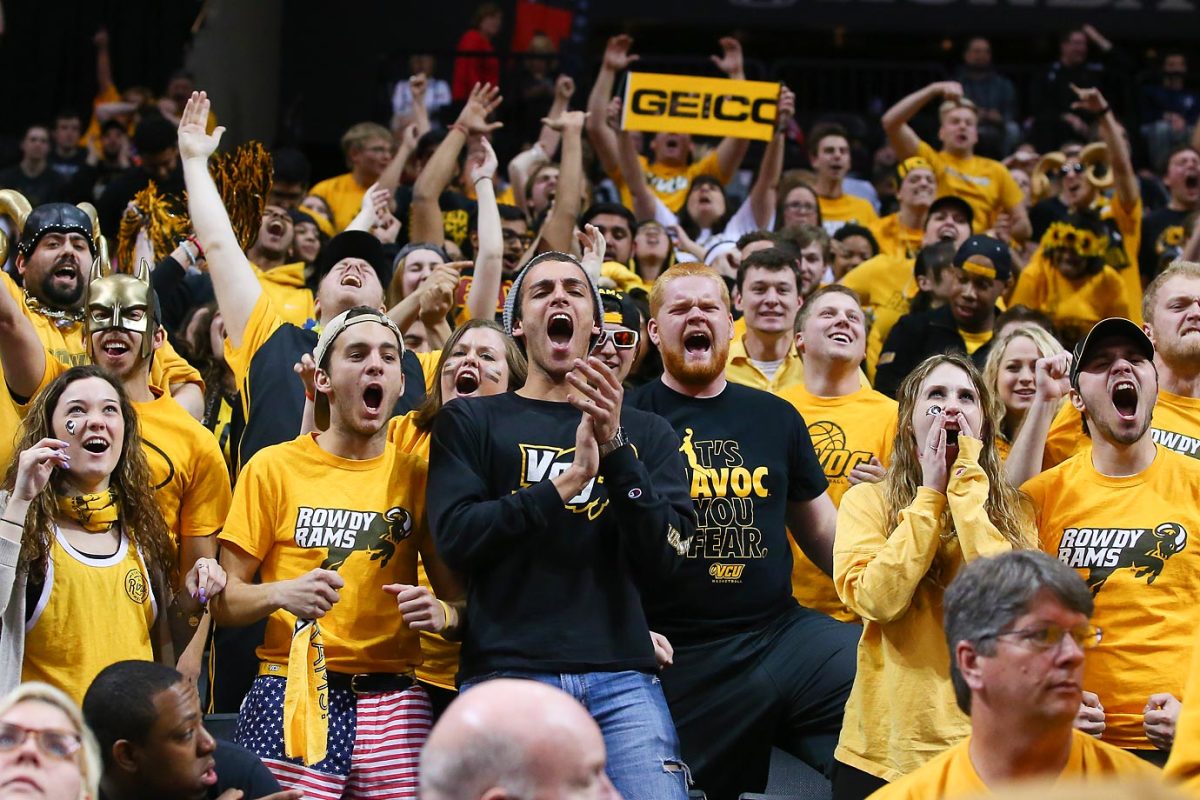
VCU Rams

Xavier Musketeers
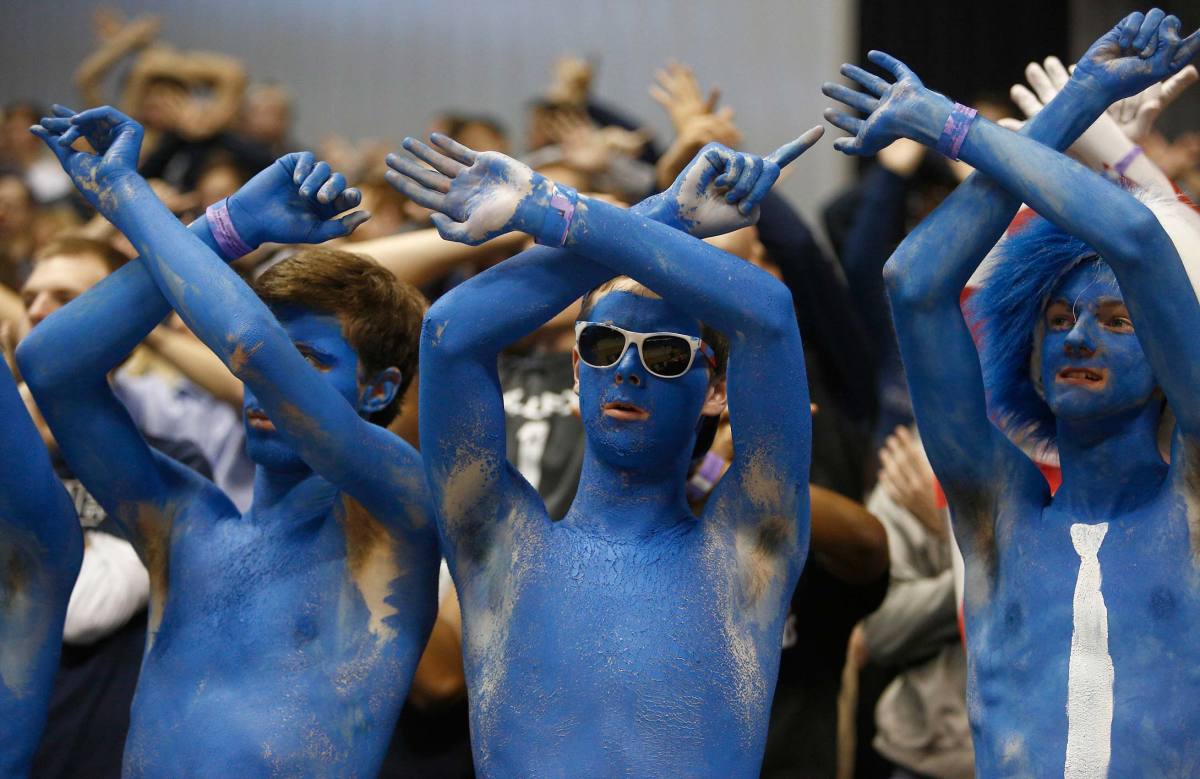
Xavier Musketeers
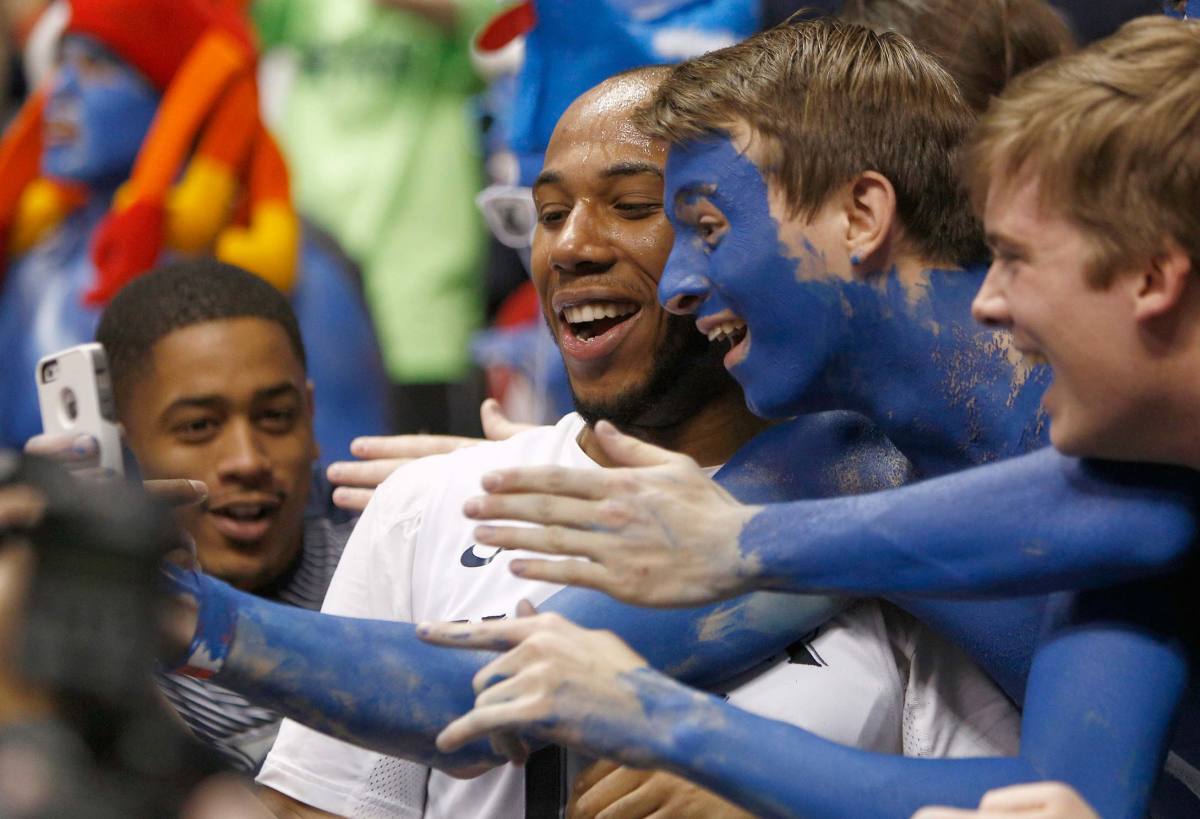
Gonzaga Bulldogs
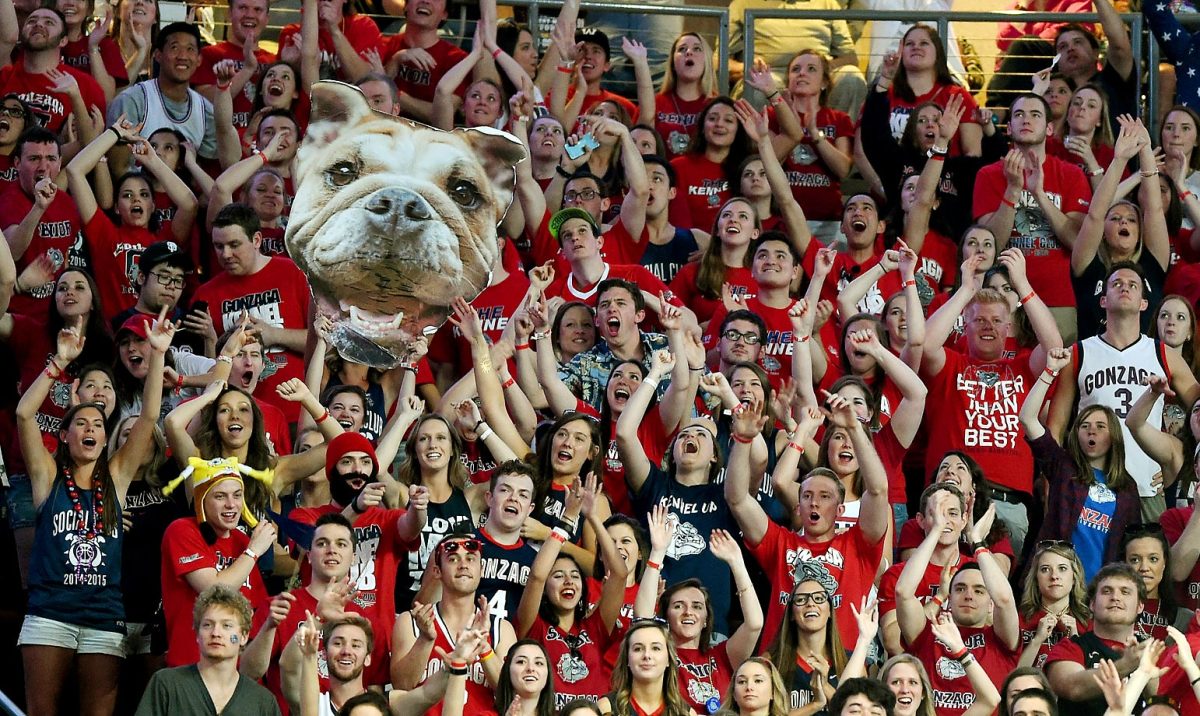
Gonzaga Bulldogs
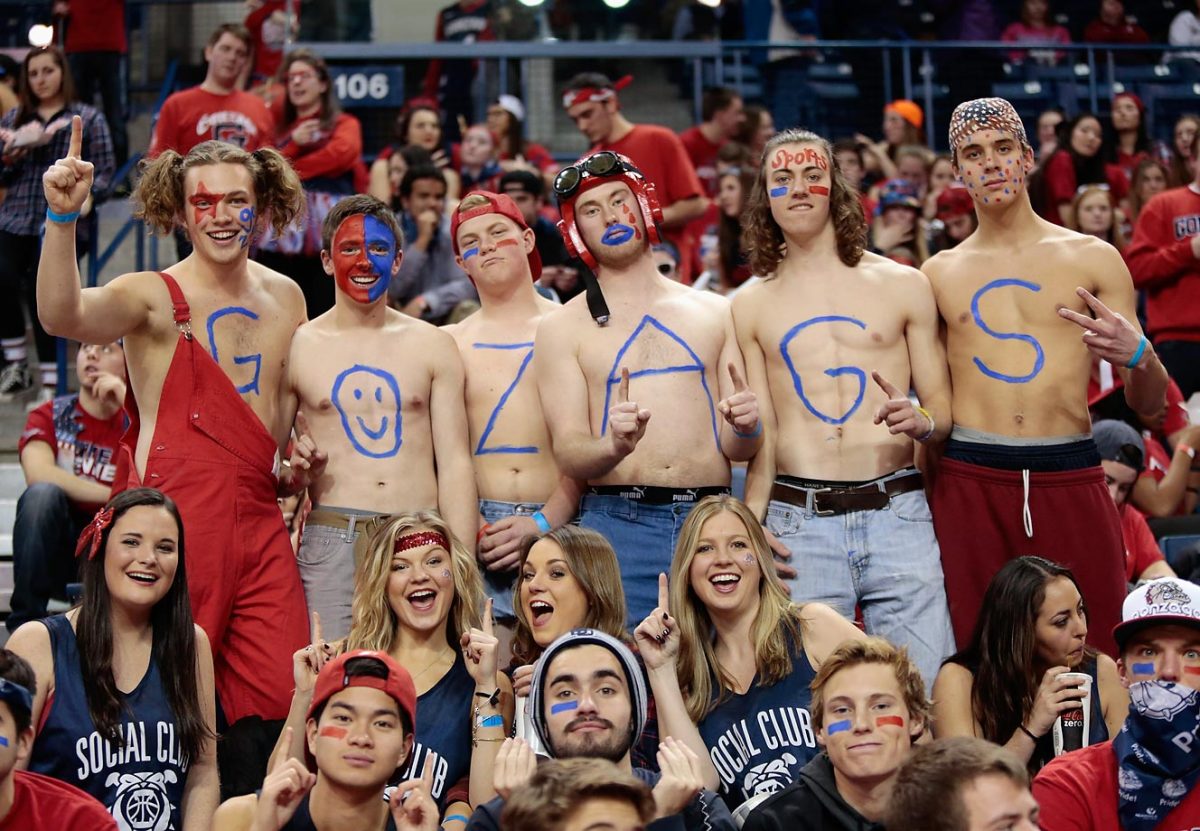
Boise State Broncos
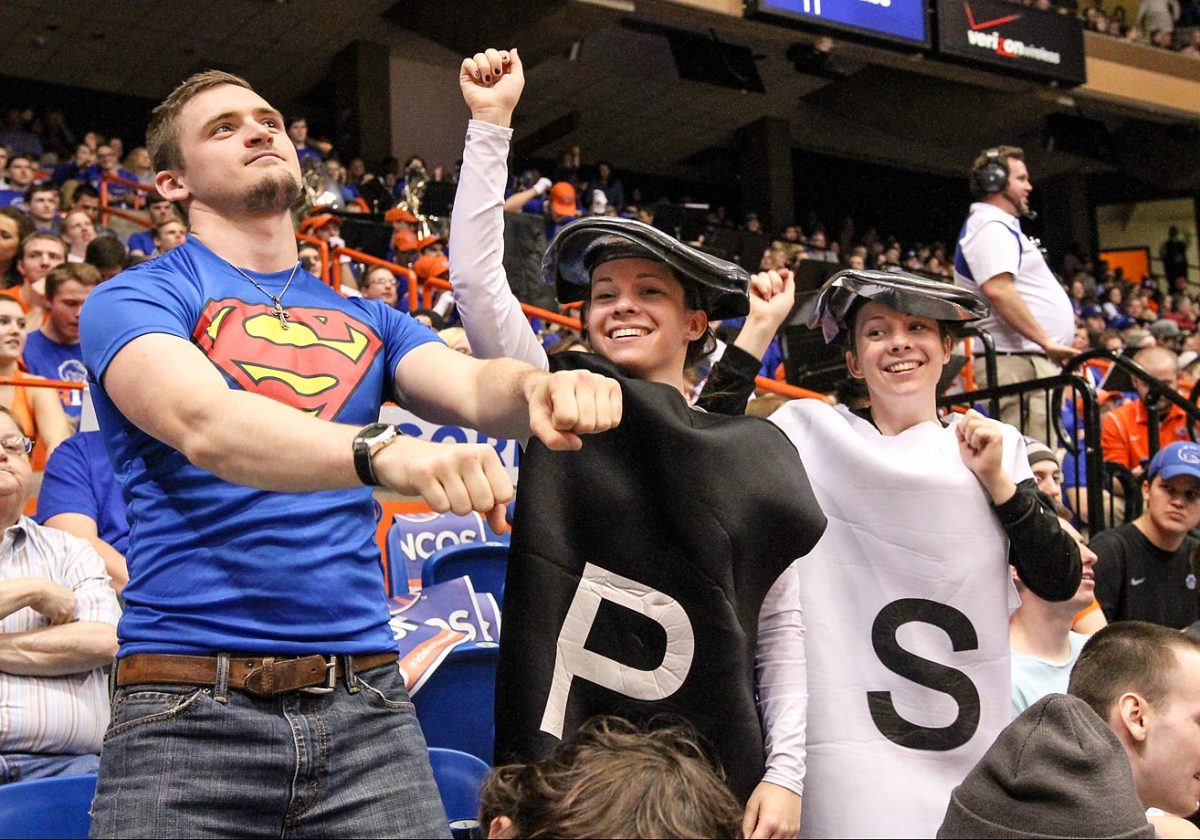
Boise State Broncos
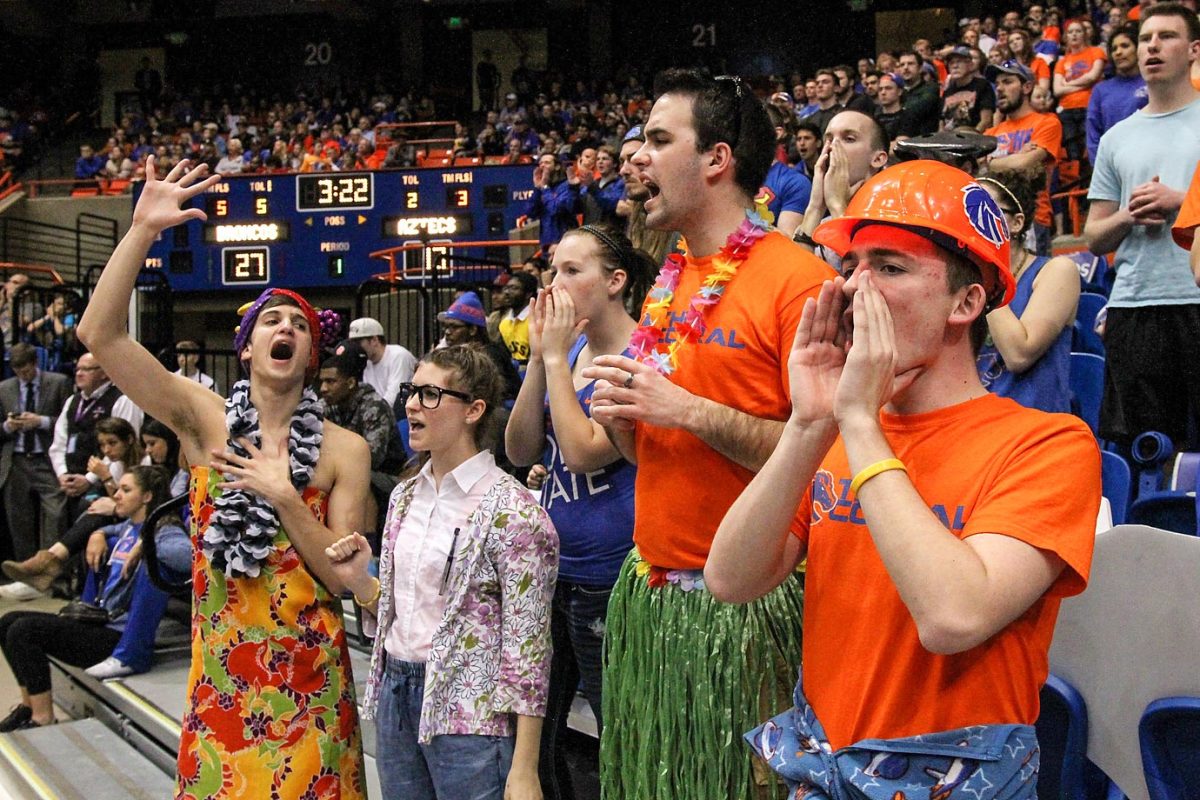
Brigham Young Cougars
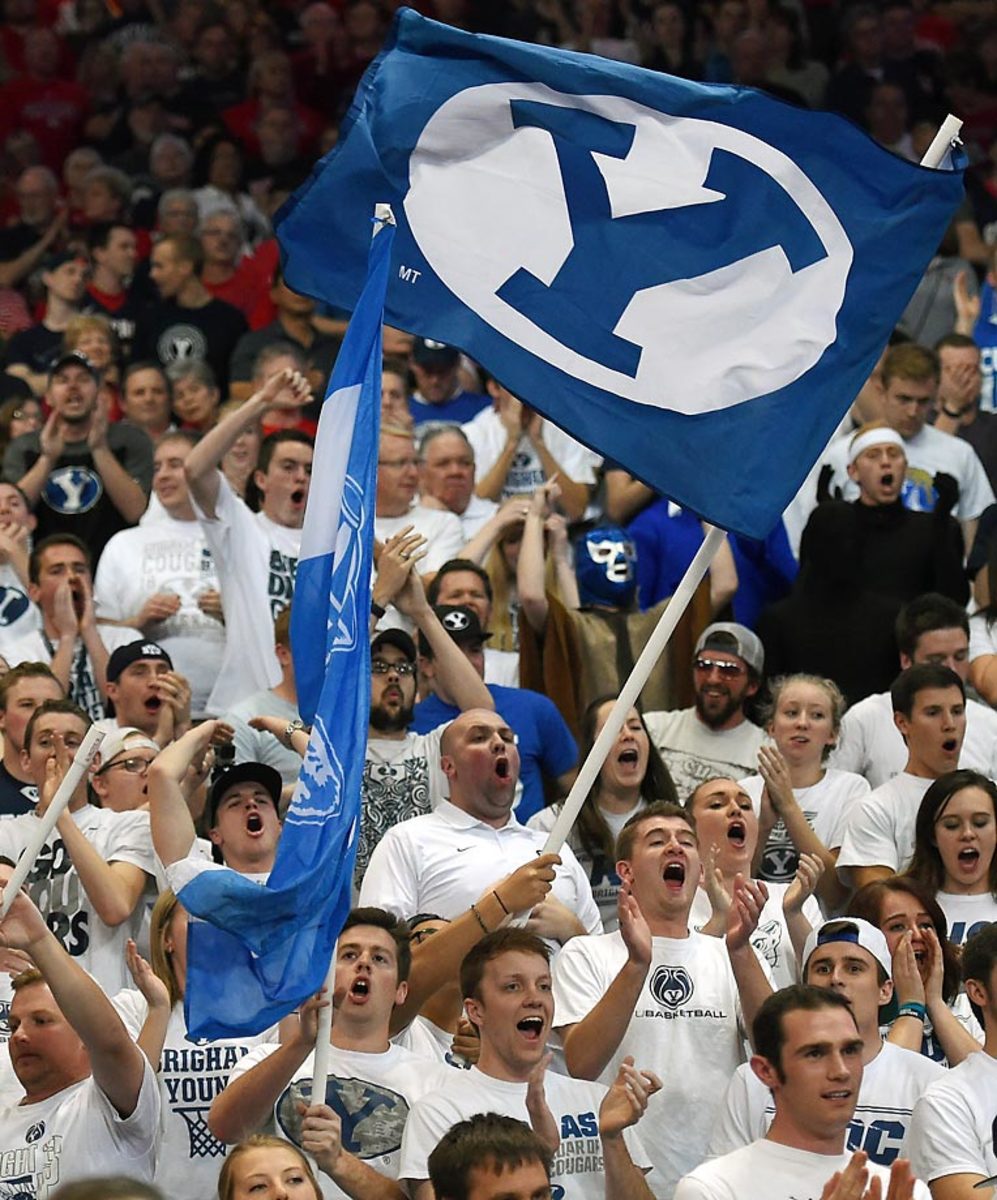
UAB Blazers
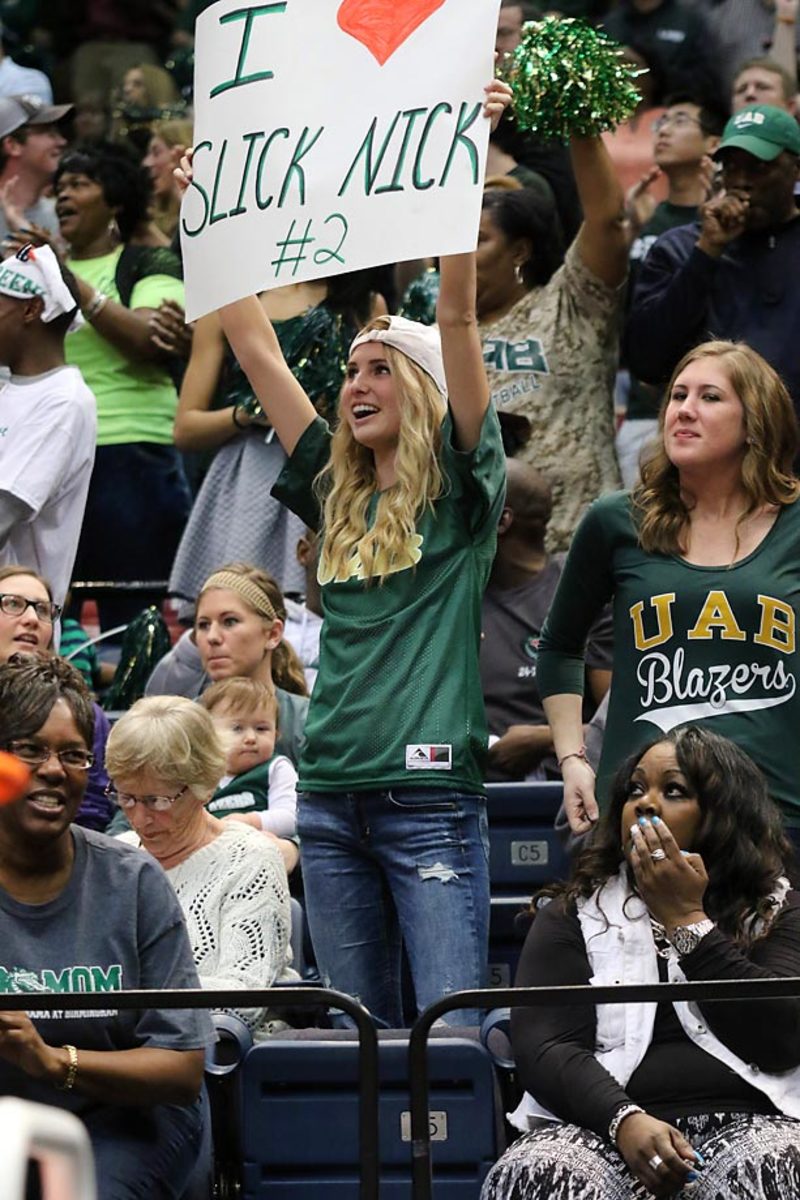
UAB Blazers
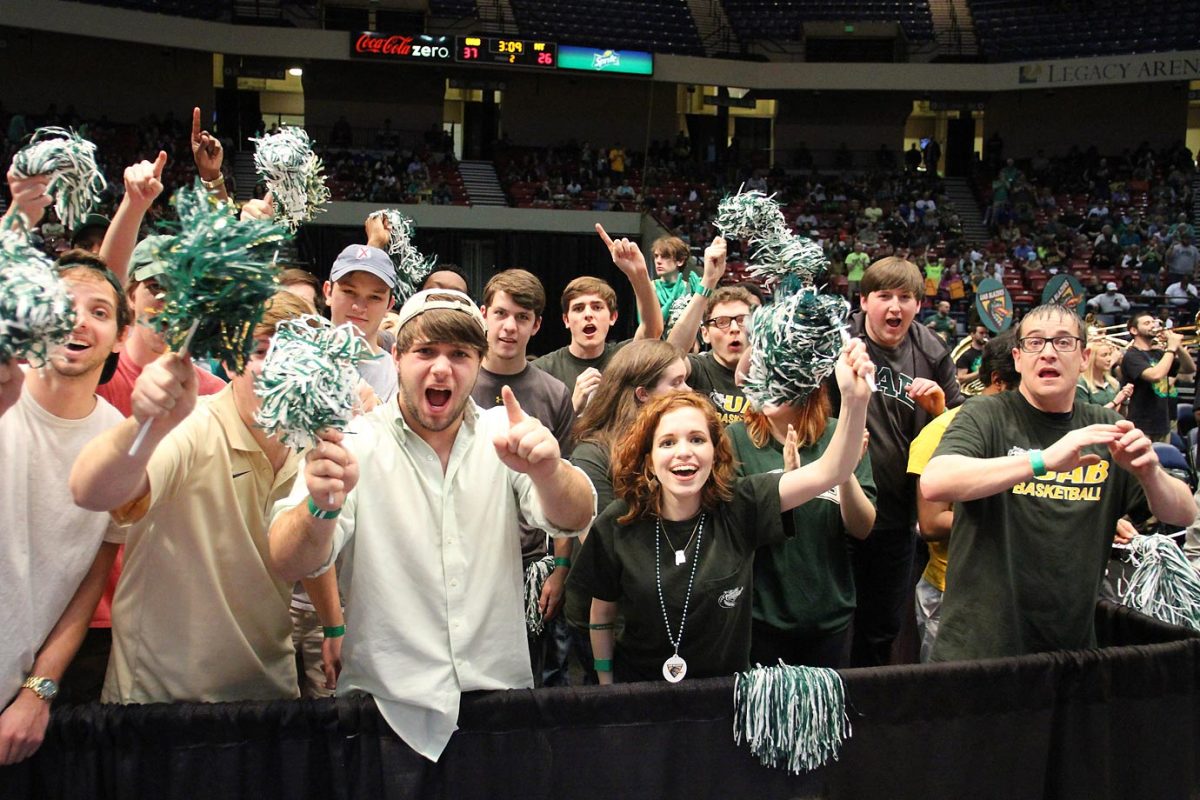
UAB Blazers
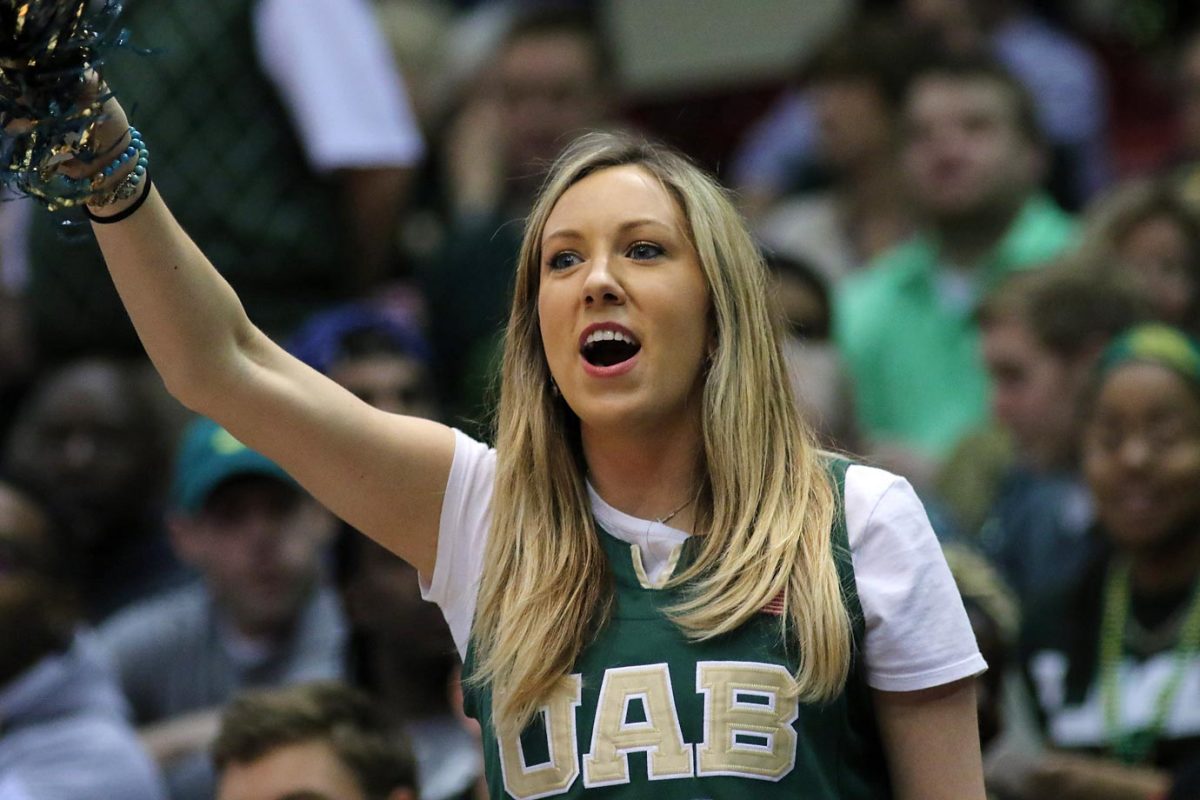
Notre Dame Fighting Irish
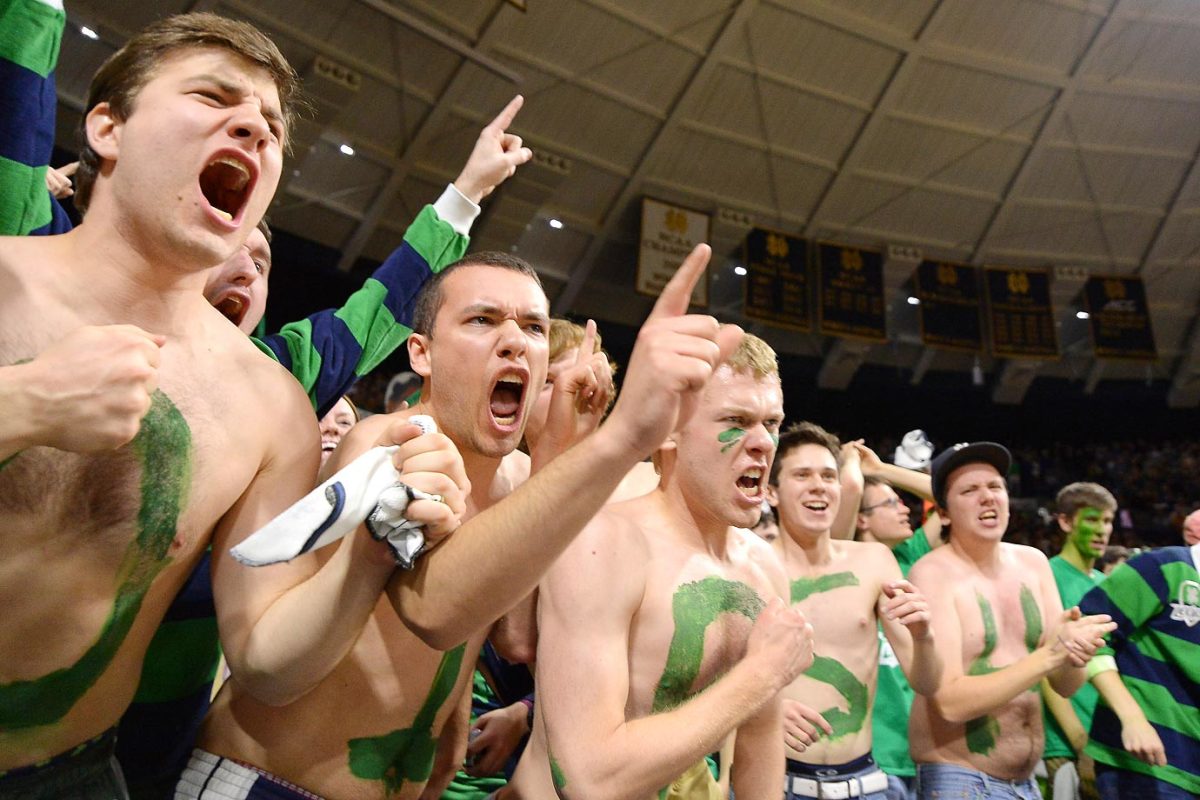
Notre Dame Fighting Irish
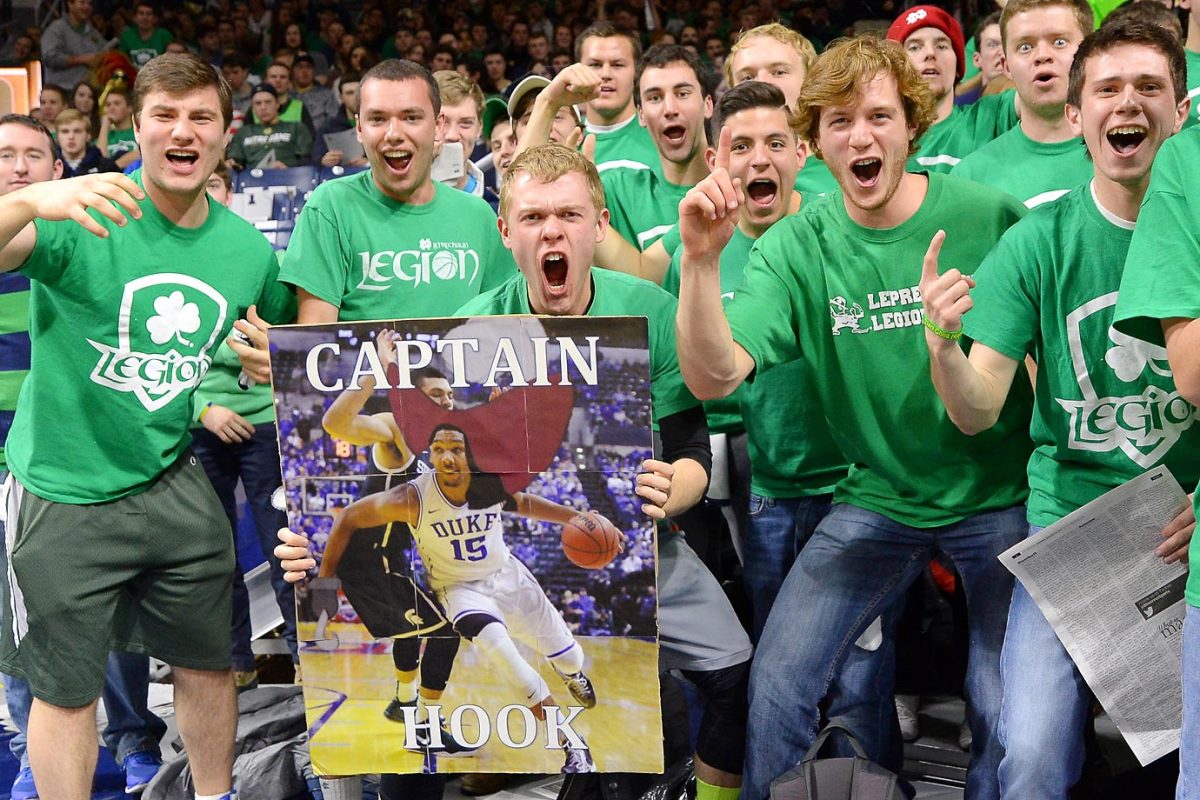
SMU Mustangs
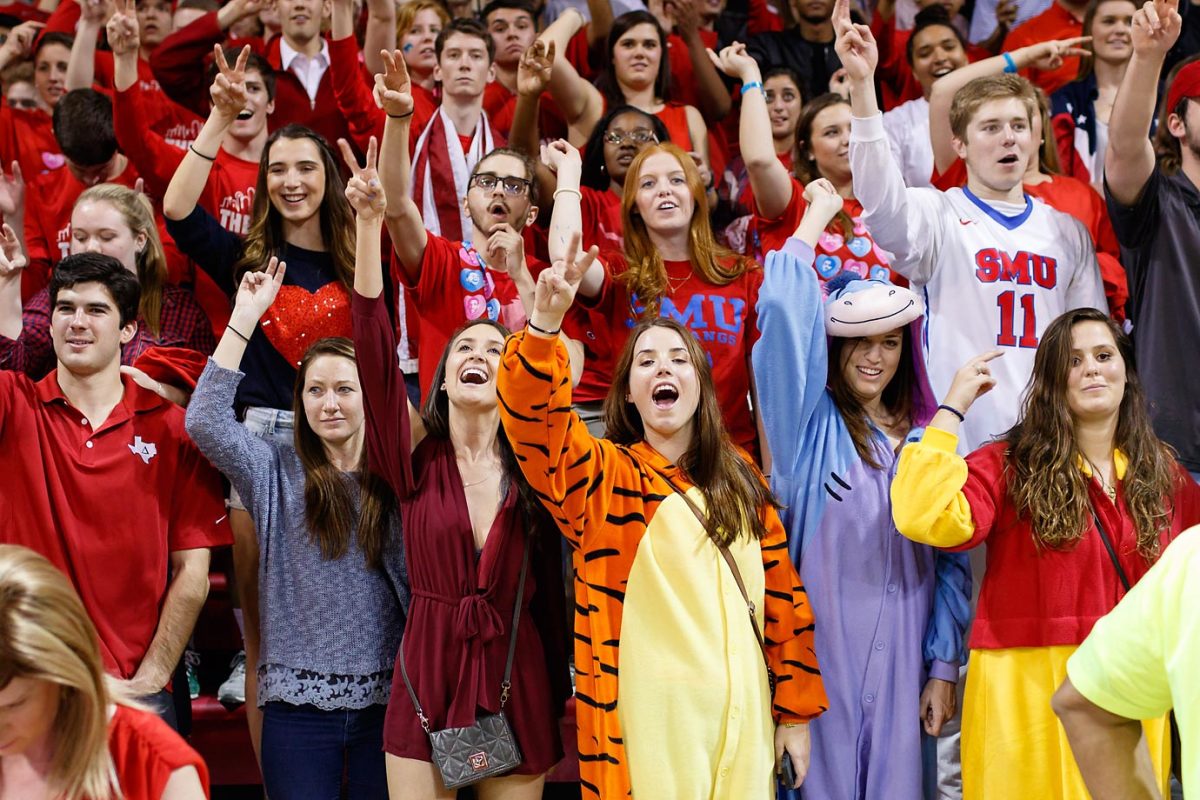
SMU Mustangs
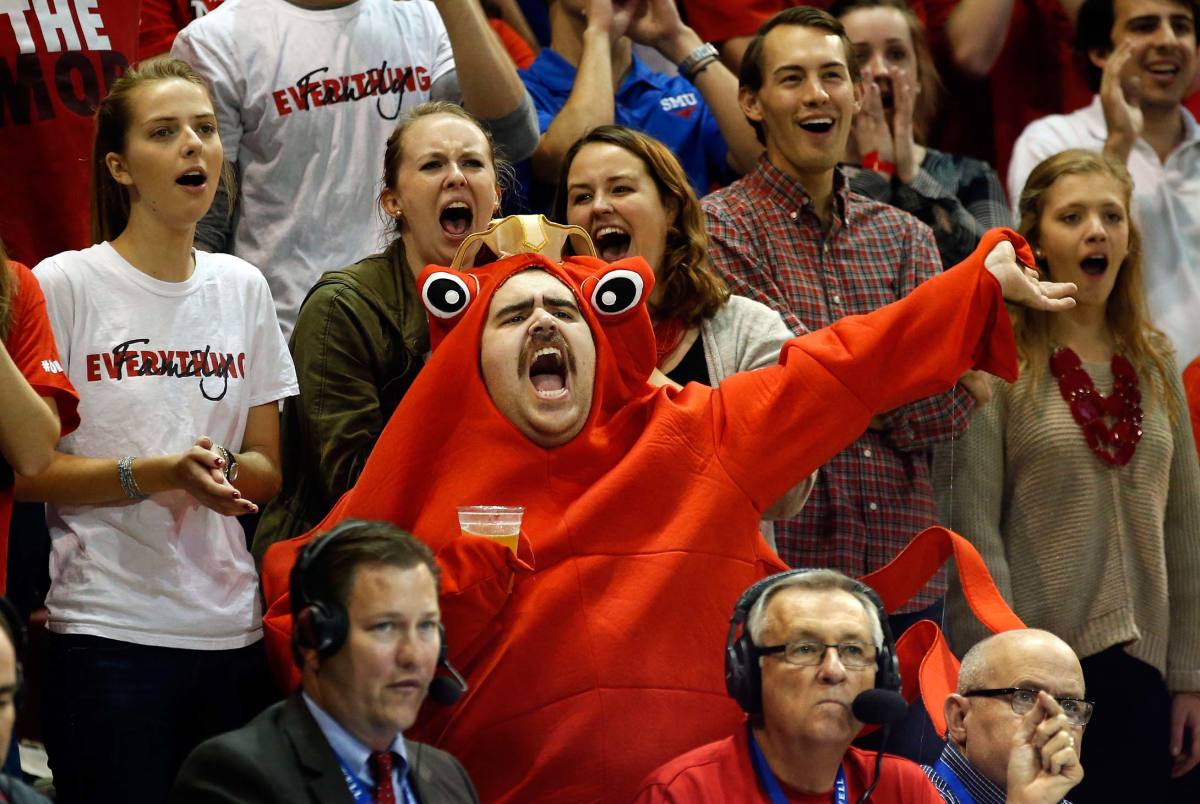
Butler Bulldogs
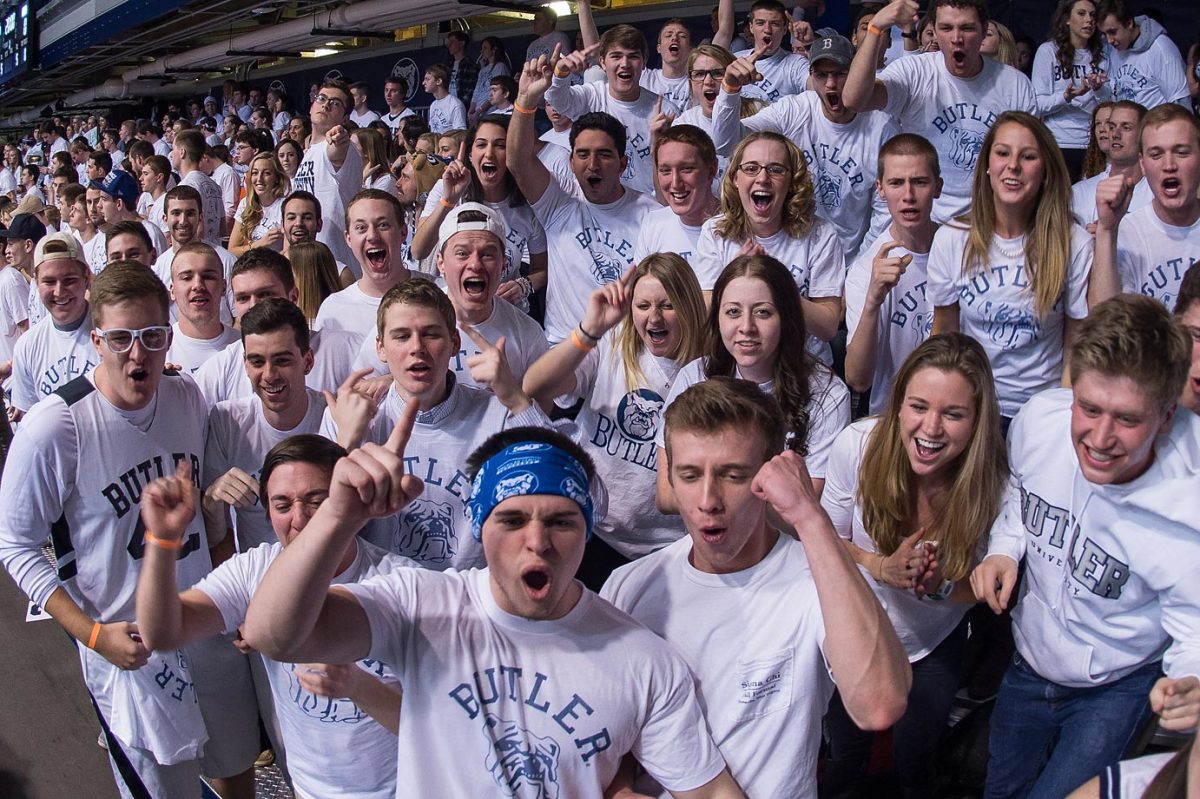
Butler Bulldogs
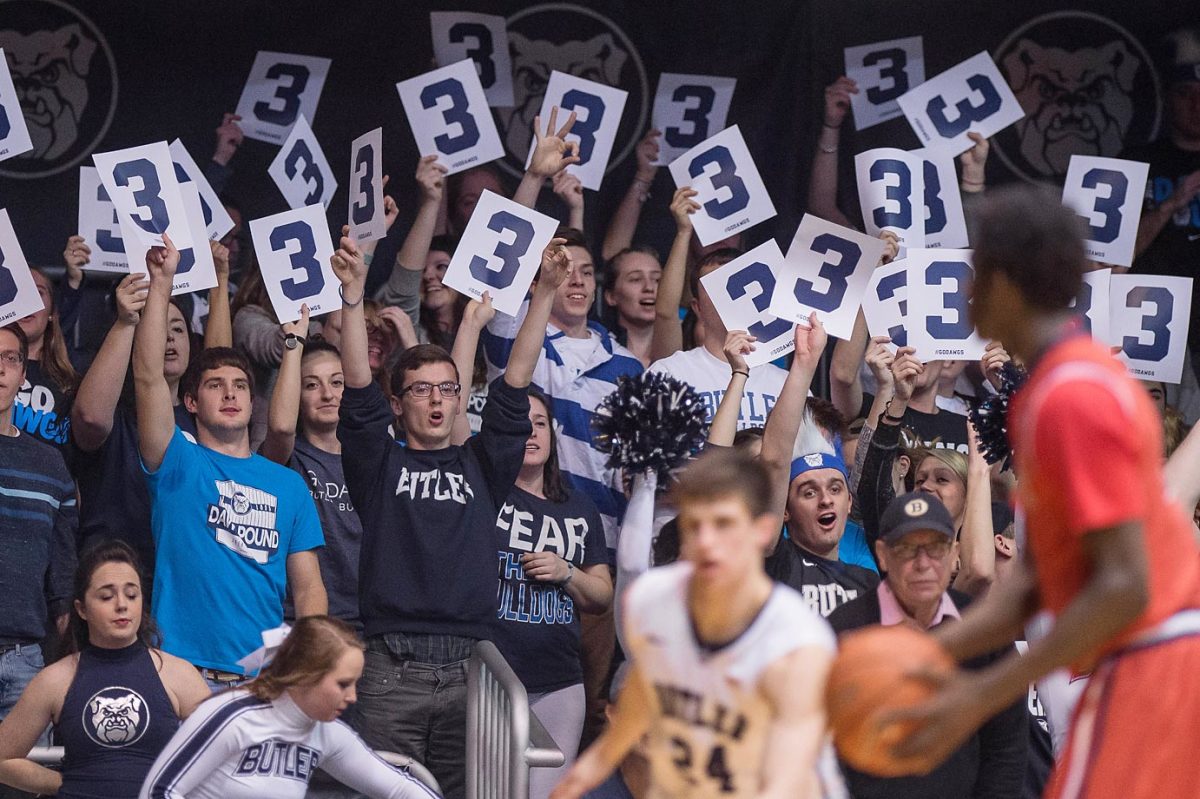
Duke Blue Devils
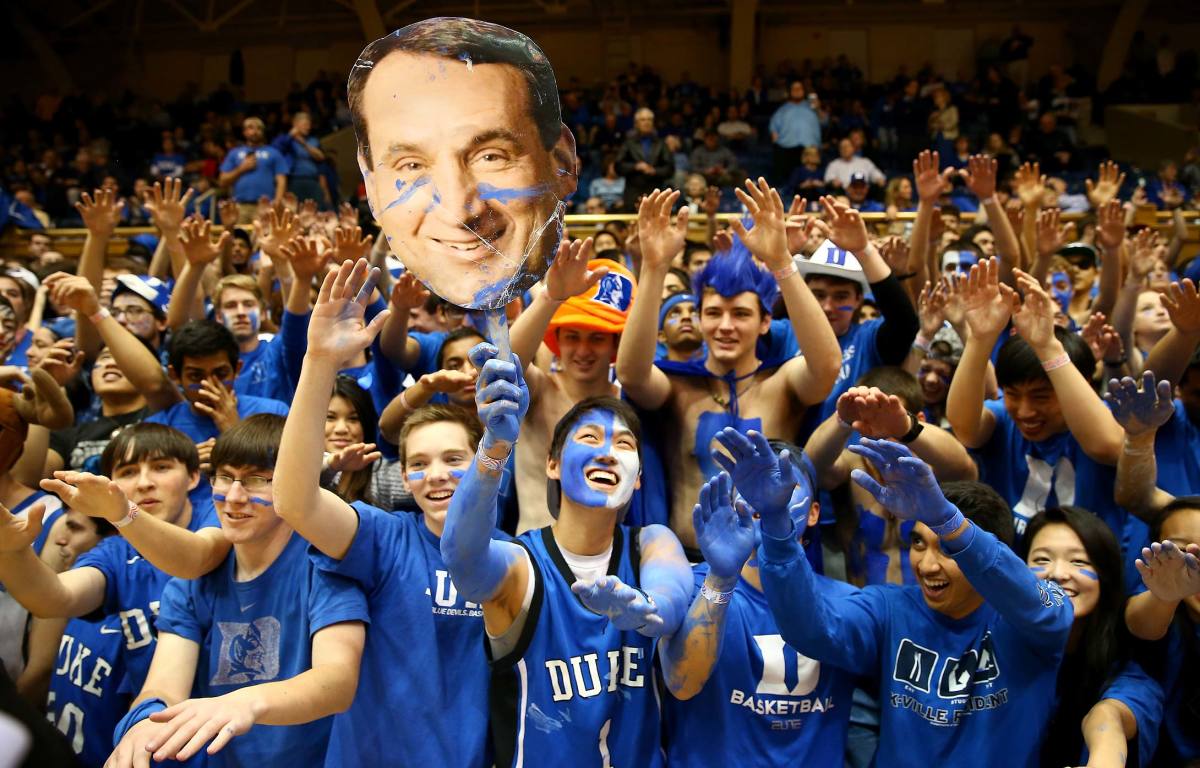
Duke Blue Devils
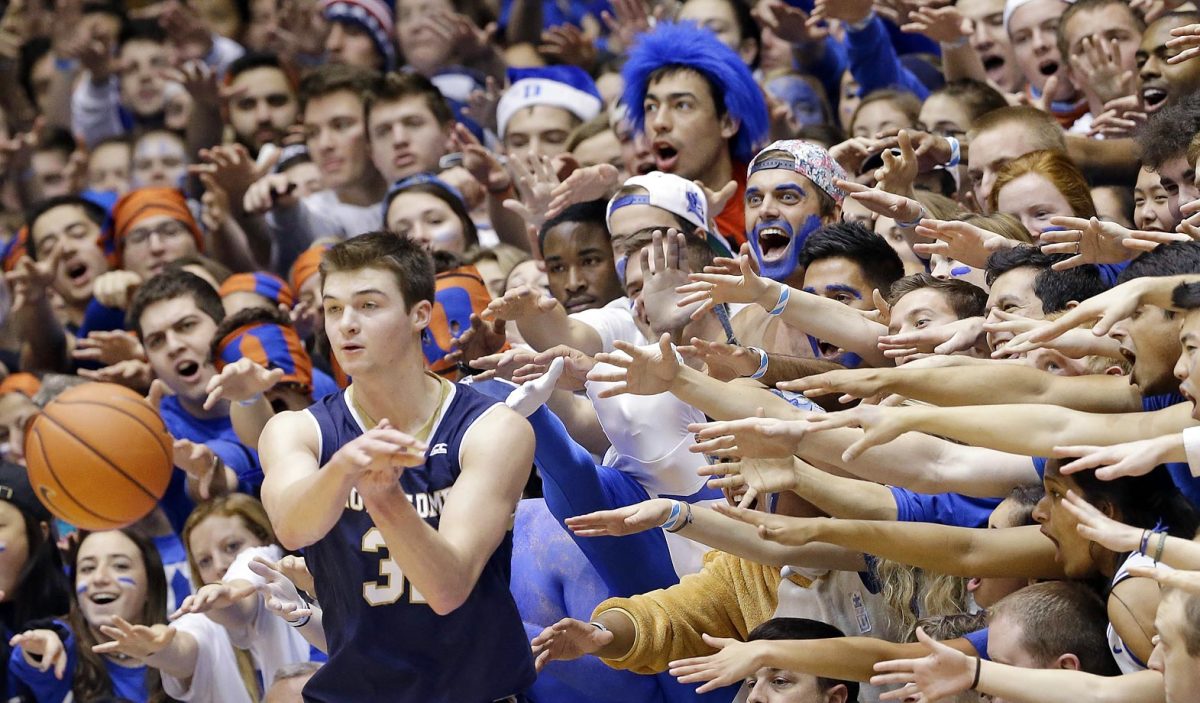
Kansas Jayhawks
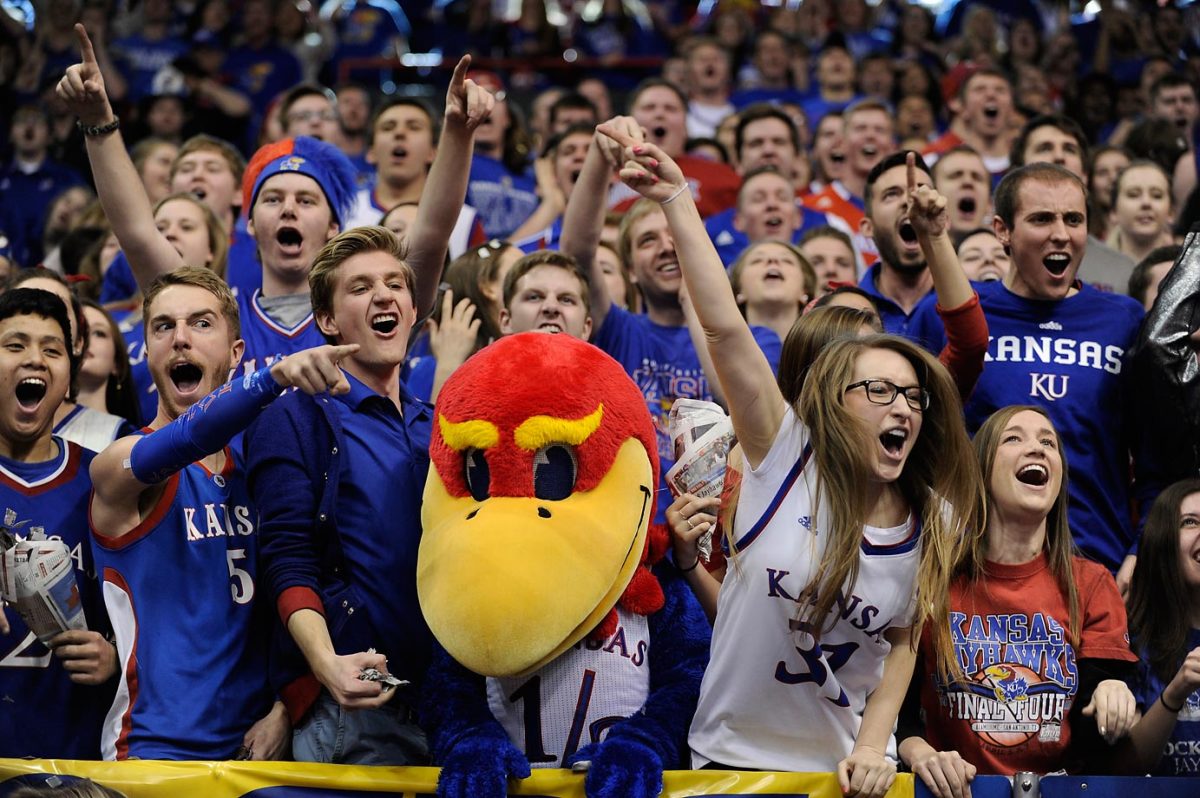
Kansas Jayhawks
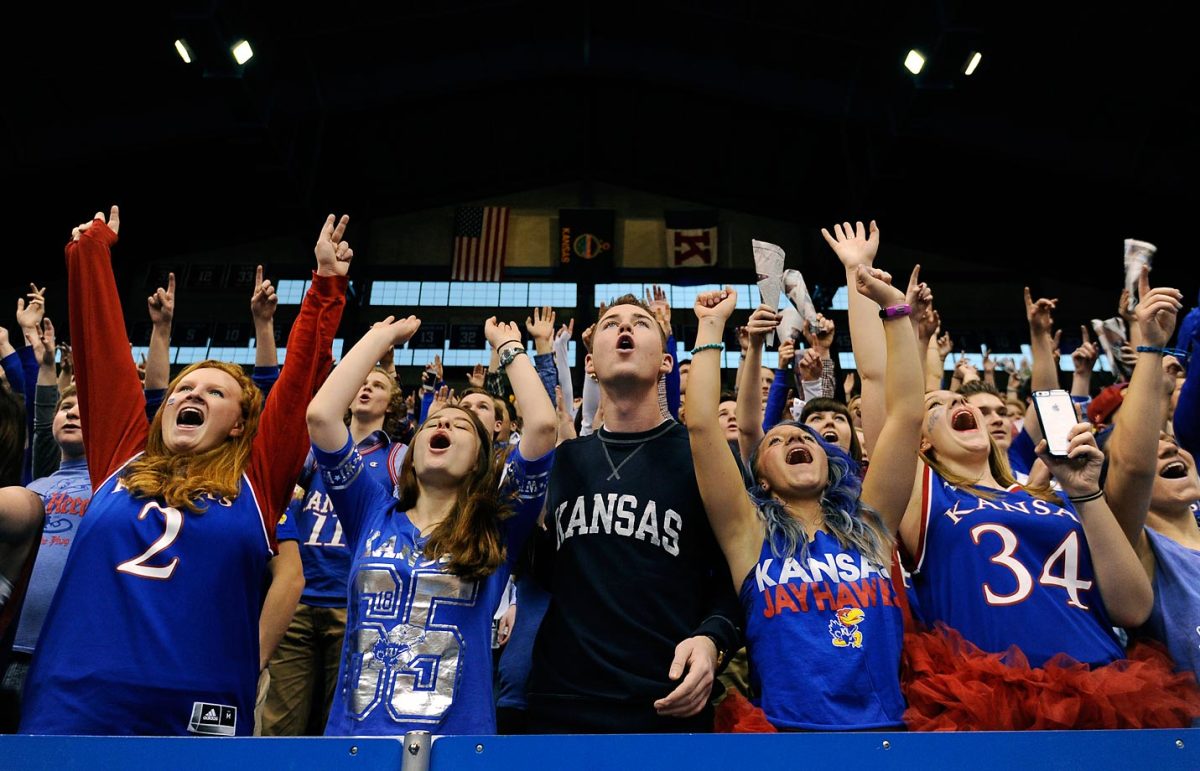
North Carolina State Wolfpack
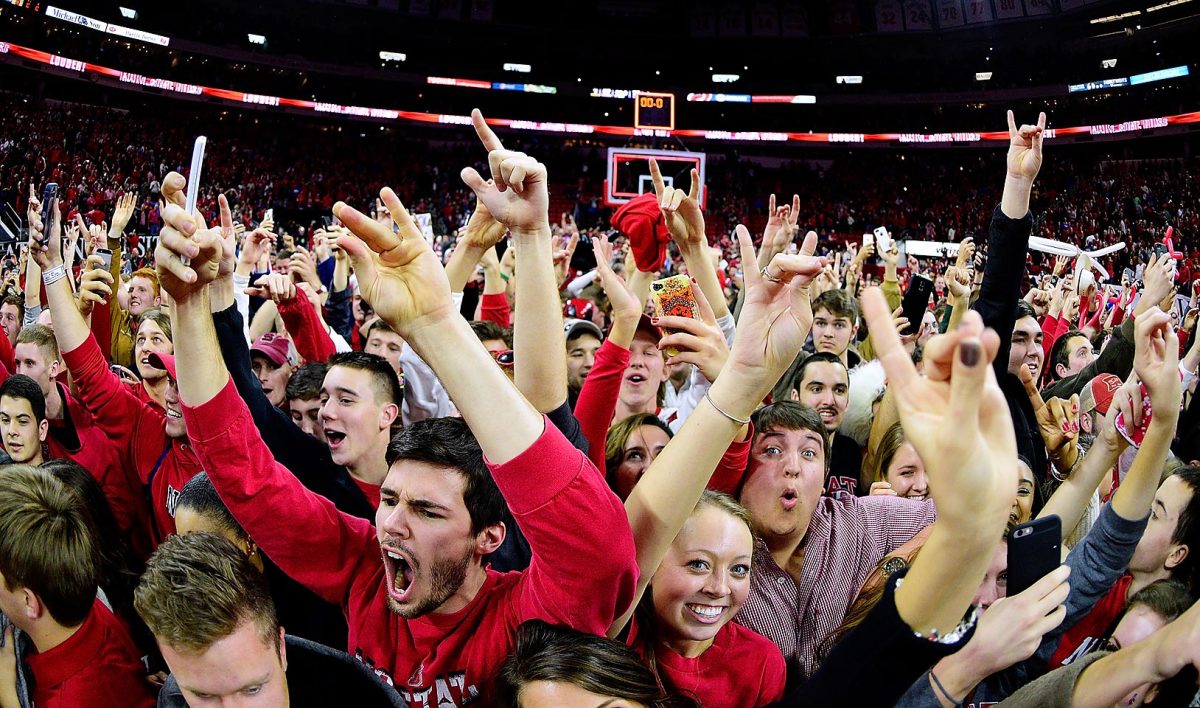
North Carolina State Wolfpack
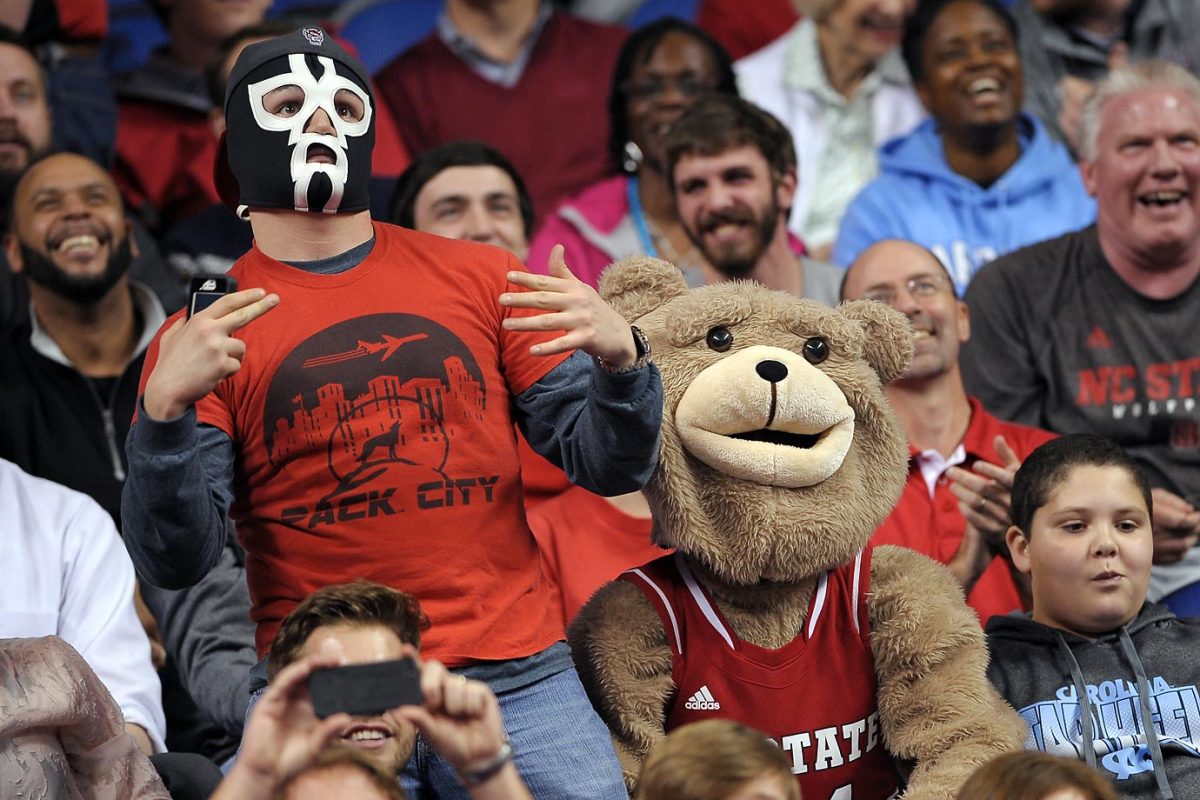
Arkansas Razorbacks
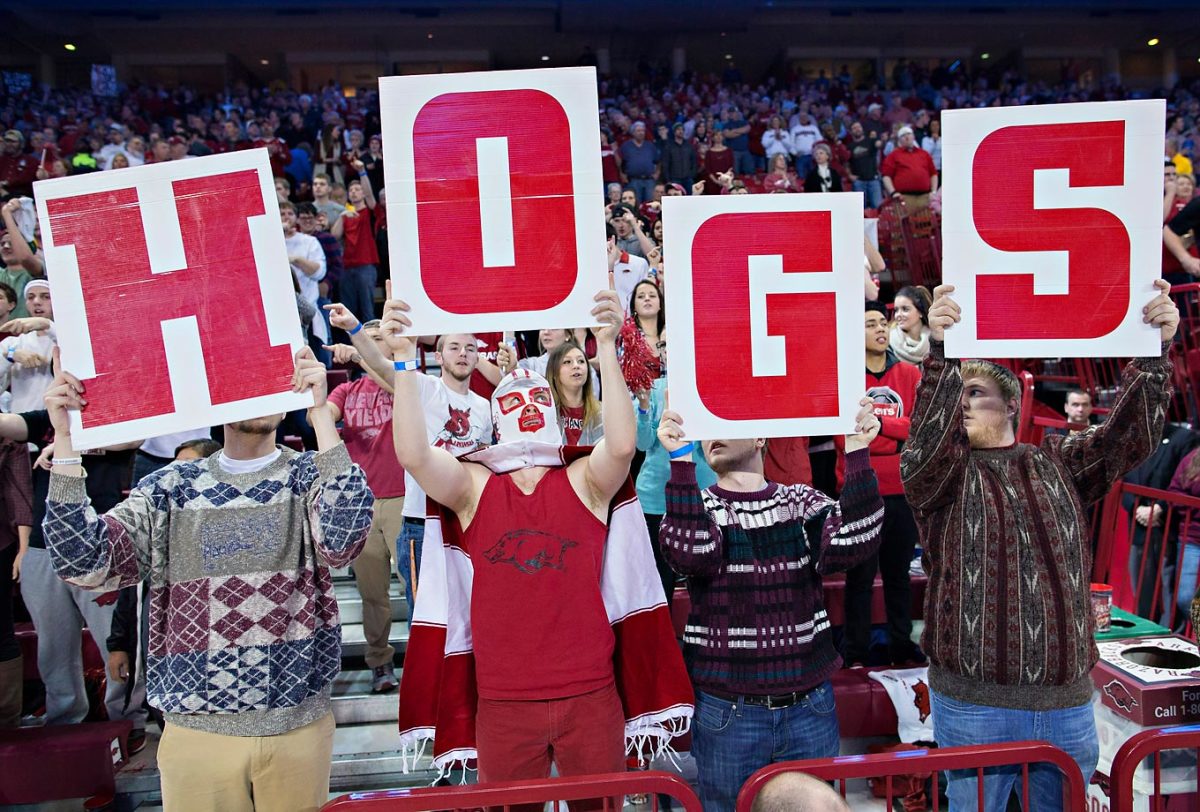
Arkansas Razorbacks
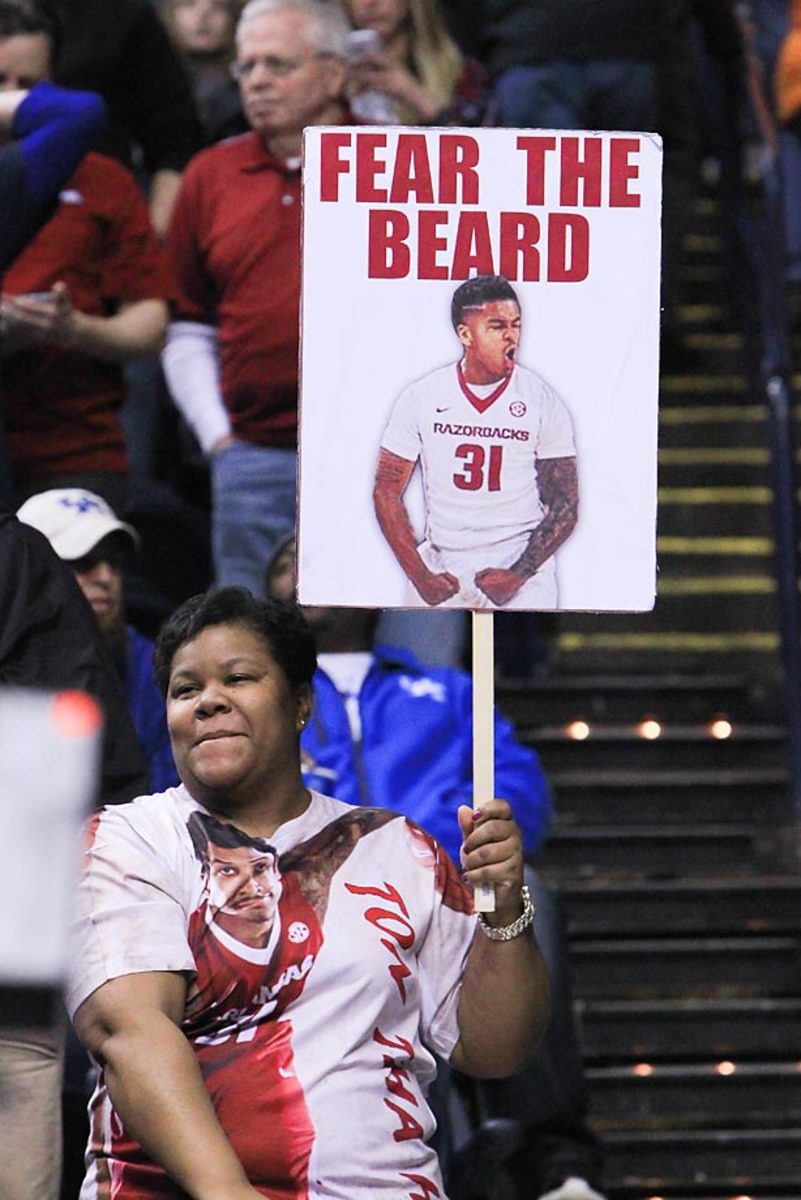
Dayton Flyers
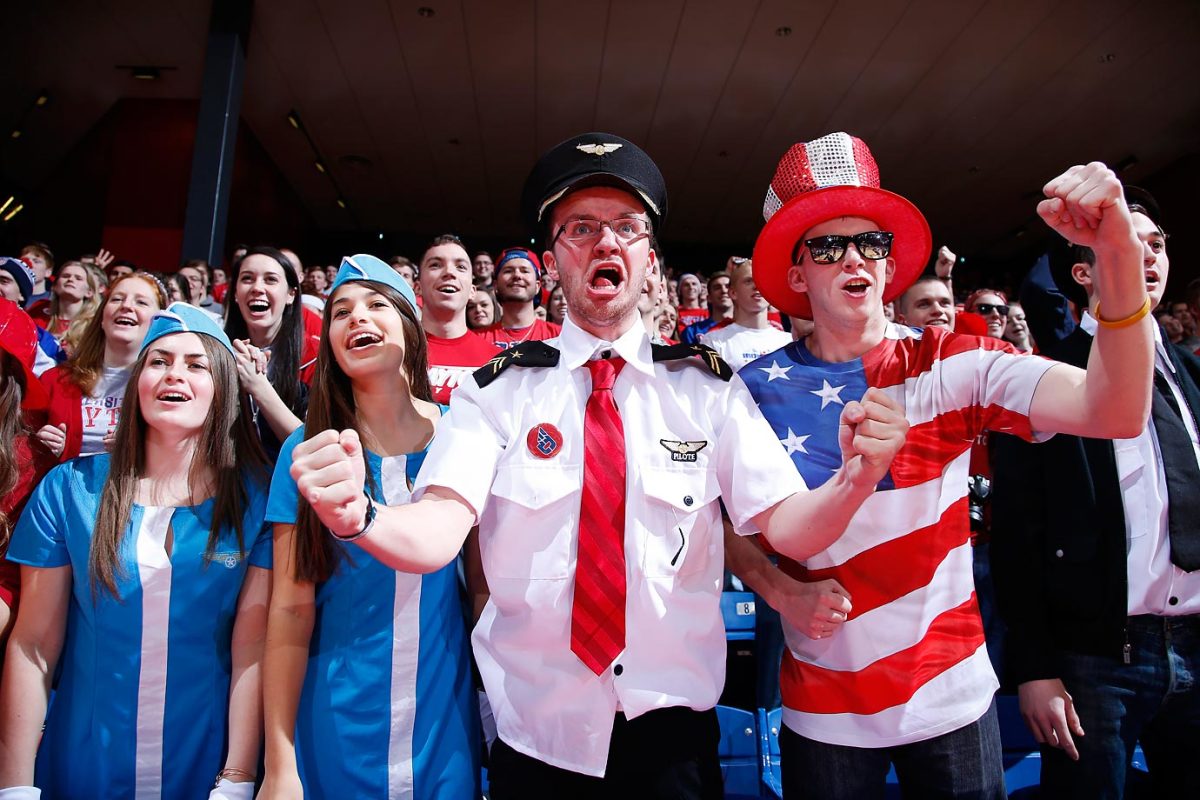
Dayton Flyers
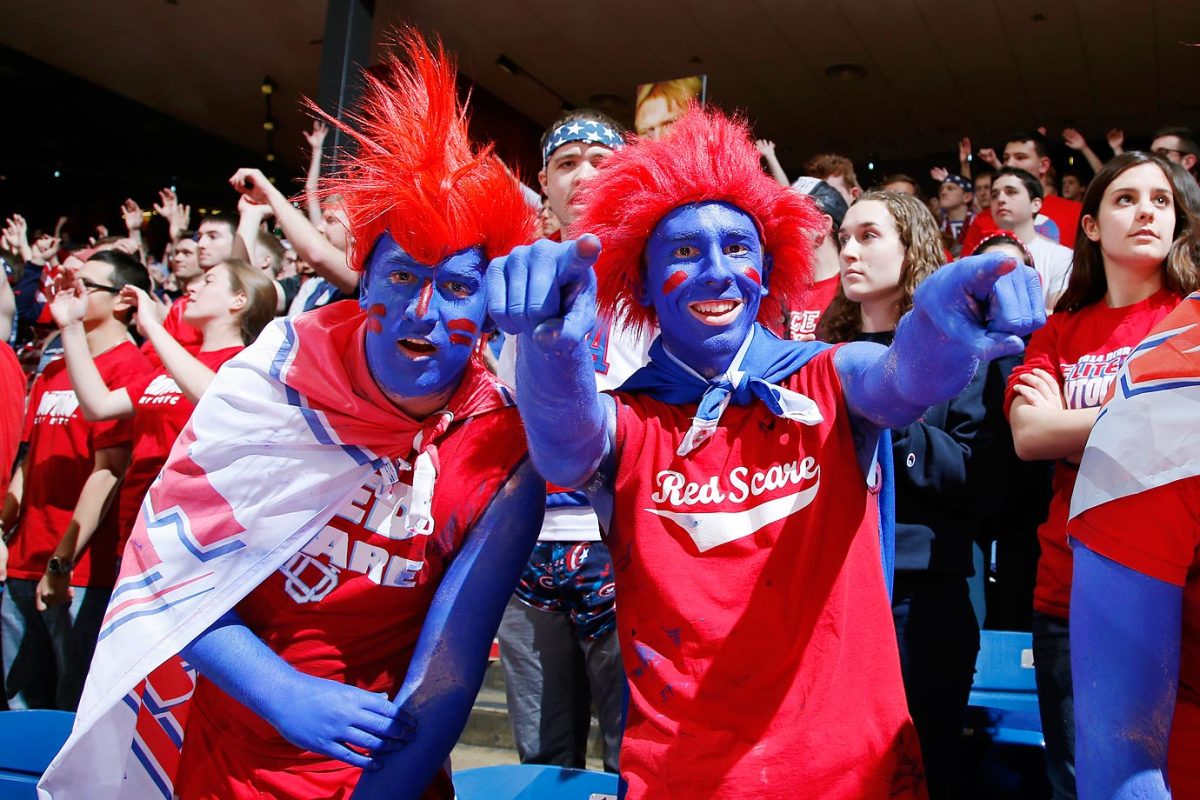
Oklahoma State Cowboys
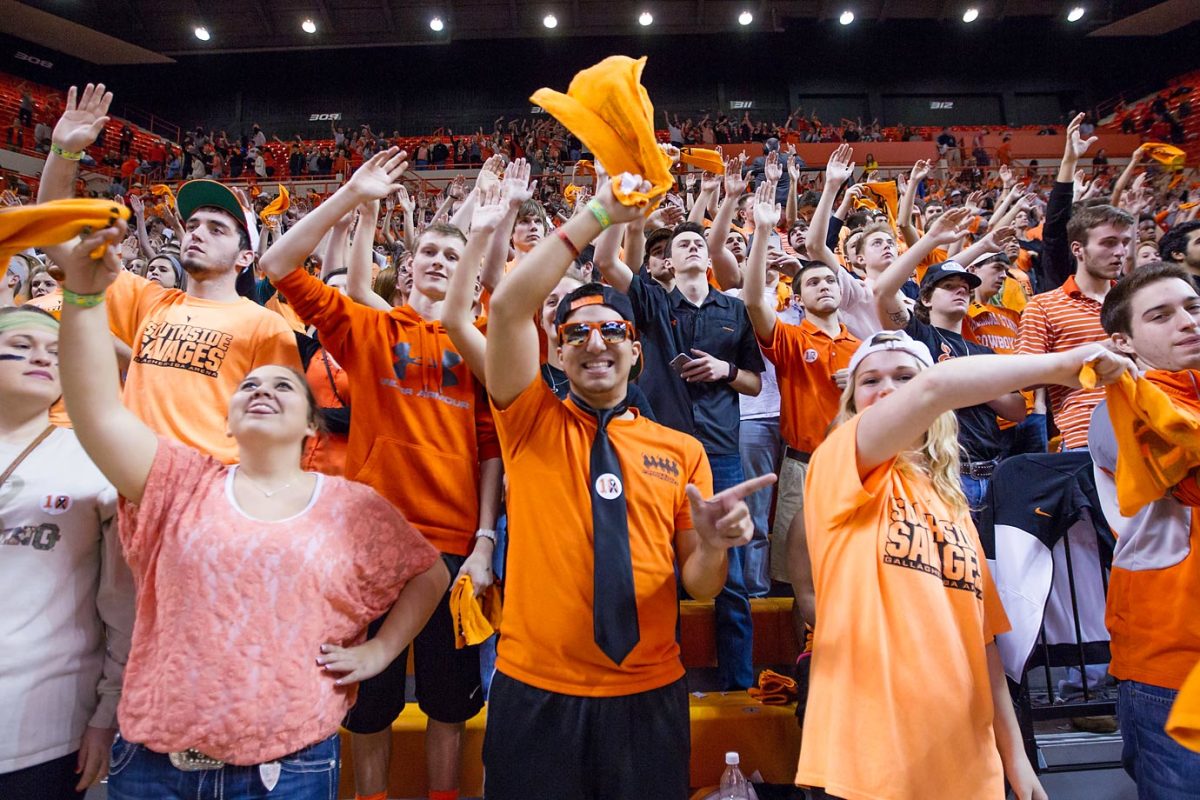
Oklahoma State Cowboys
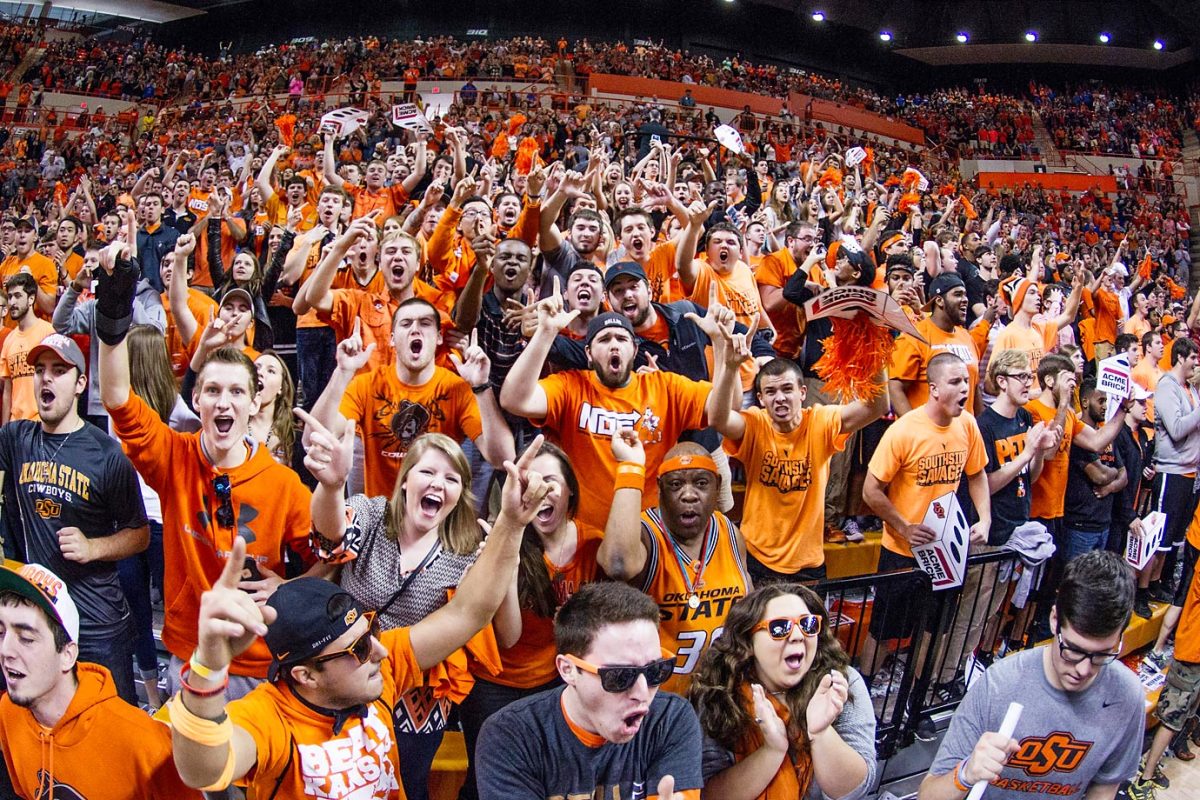
Maryland Terrapins
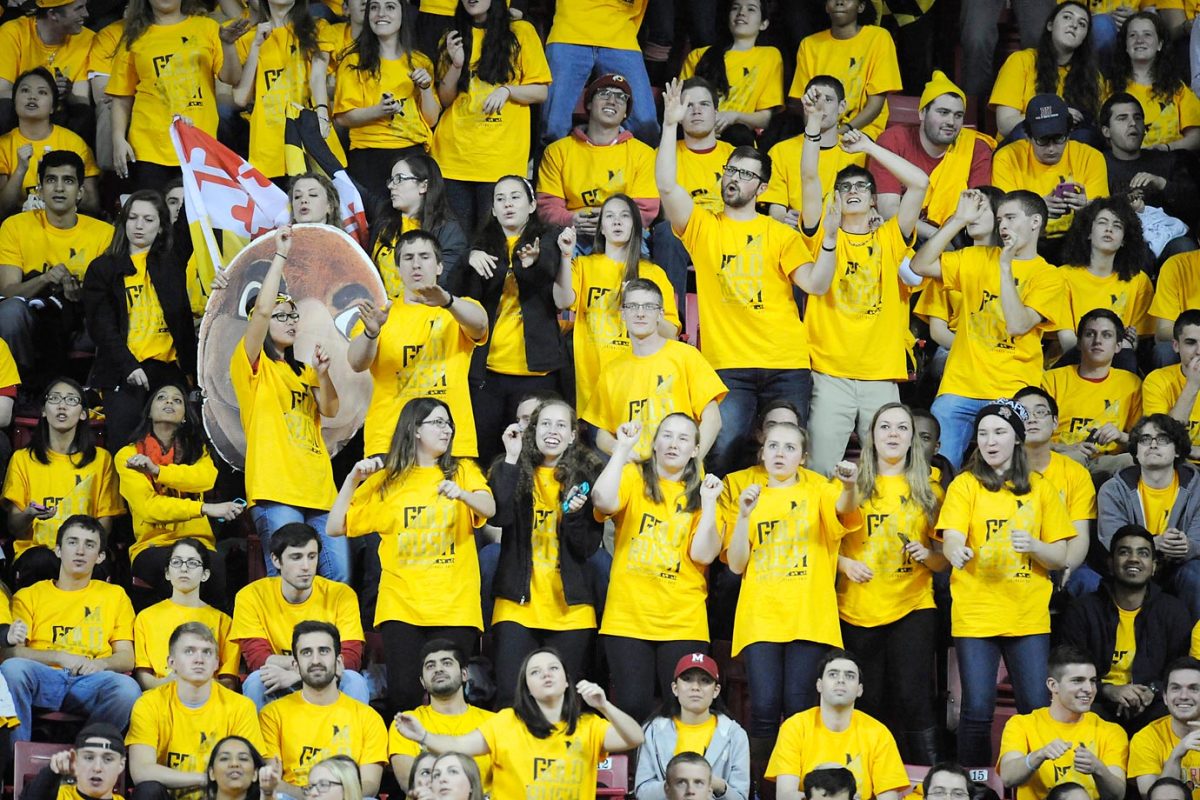
Maryland Terrapins
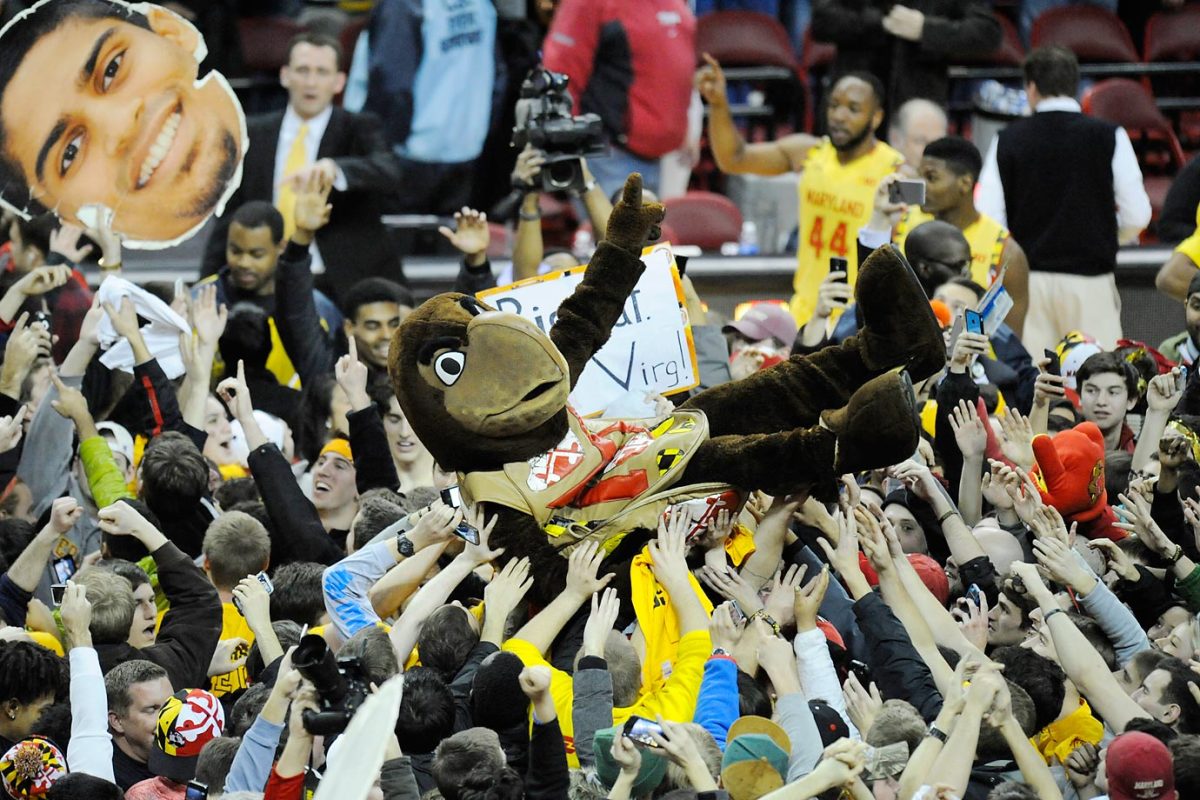
LSU Tigers
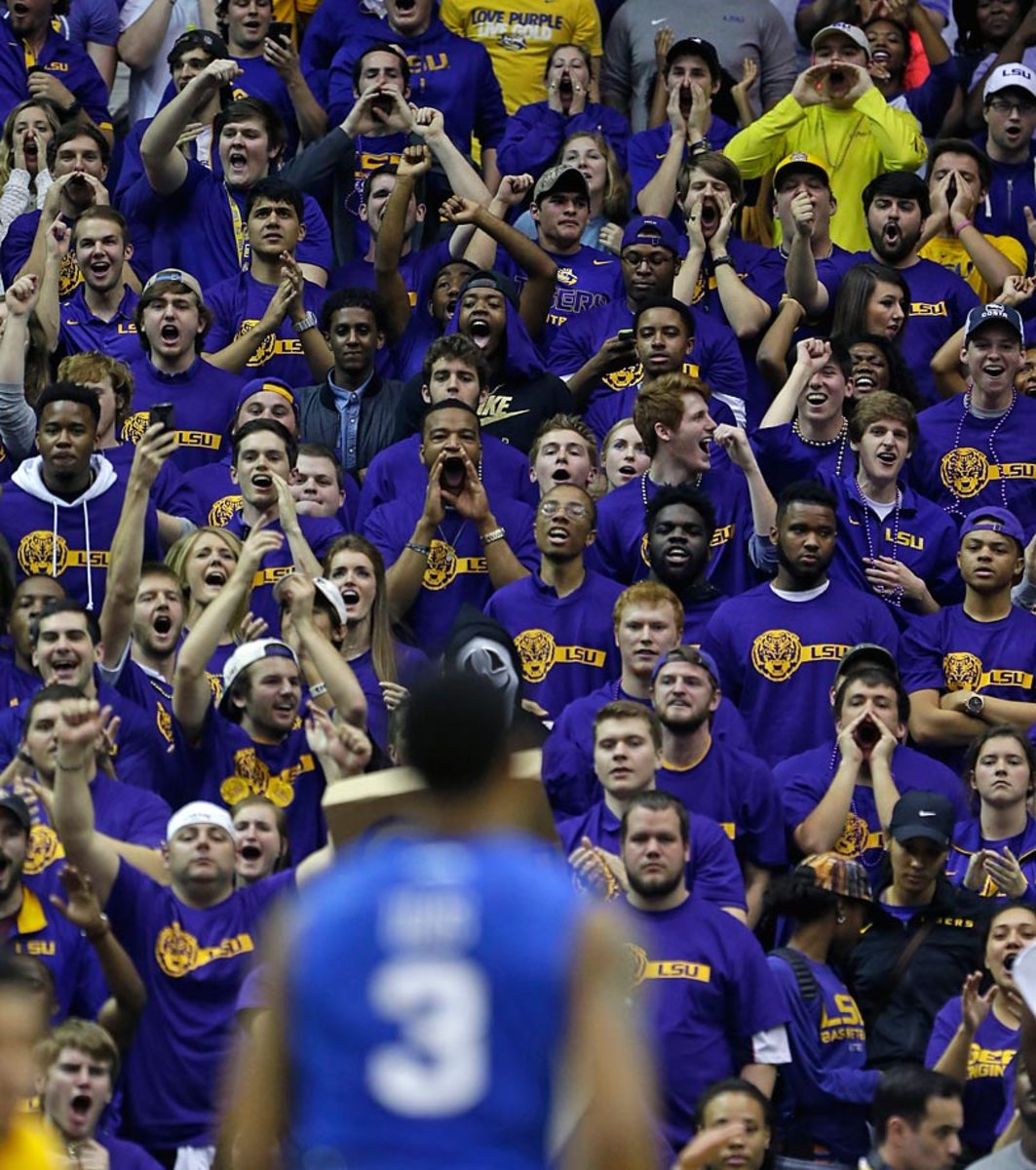
LSU Tigers
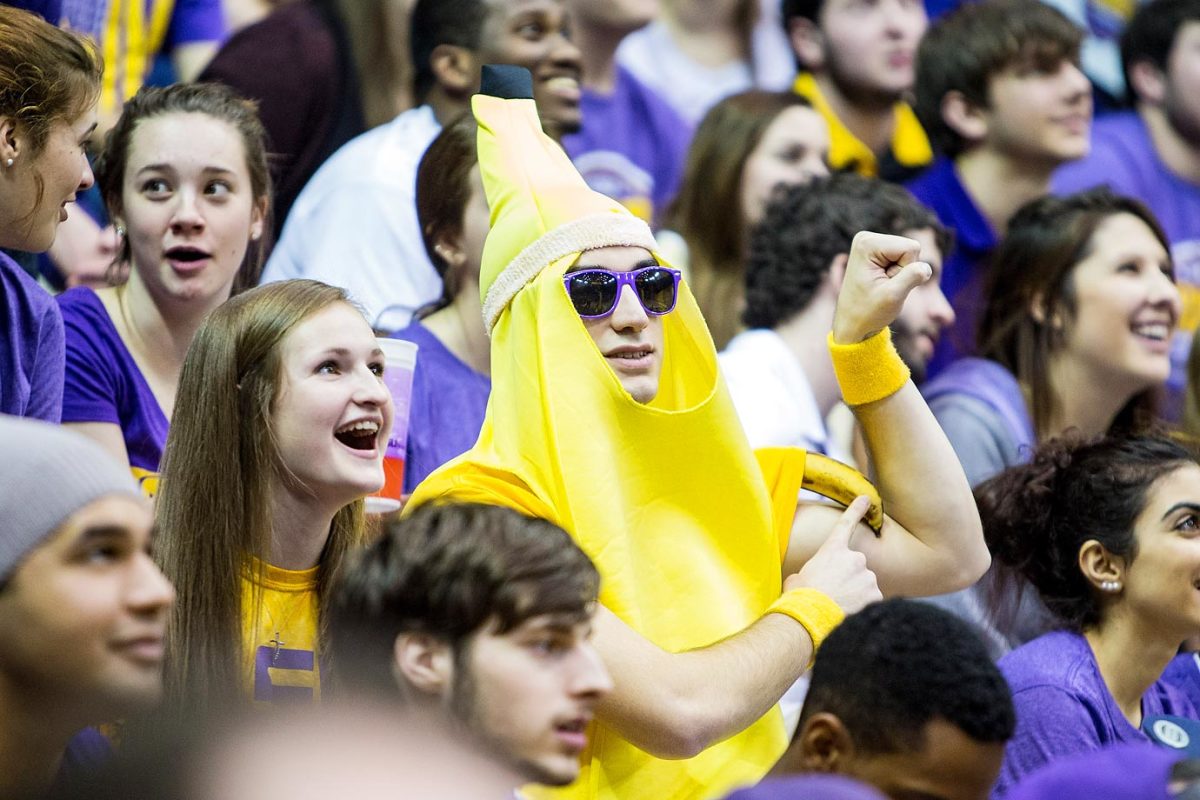
Wichita State Shockers
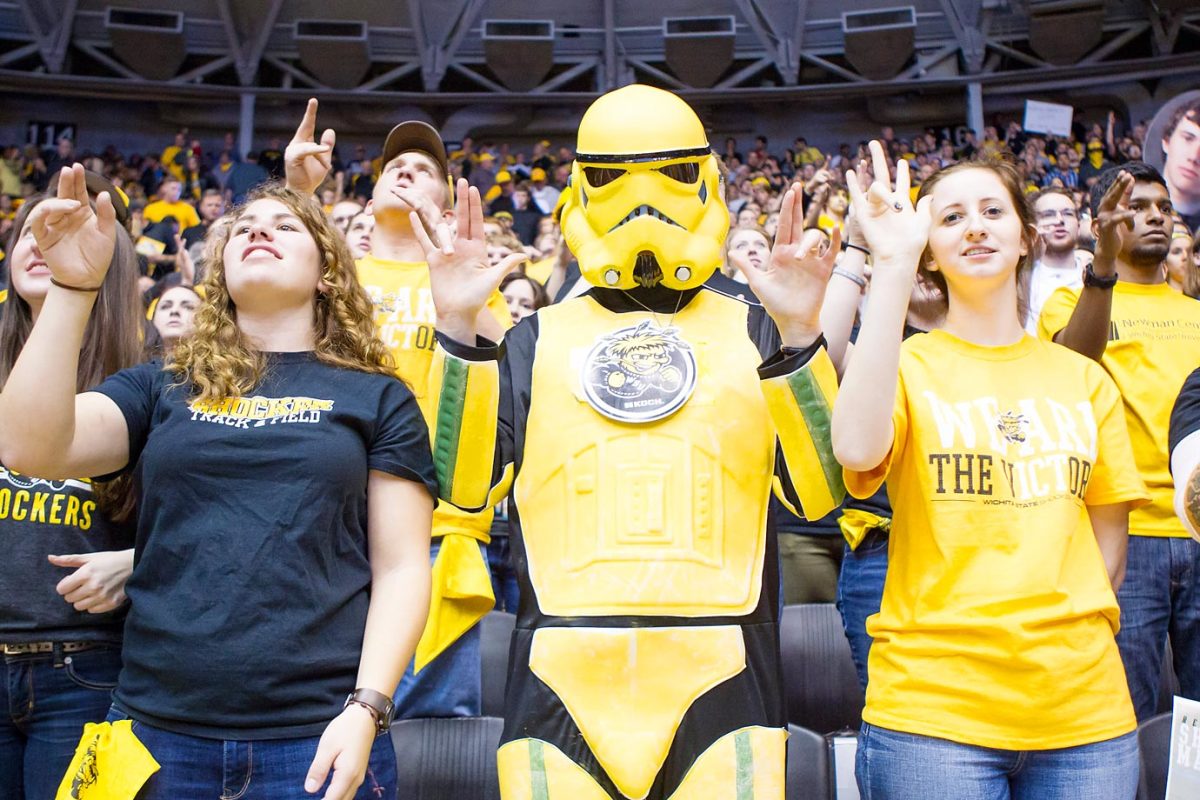
North Carolina Tar Heels
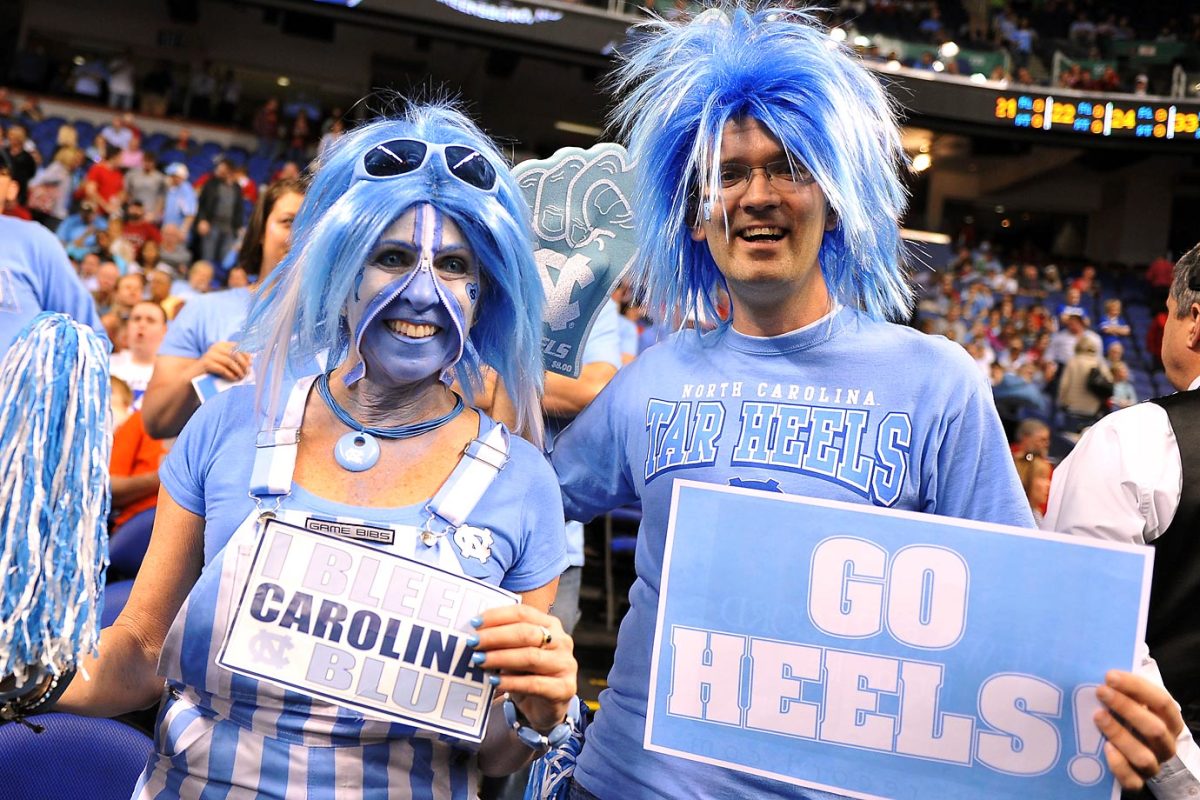
North Carolina Tar Heels
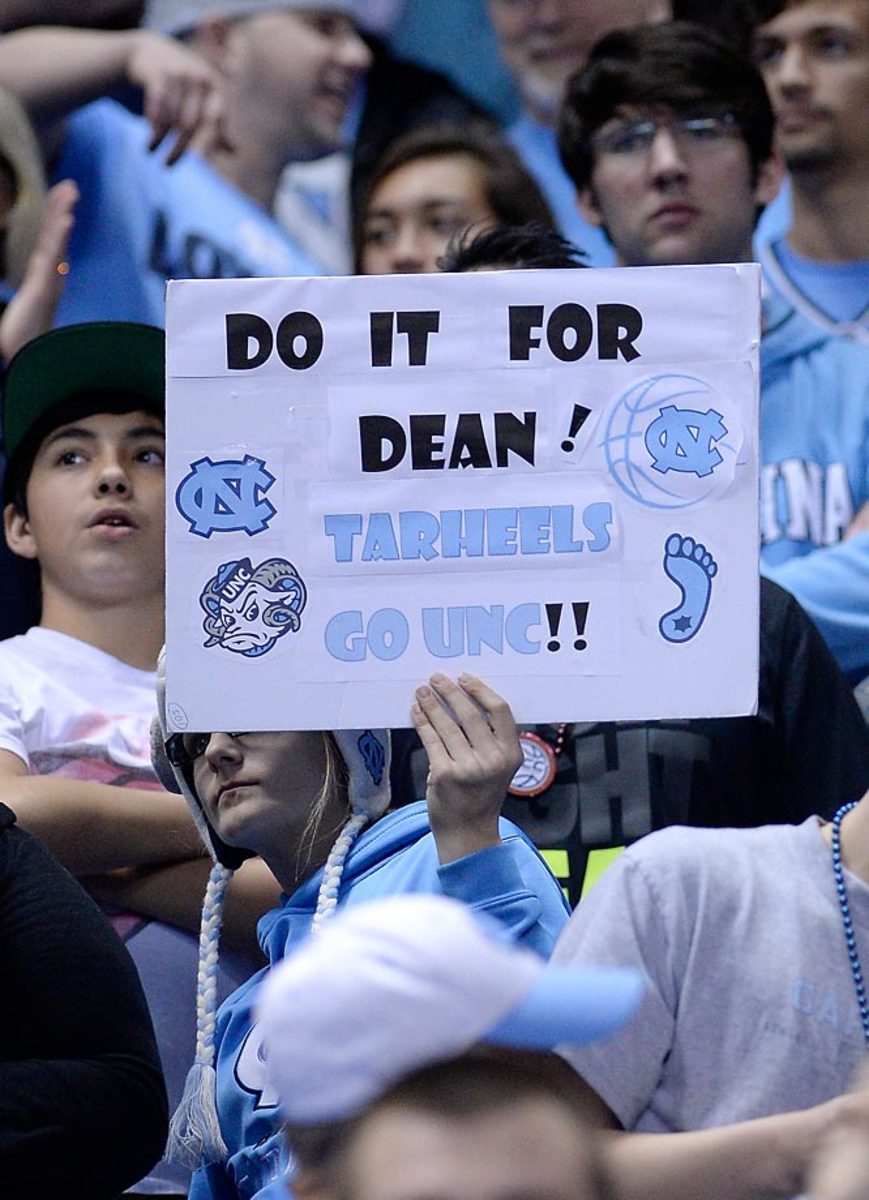
Texas Longhorns
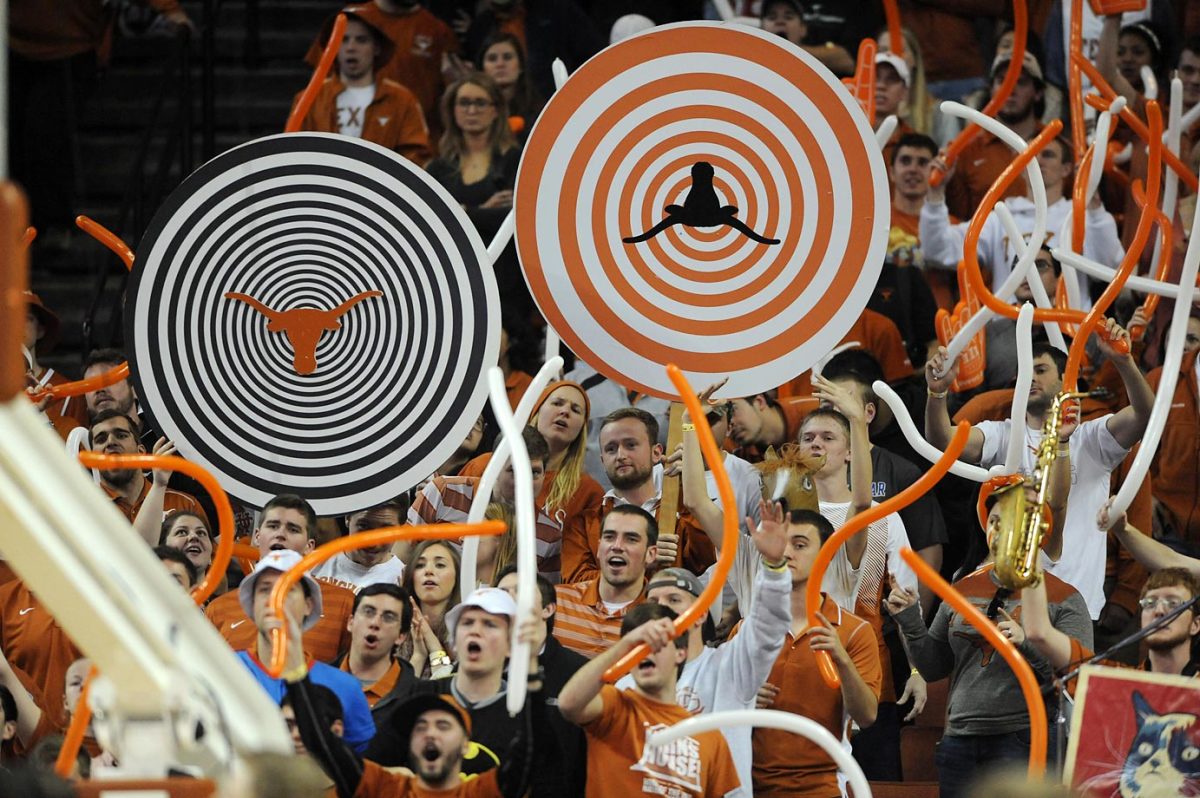
Texas Longhorns
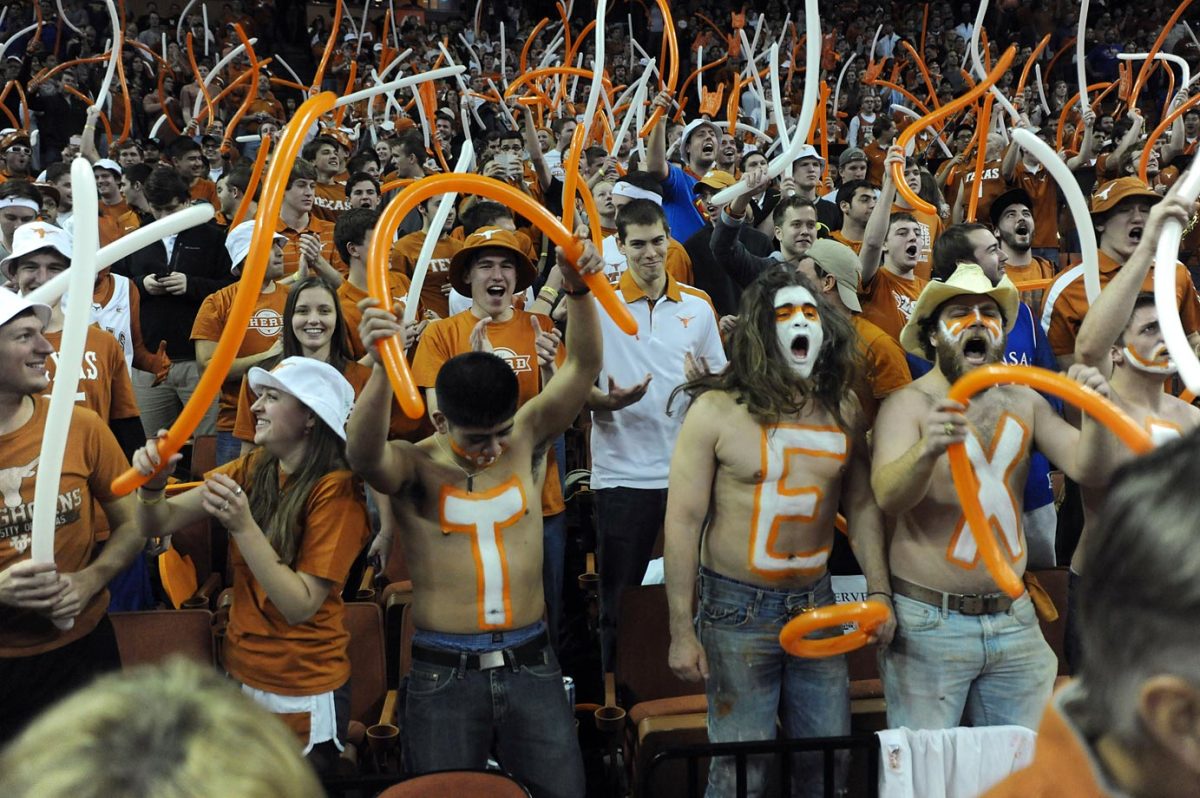
Baylor Bears
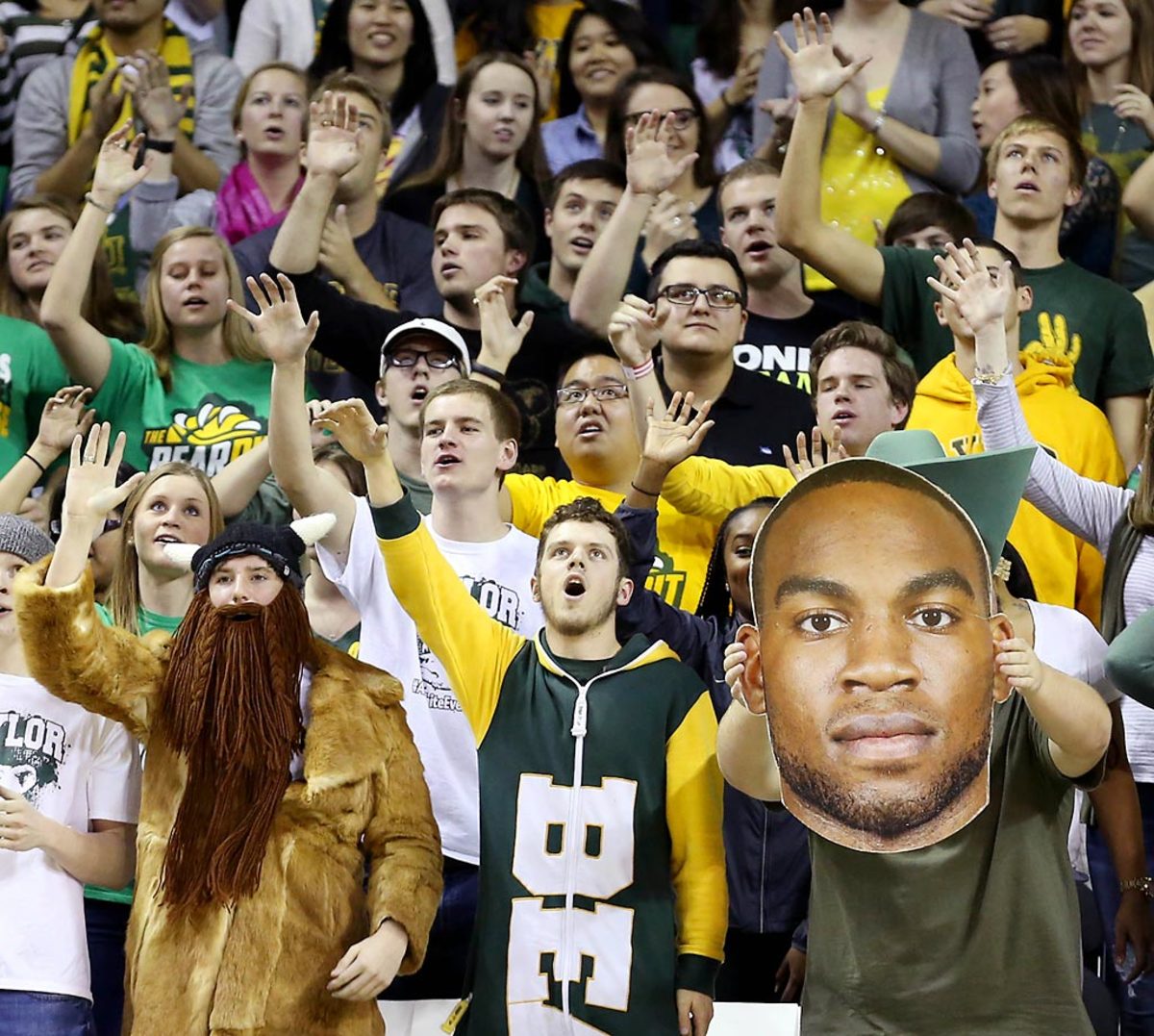
Georgetown Hoyas
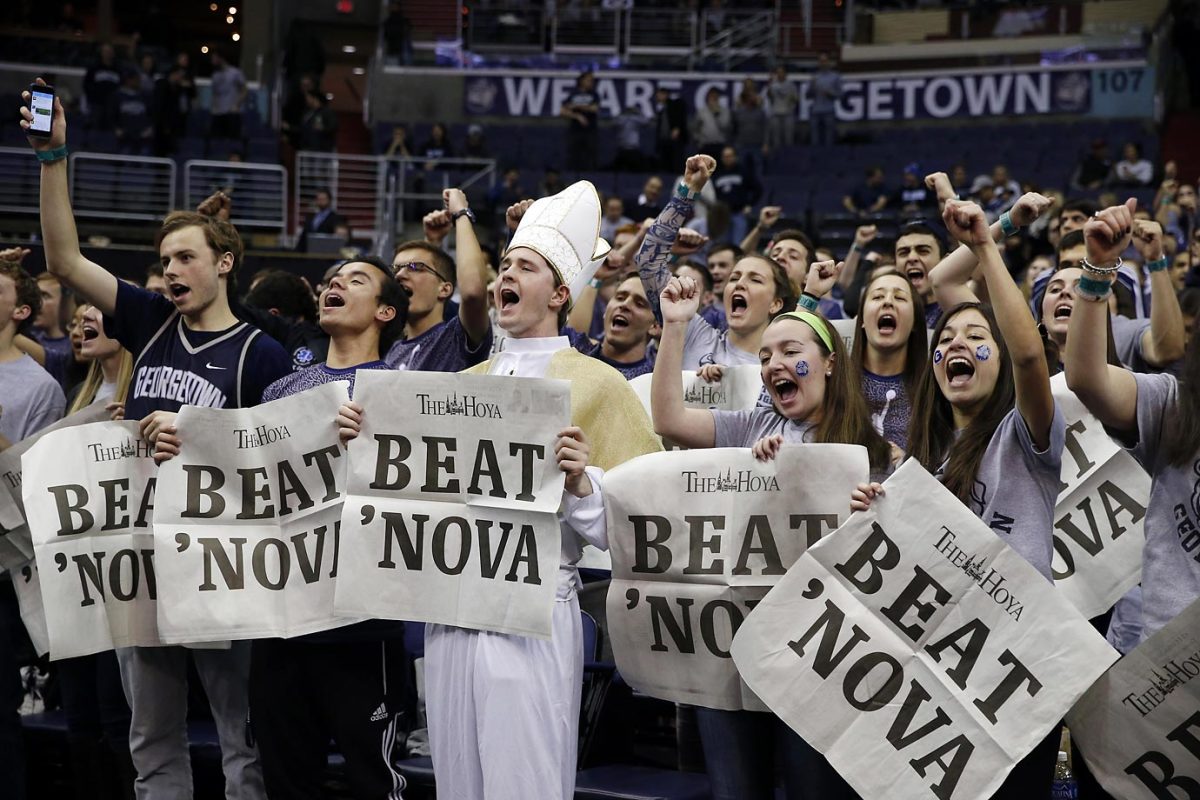
Utah Utes
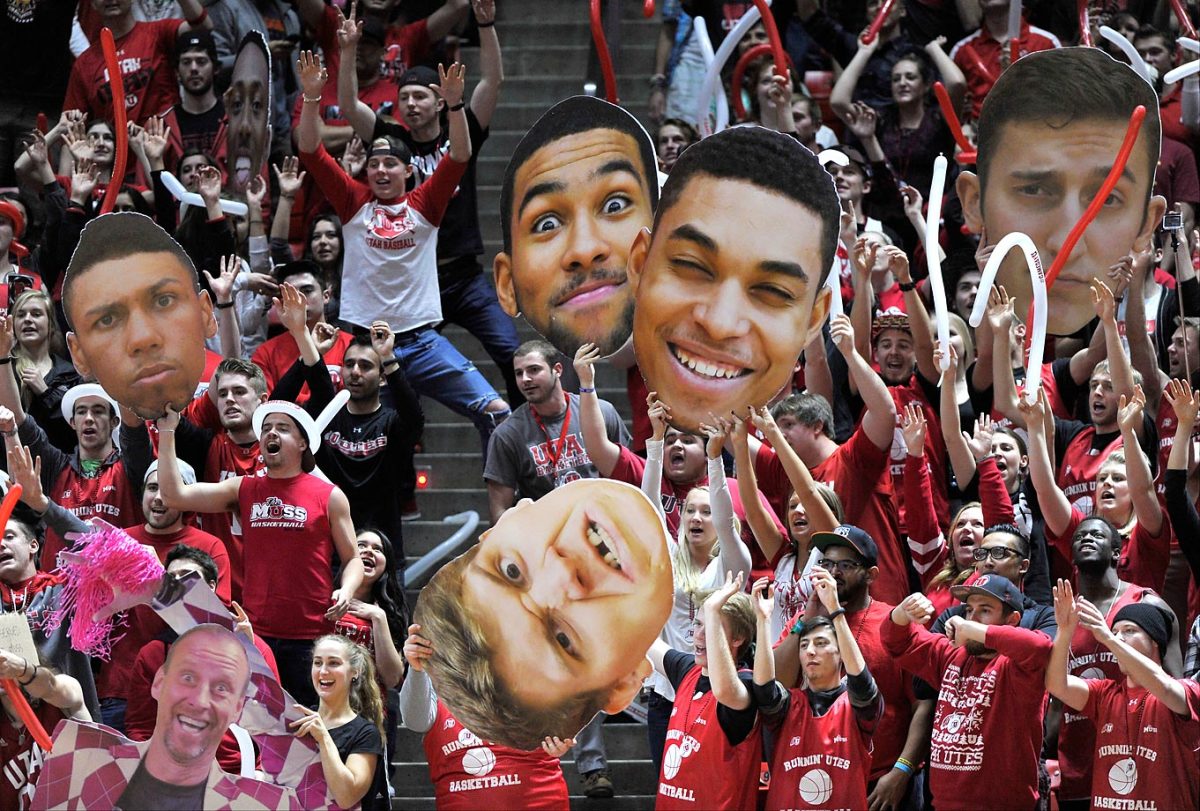
Utah Utes
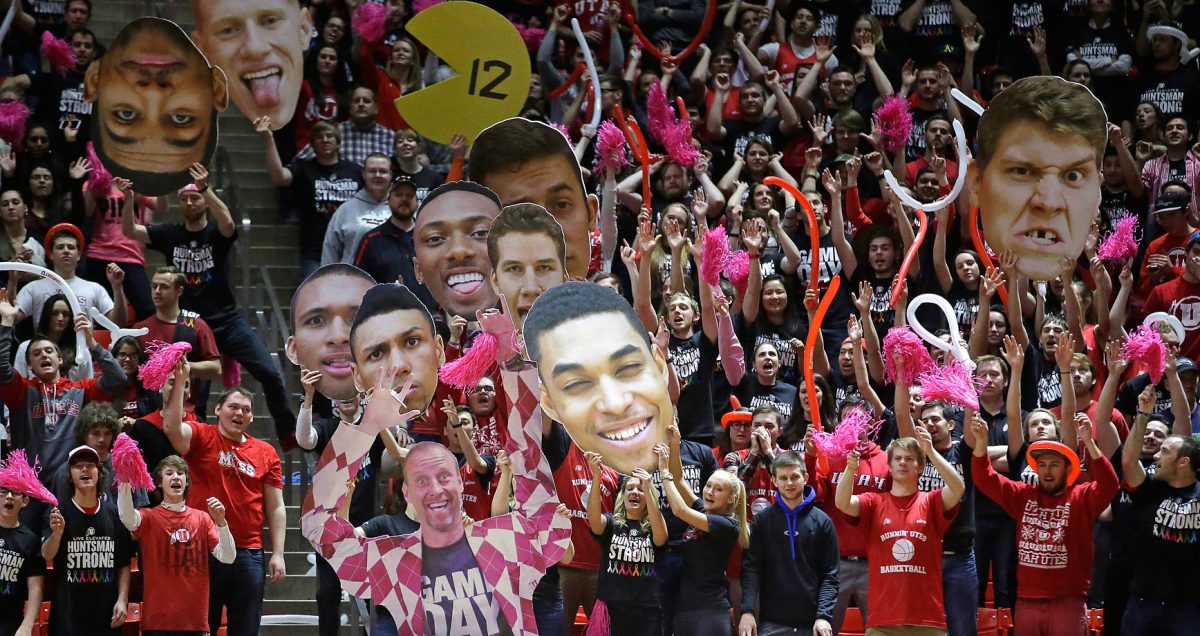
Indiana Hoosiers
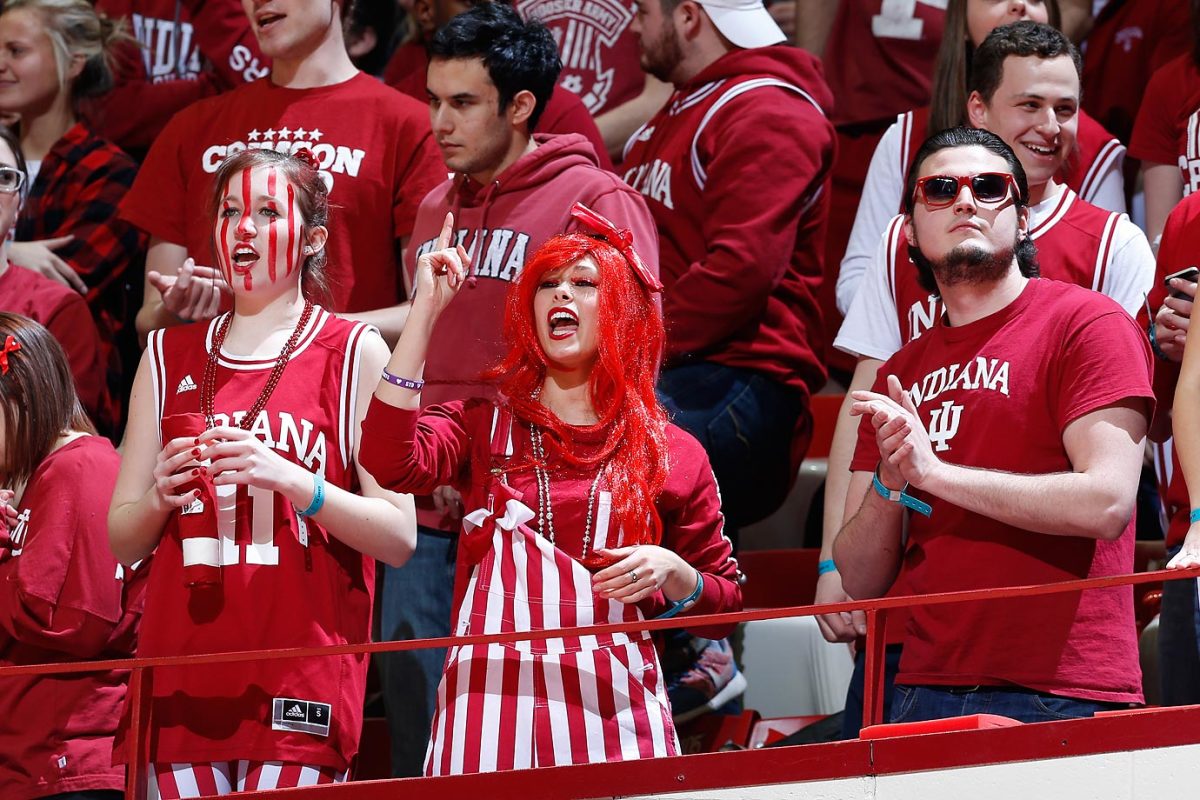
Indiana Hoosiers
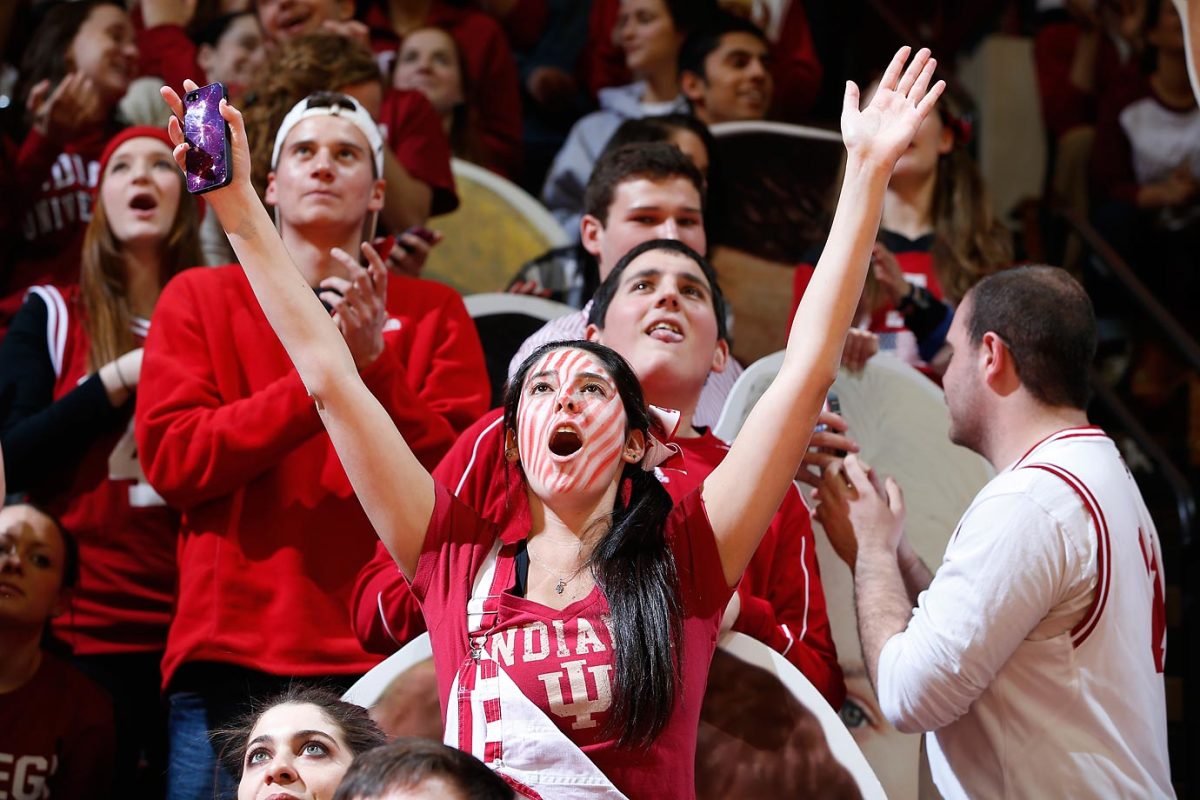
Villanova Wildcats
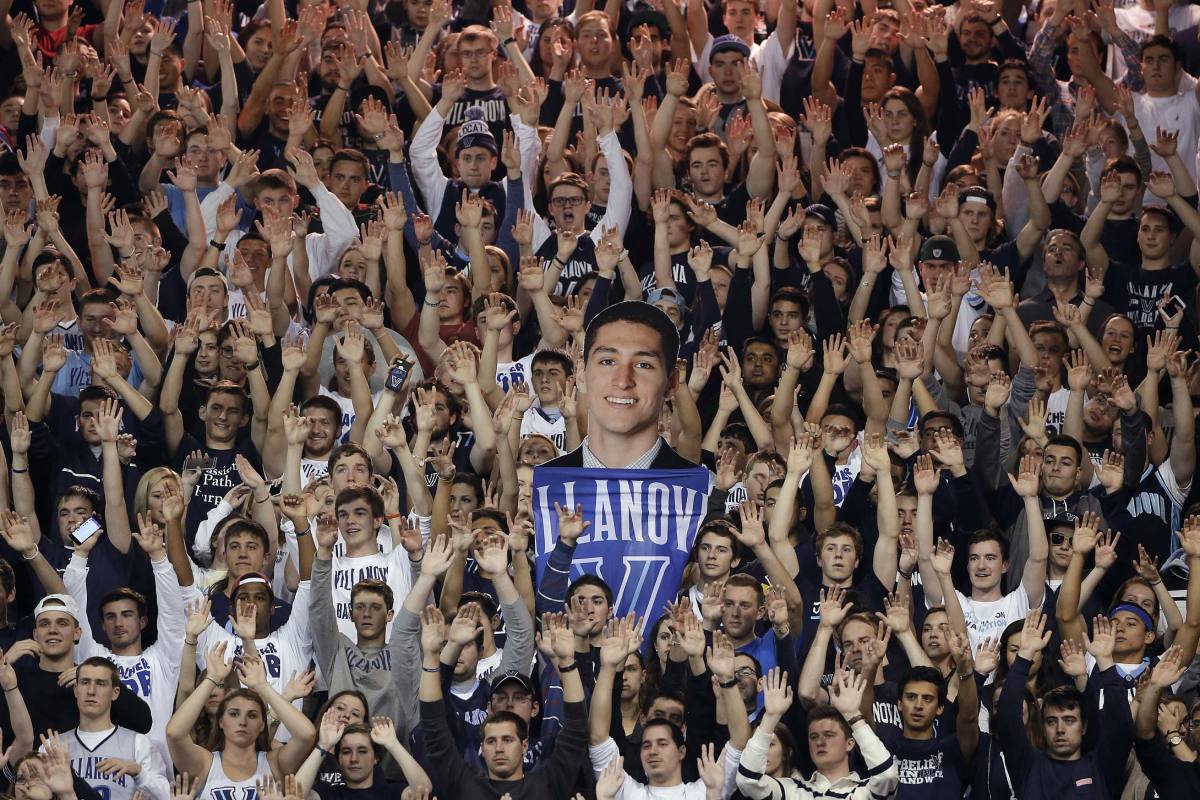
St. John's Red Storm
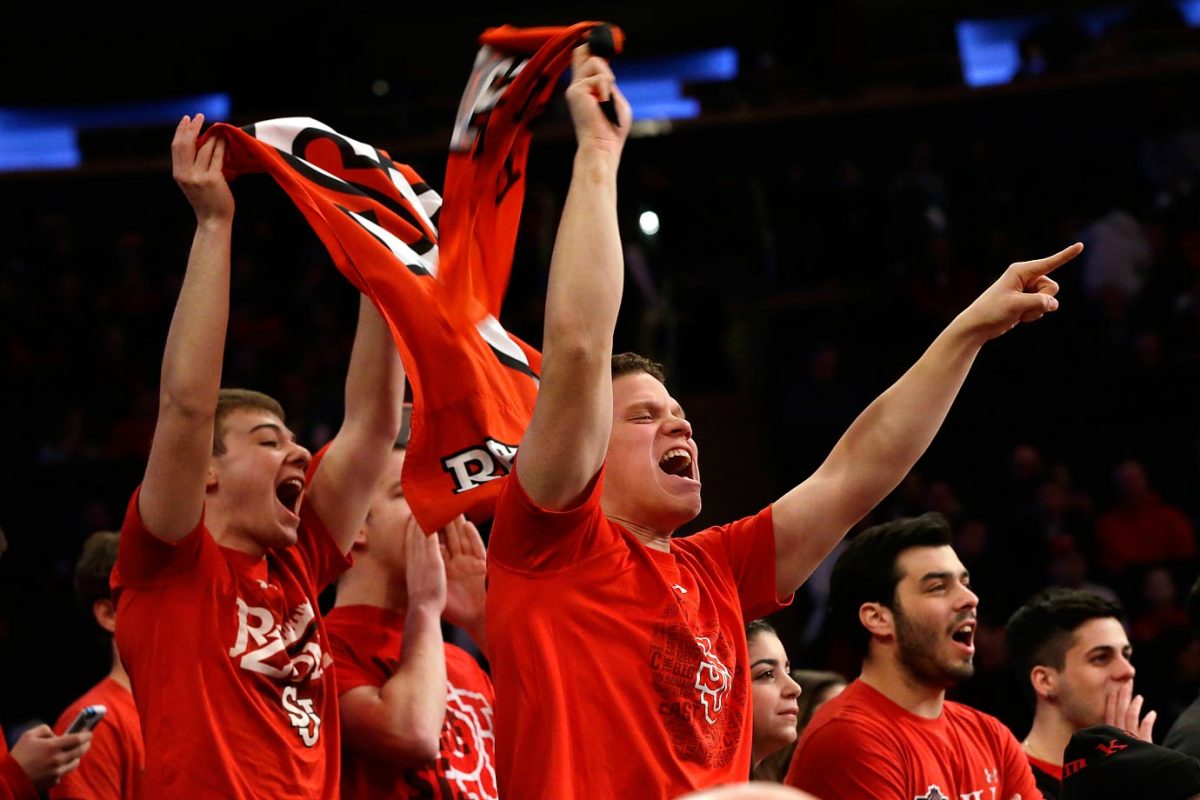
St. John's Red Storm
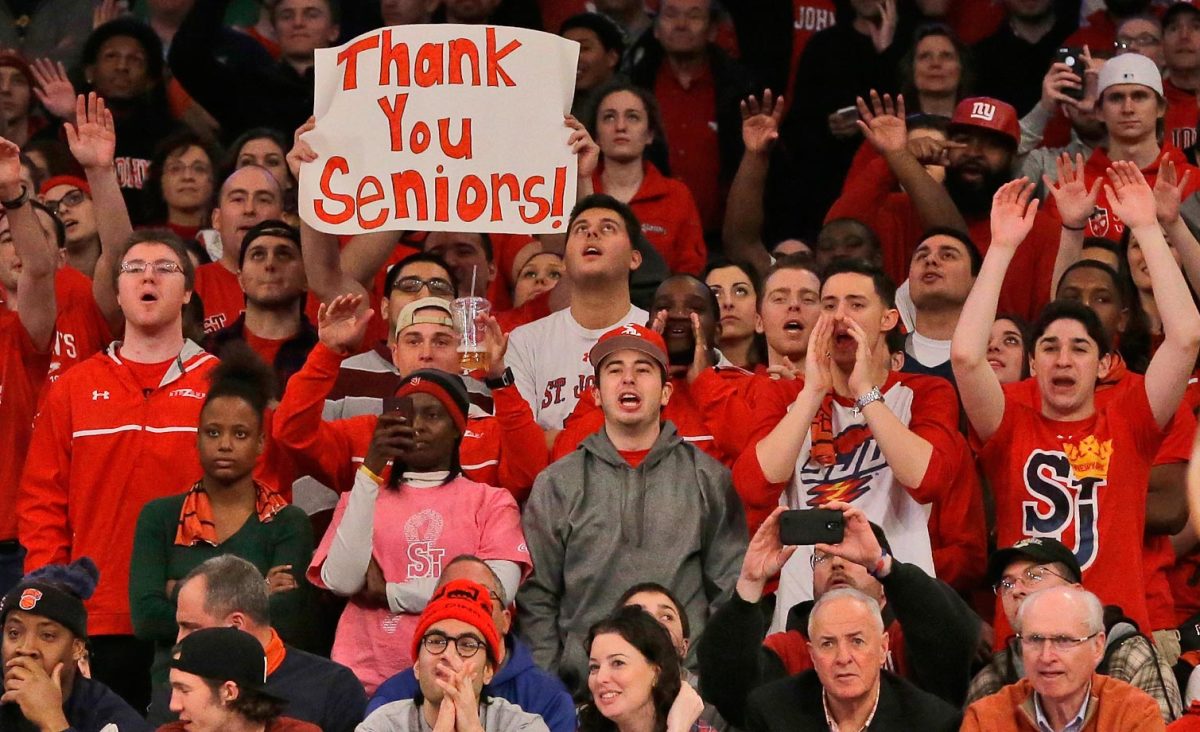
Virginia Cavaliers
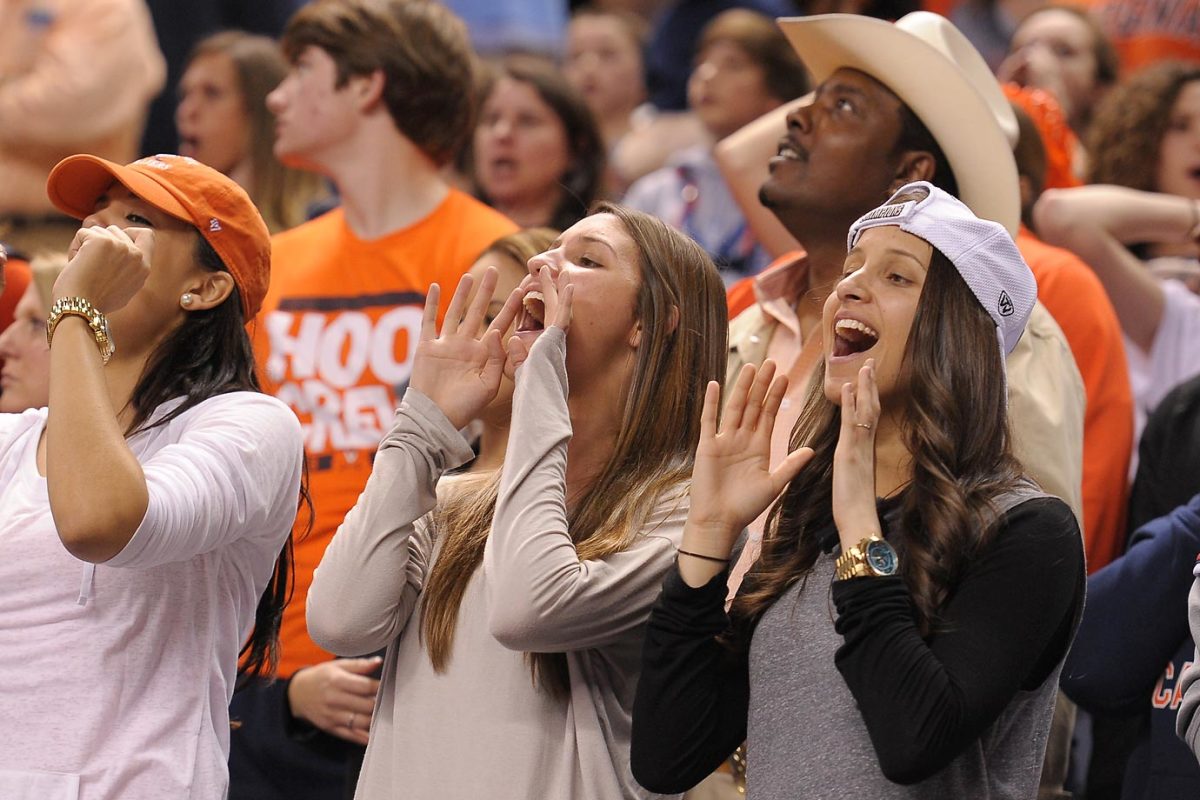
Virginia Cavaliers
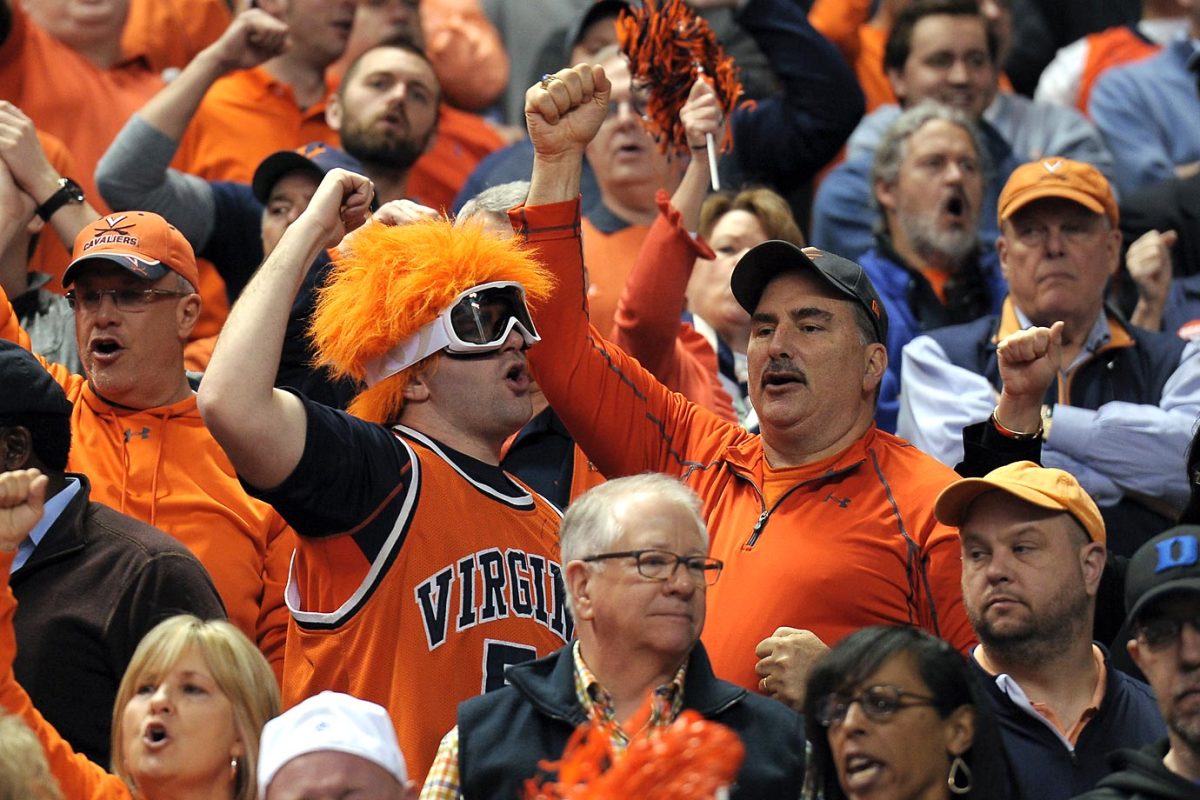
Virginia Cavaliers
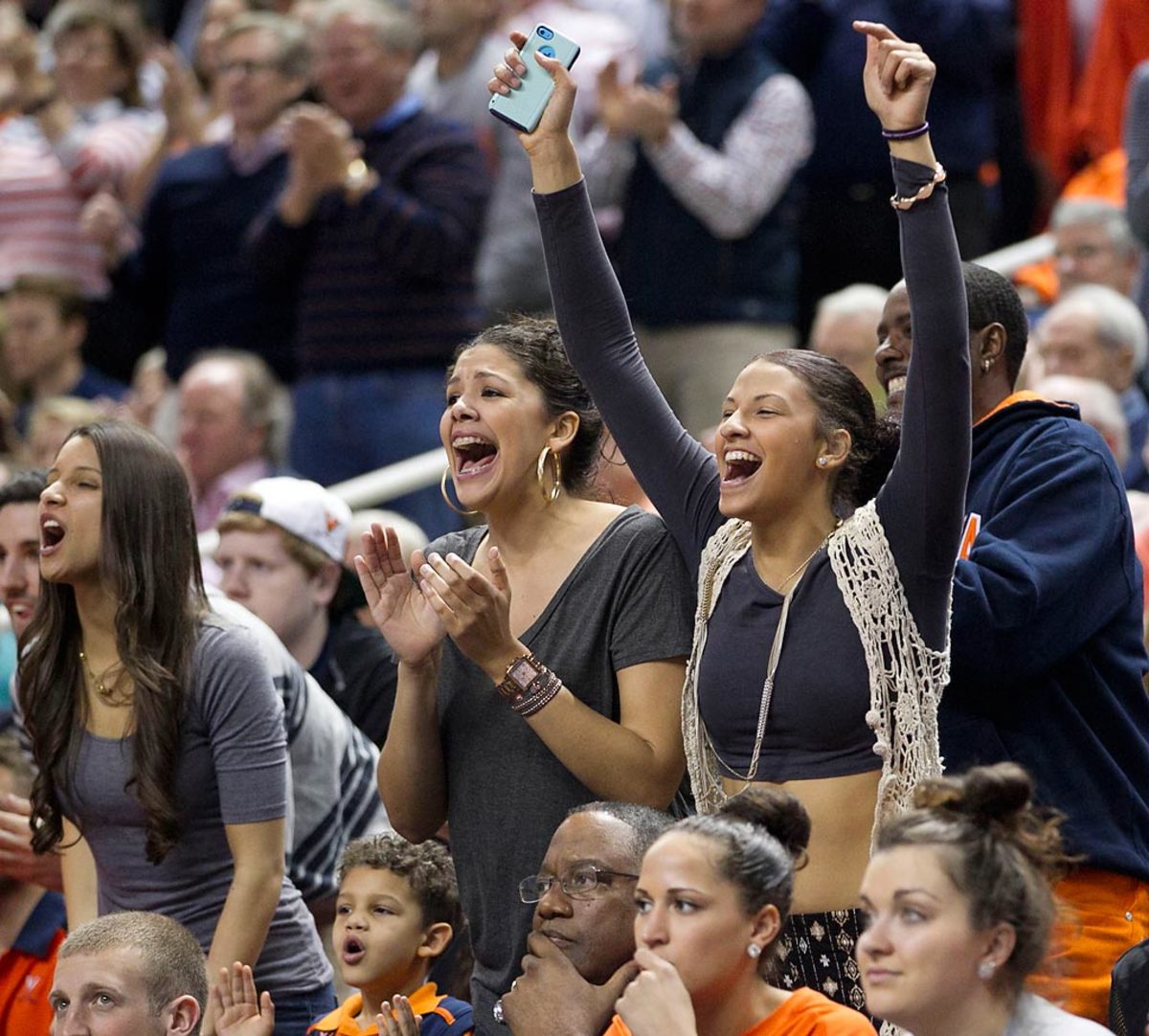
Wisconsin Badgers
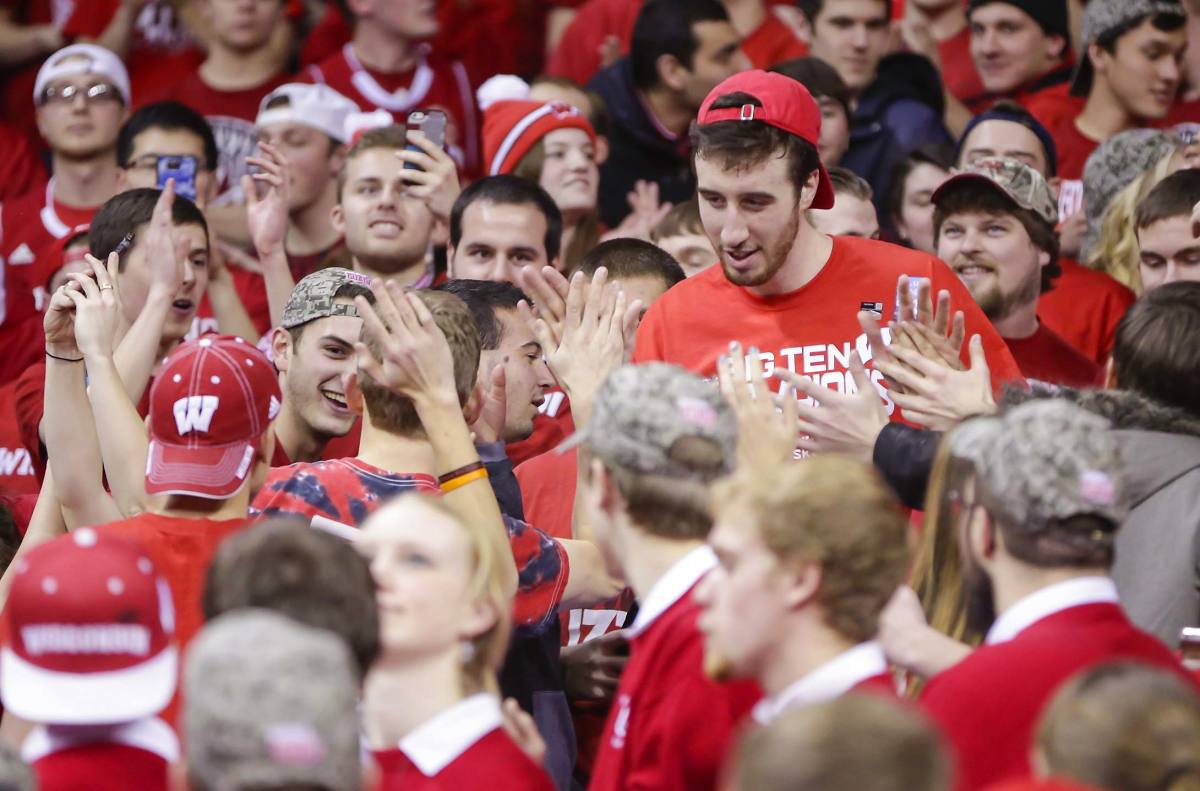
Wisconsin Badgers
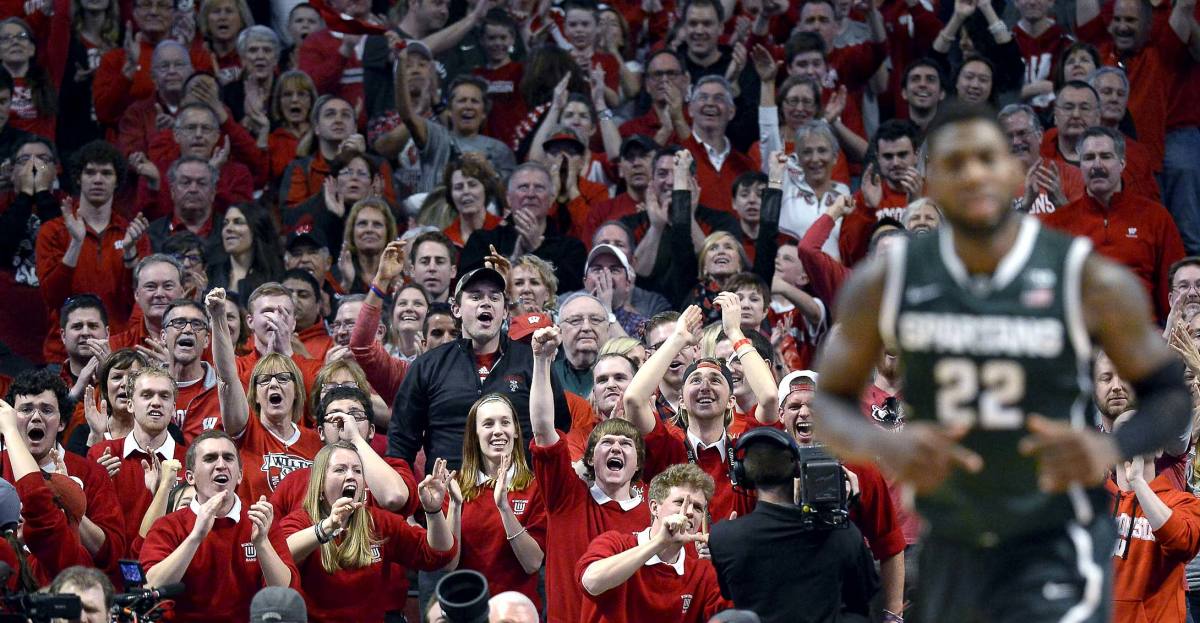
Arizona Wildcats
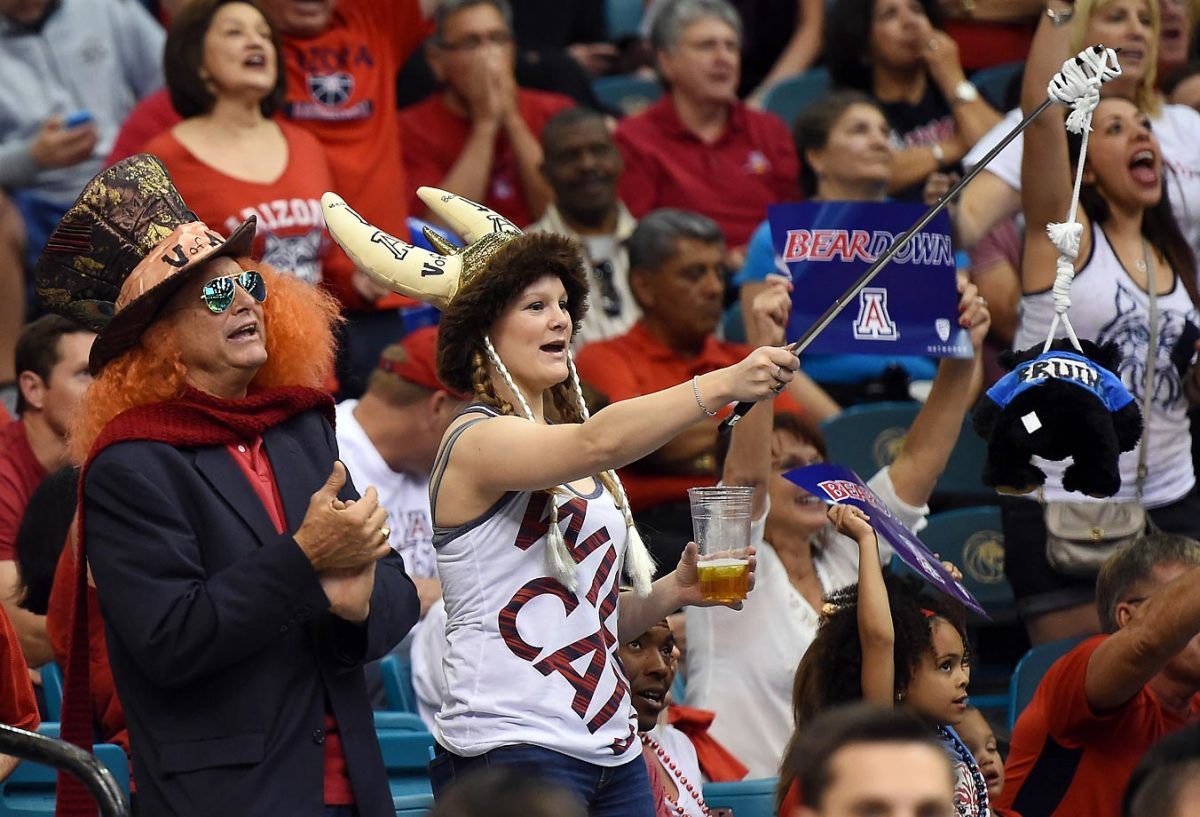
Arizona Wildcats
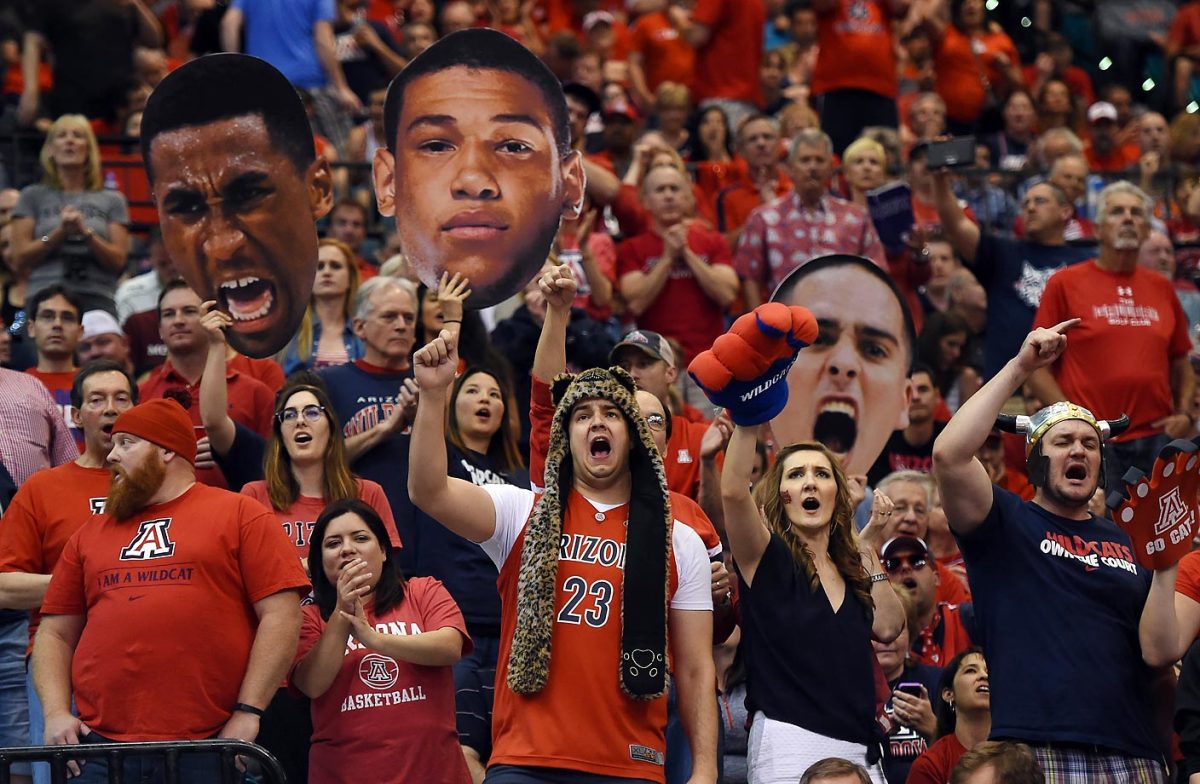
Arizona Wildcats
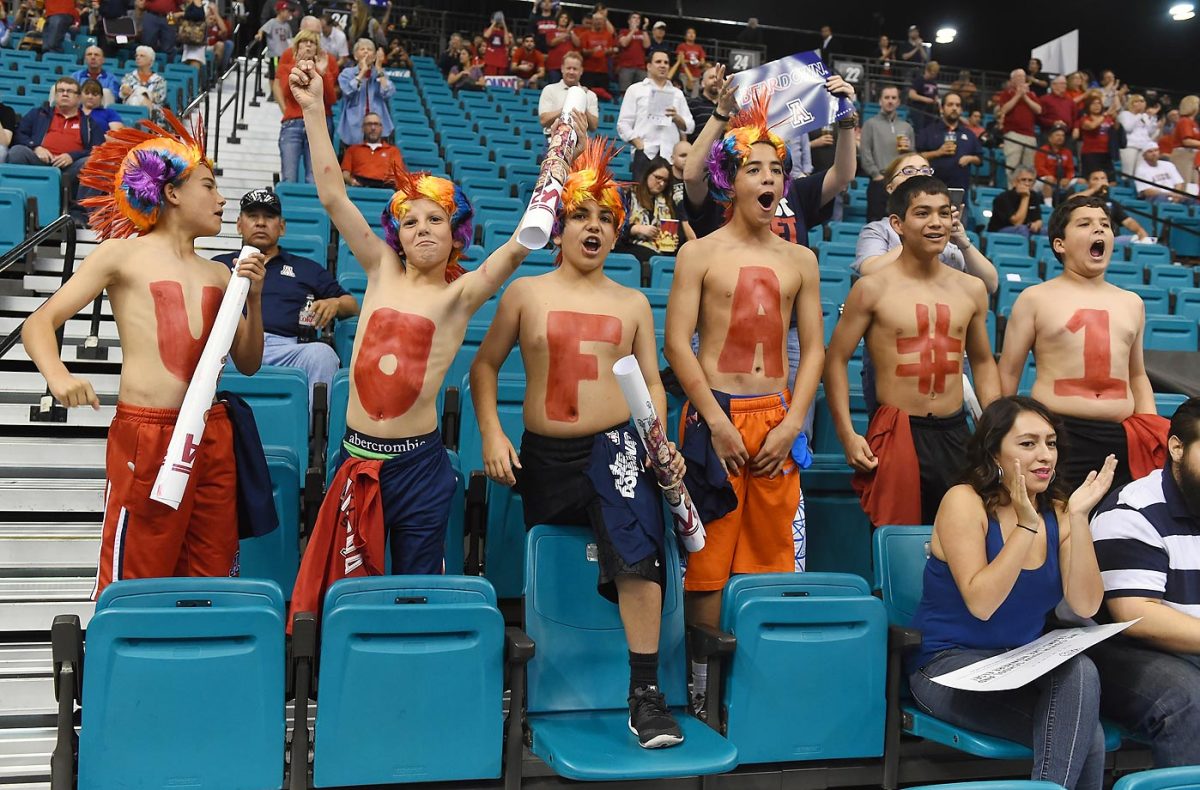
Kentucky Wildcats
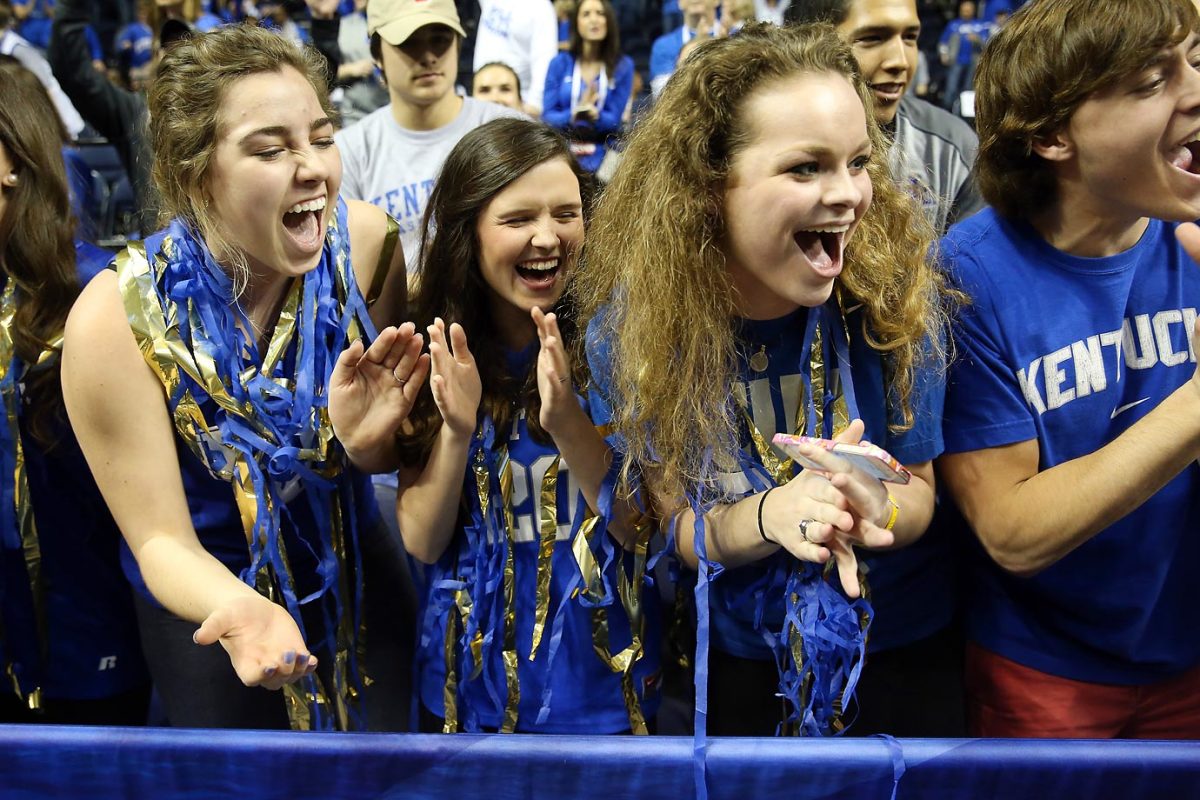
Kentucky Wildcats
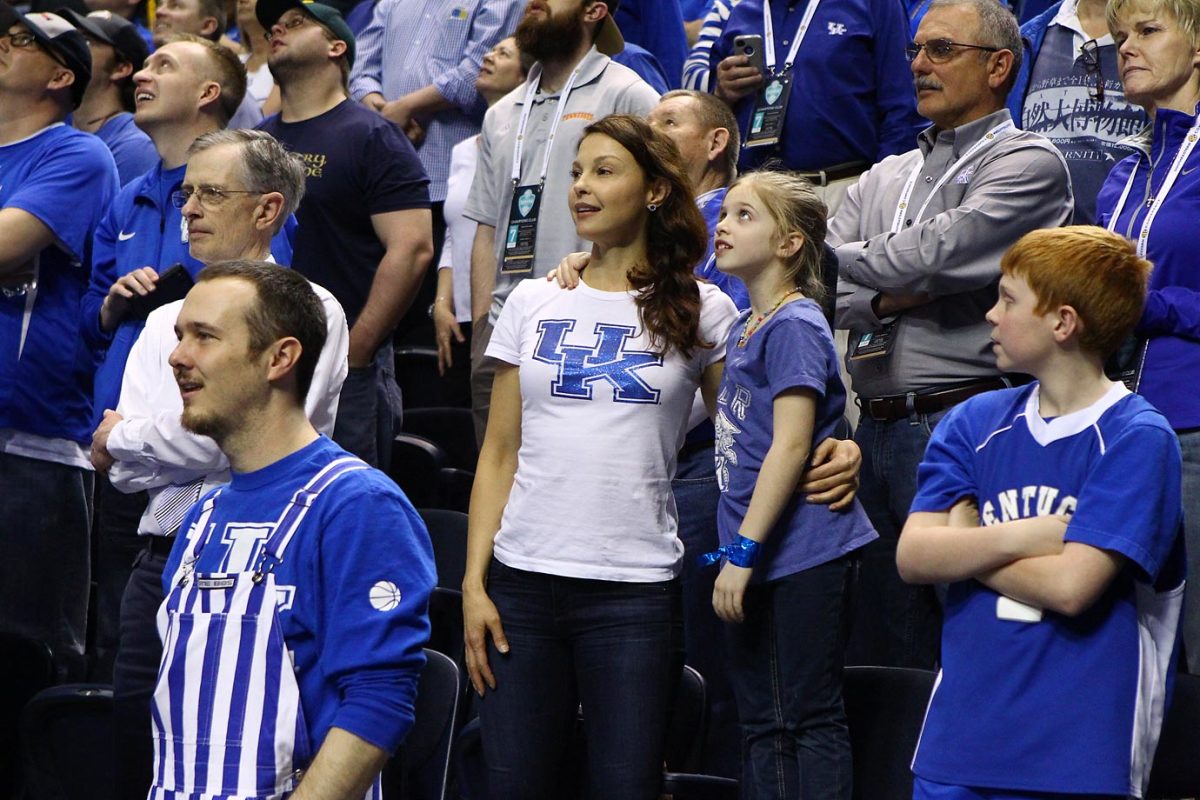
Kentucky Wildcats
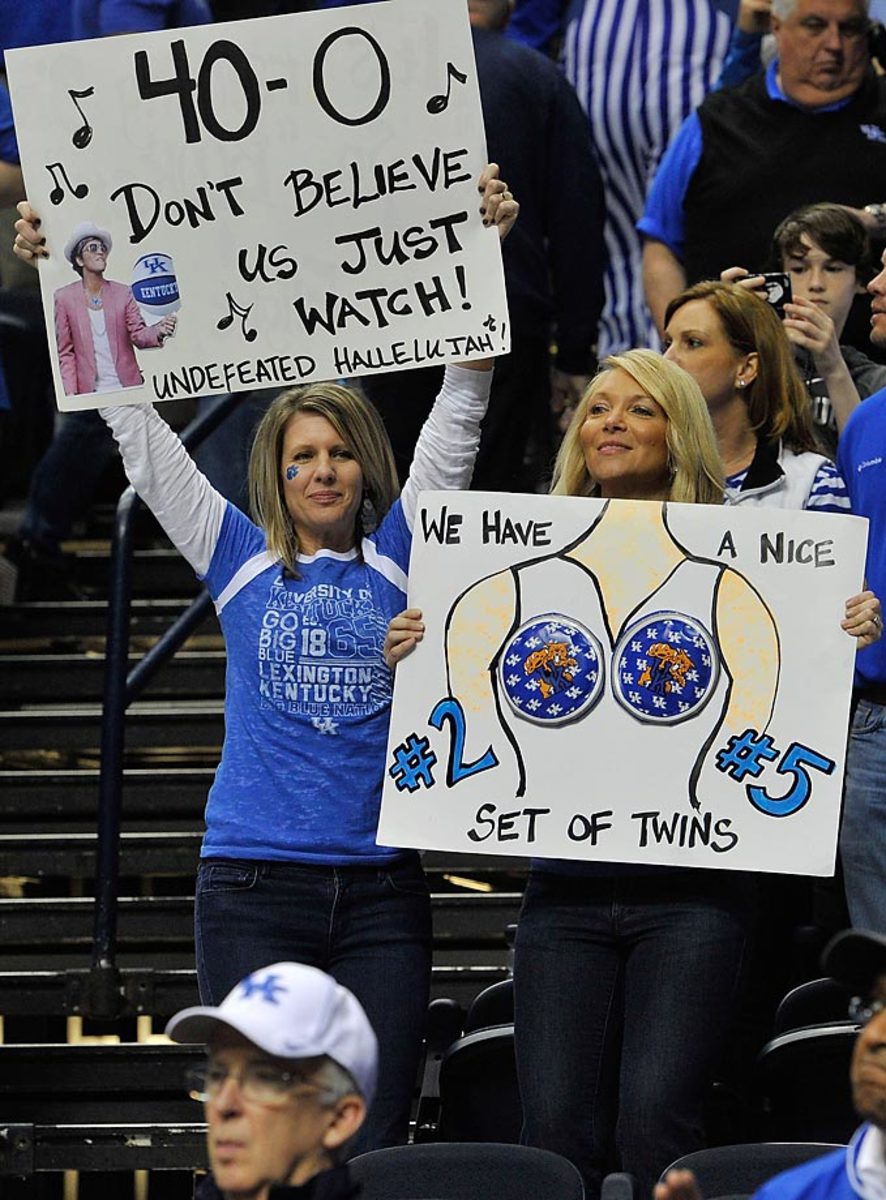
New Mexico State Aggies
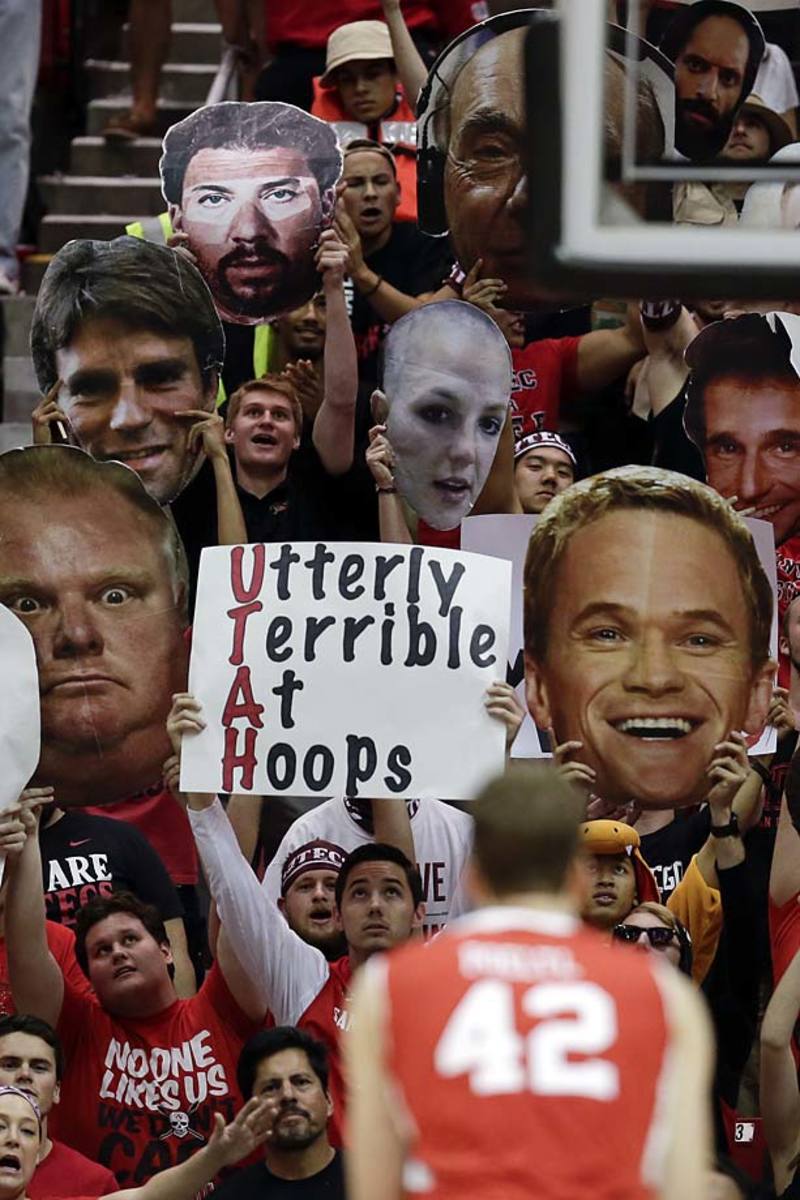
Buffalo Bulls
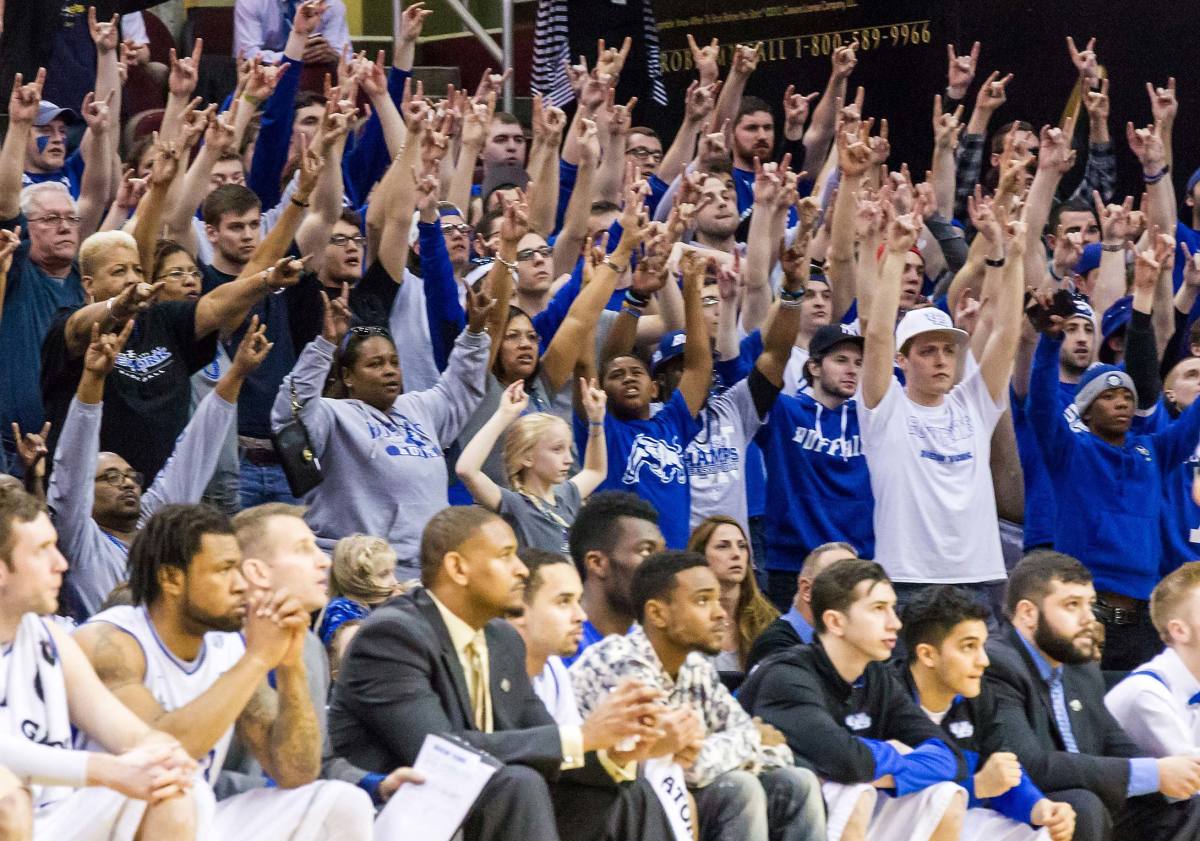
Iowa State Cyclones
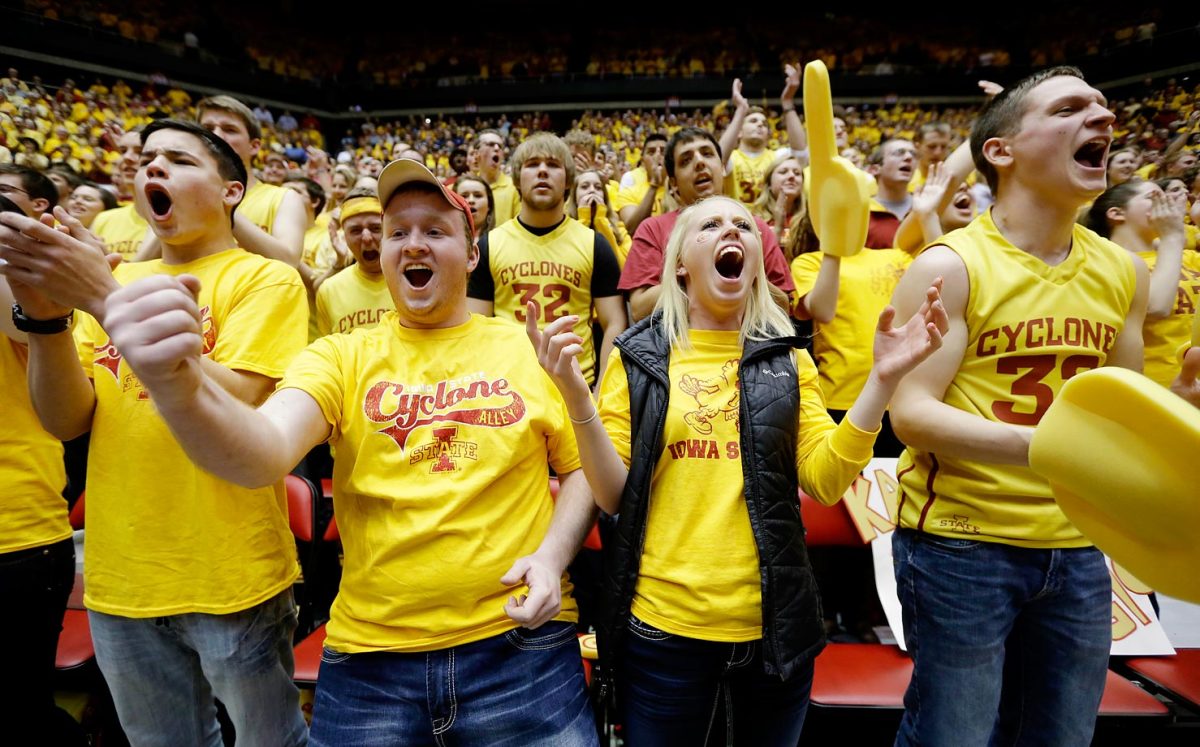
Iowa State Cyclones
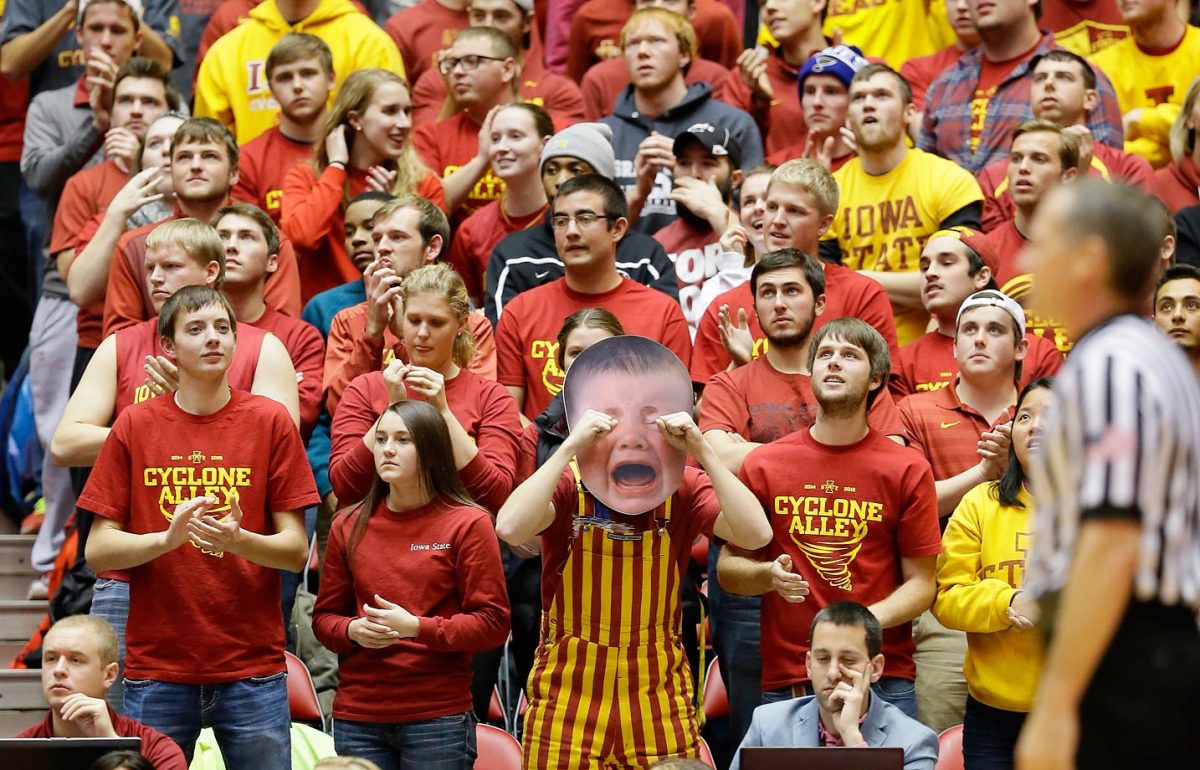
Coastal Carolina Chanticleers
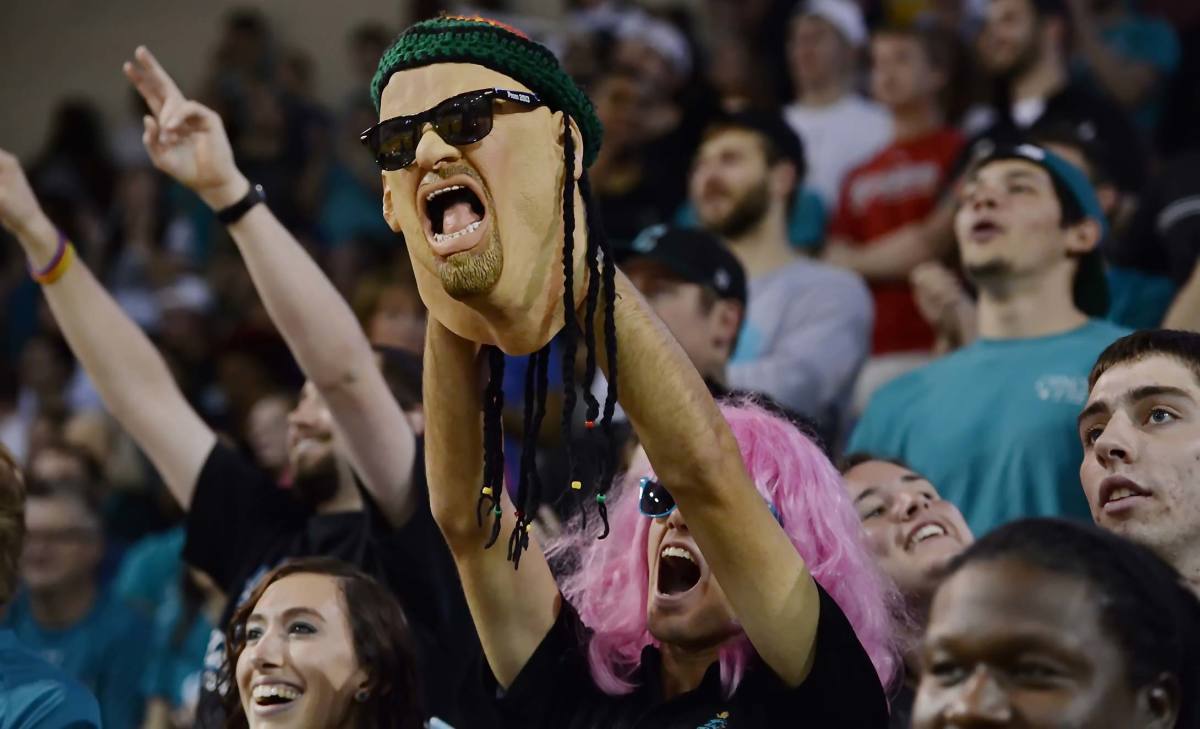
Coastal Carolina Chanticleers
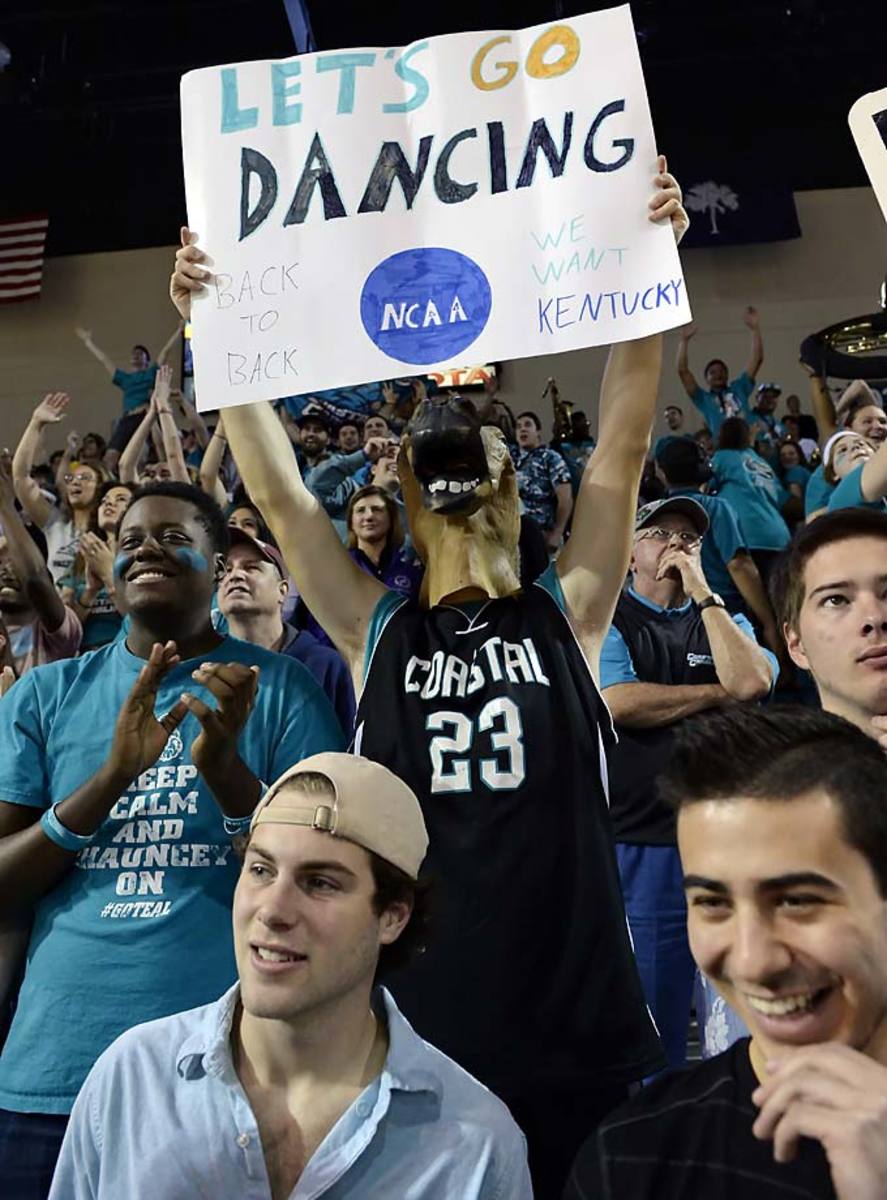
UCLA Bruins
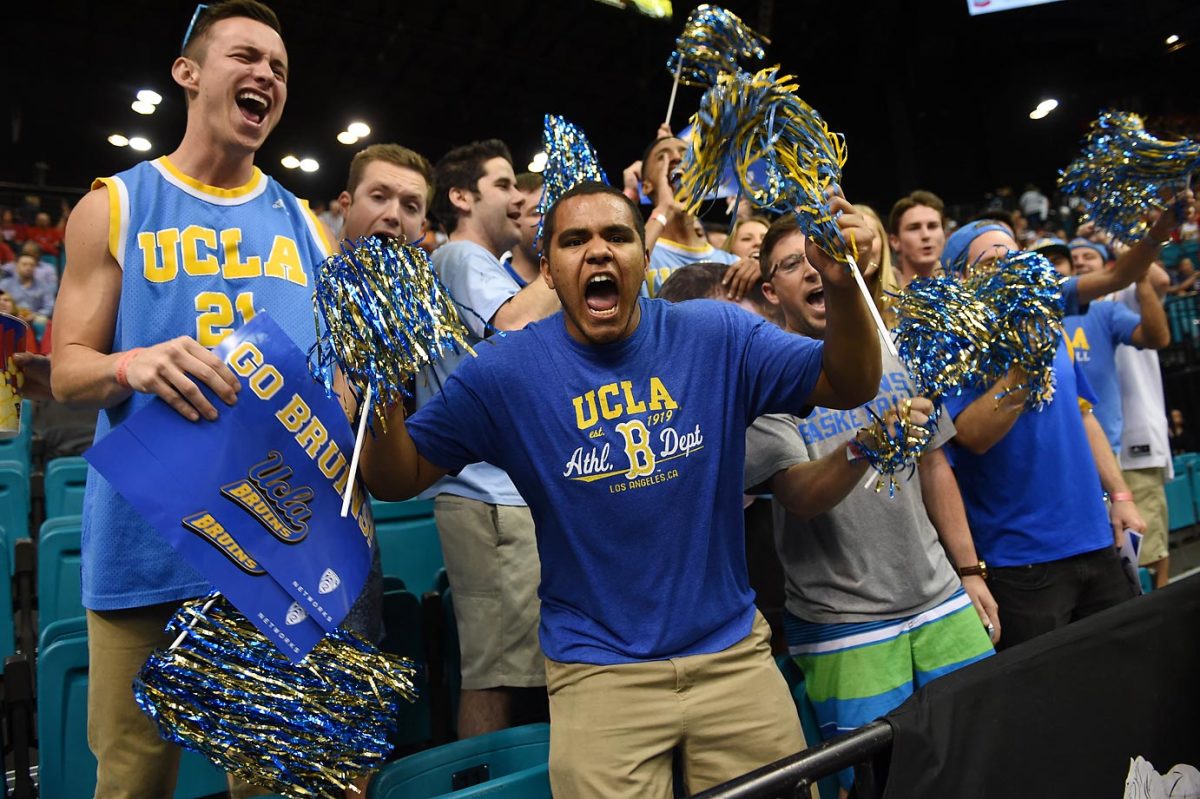
UCLA Bruins
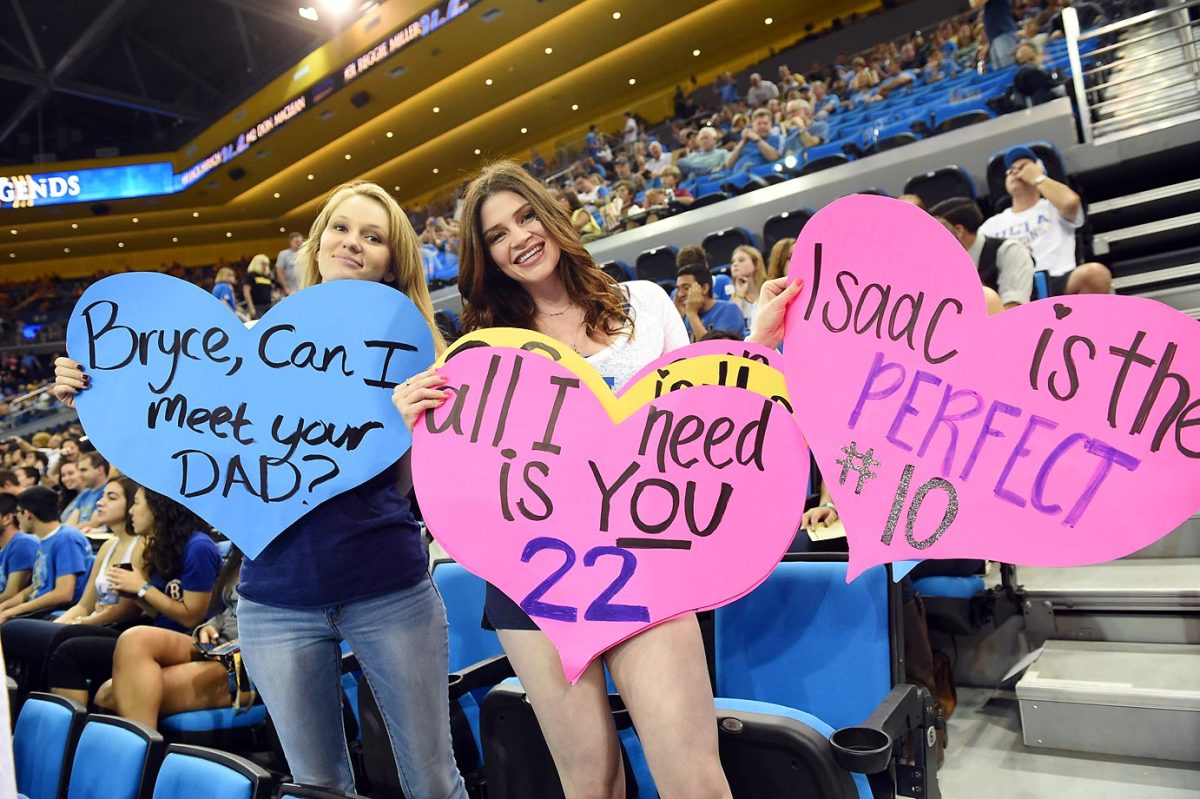
Oregon Ducks
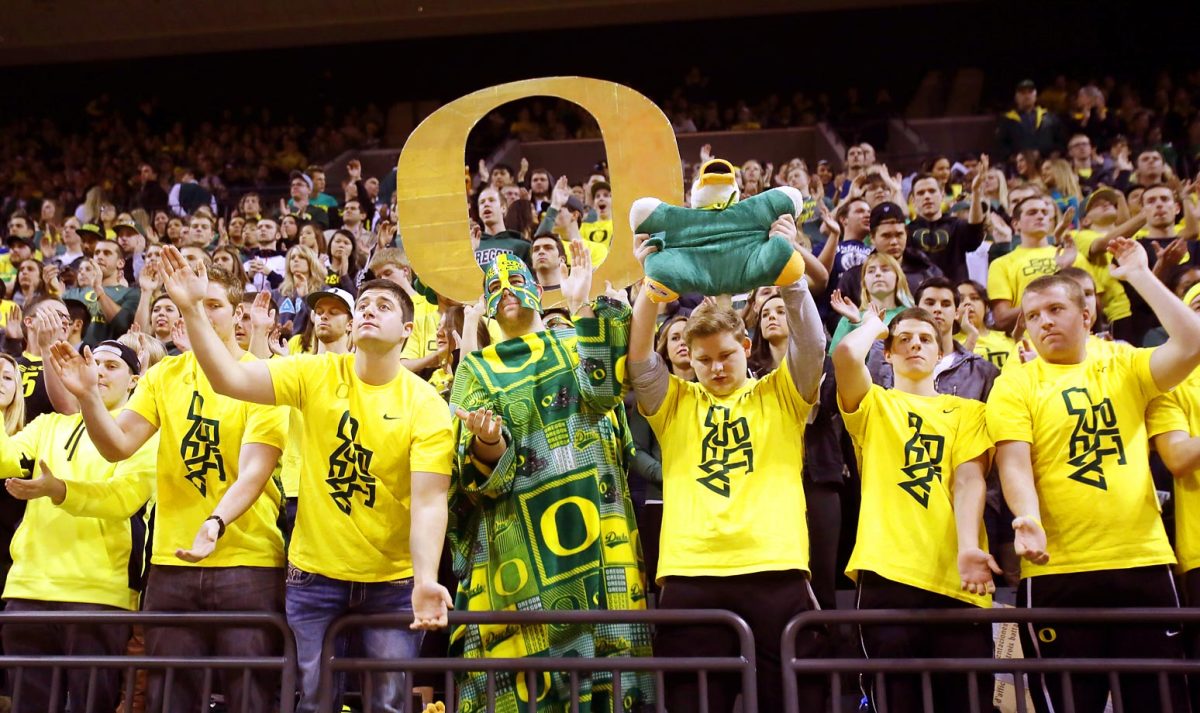
Oregon Ducks
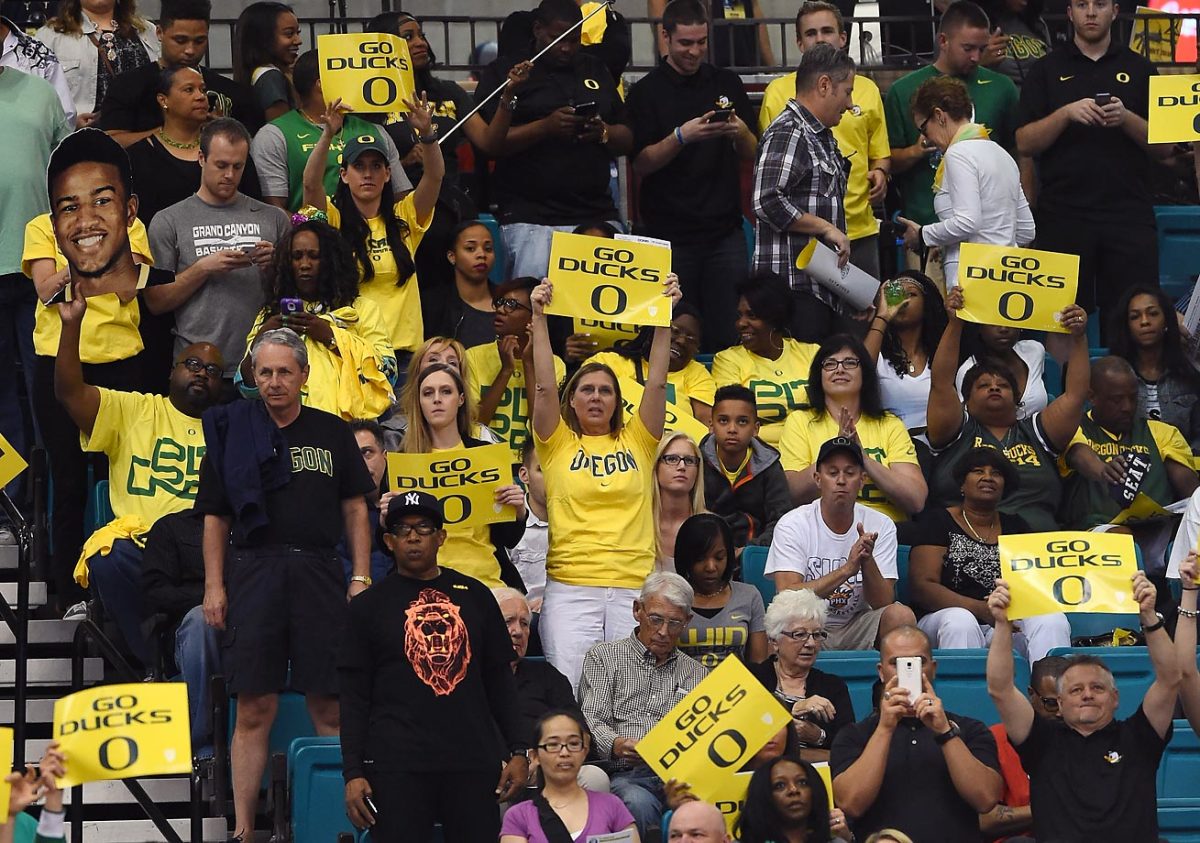
Louisville Cardinals
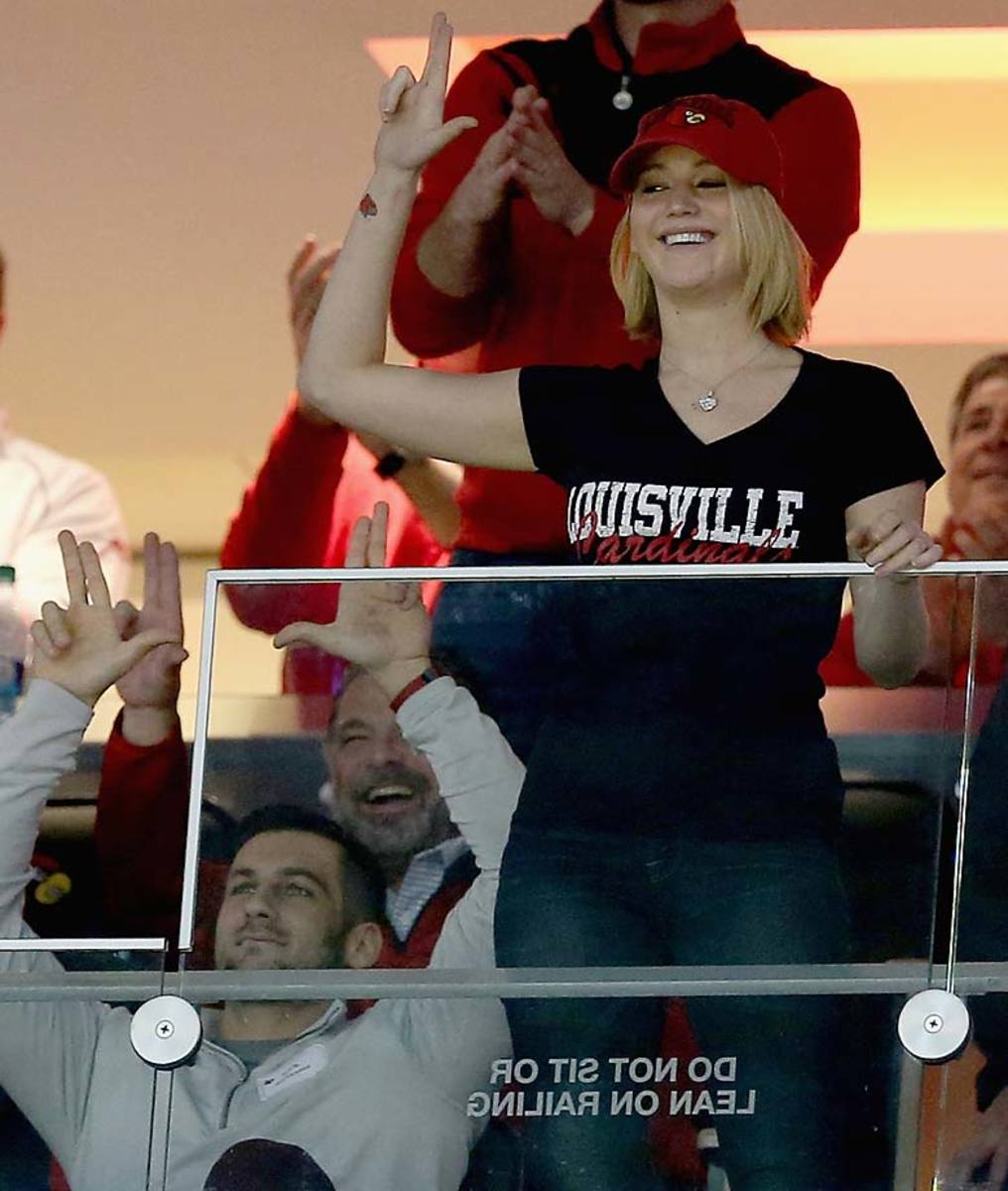
Jennifer Lawrence
Louisville Cardinals
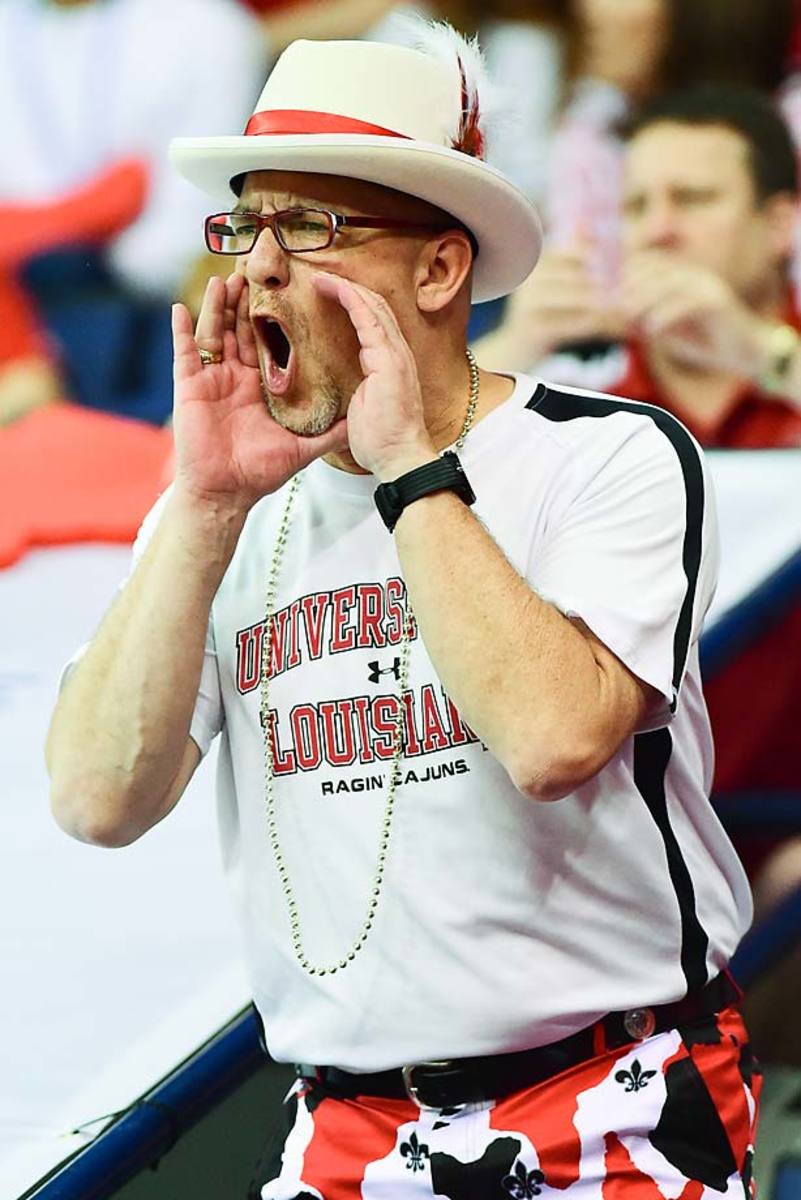
Iowa Hawkeyes
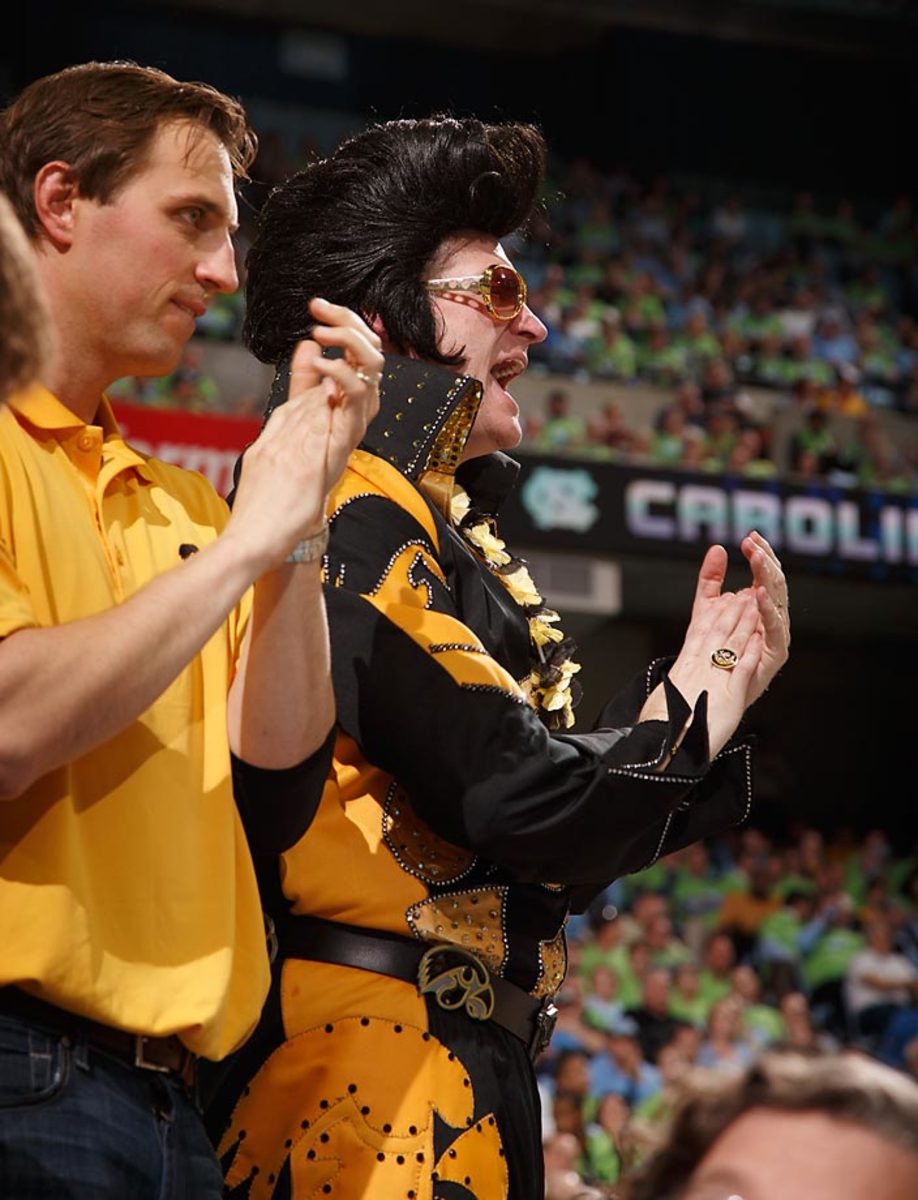
Michigan State Spartans
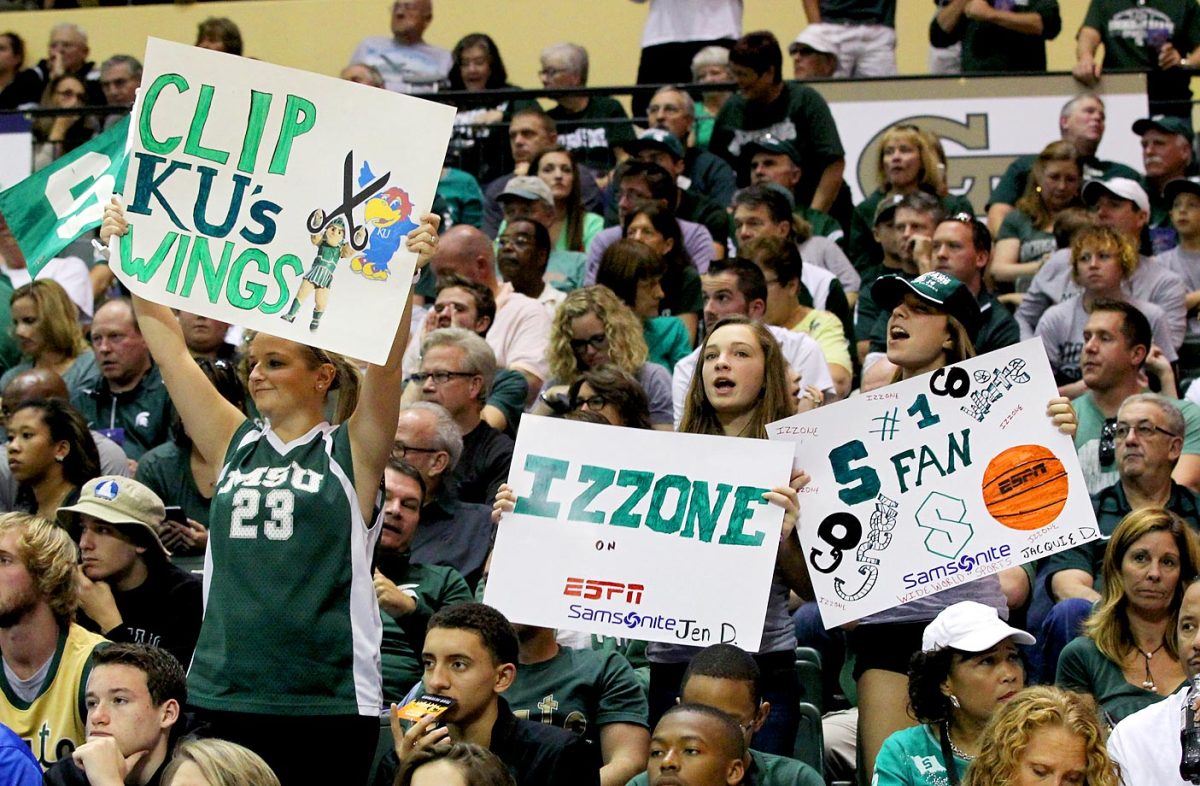
Mississippi Rebels
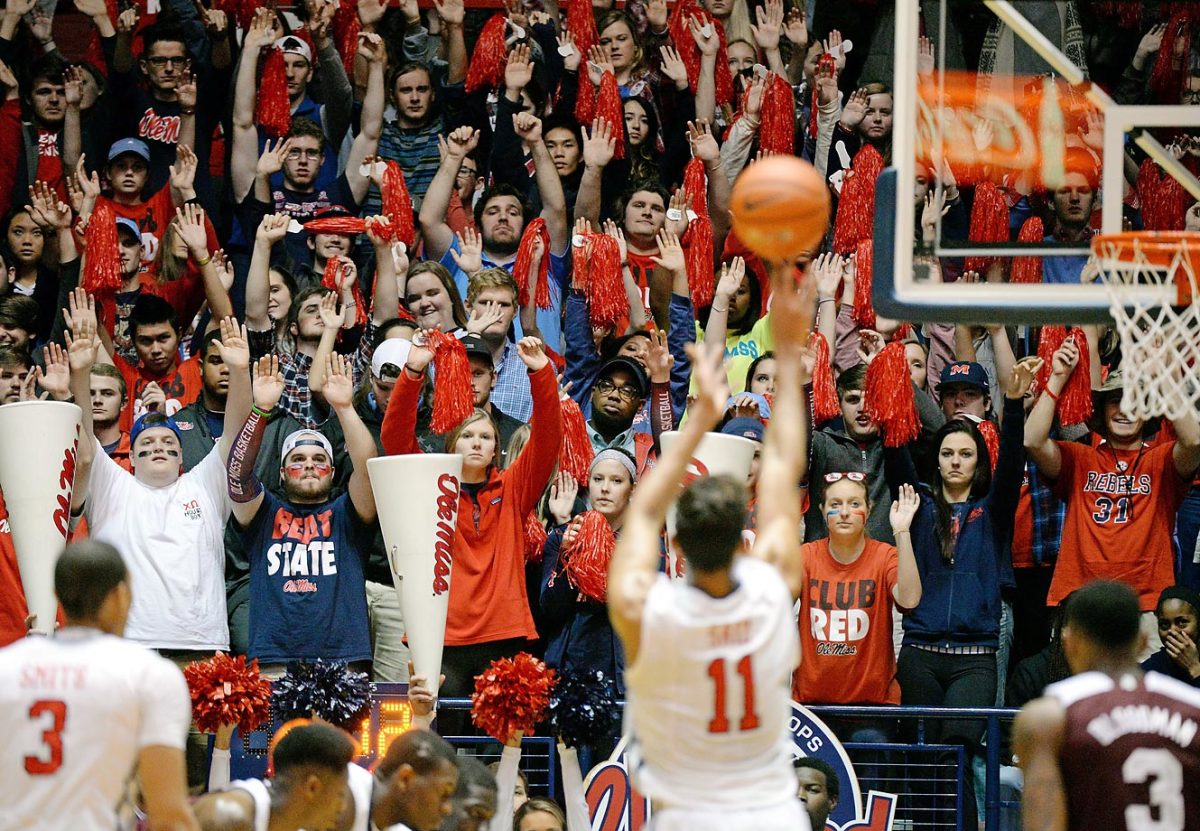
Ohio State Buckeyes
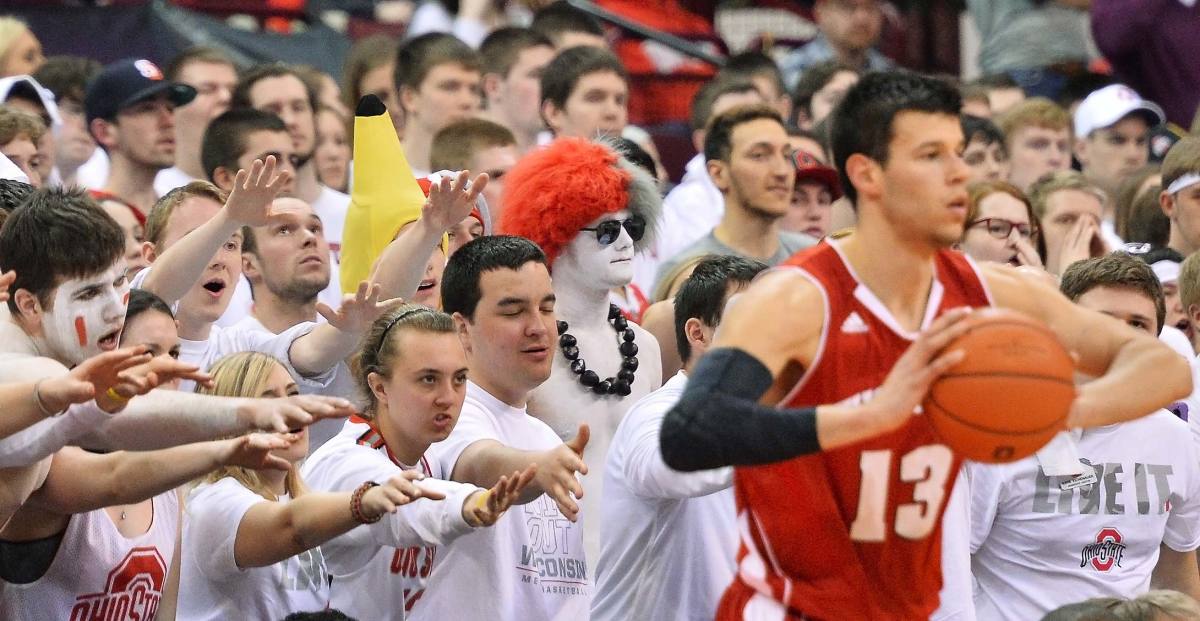
Purdue Boilermakers
